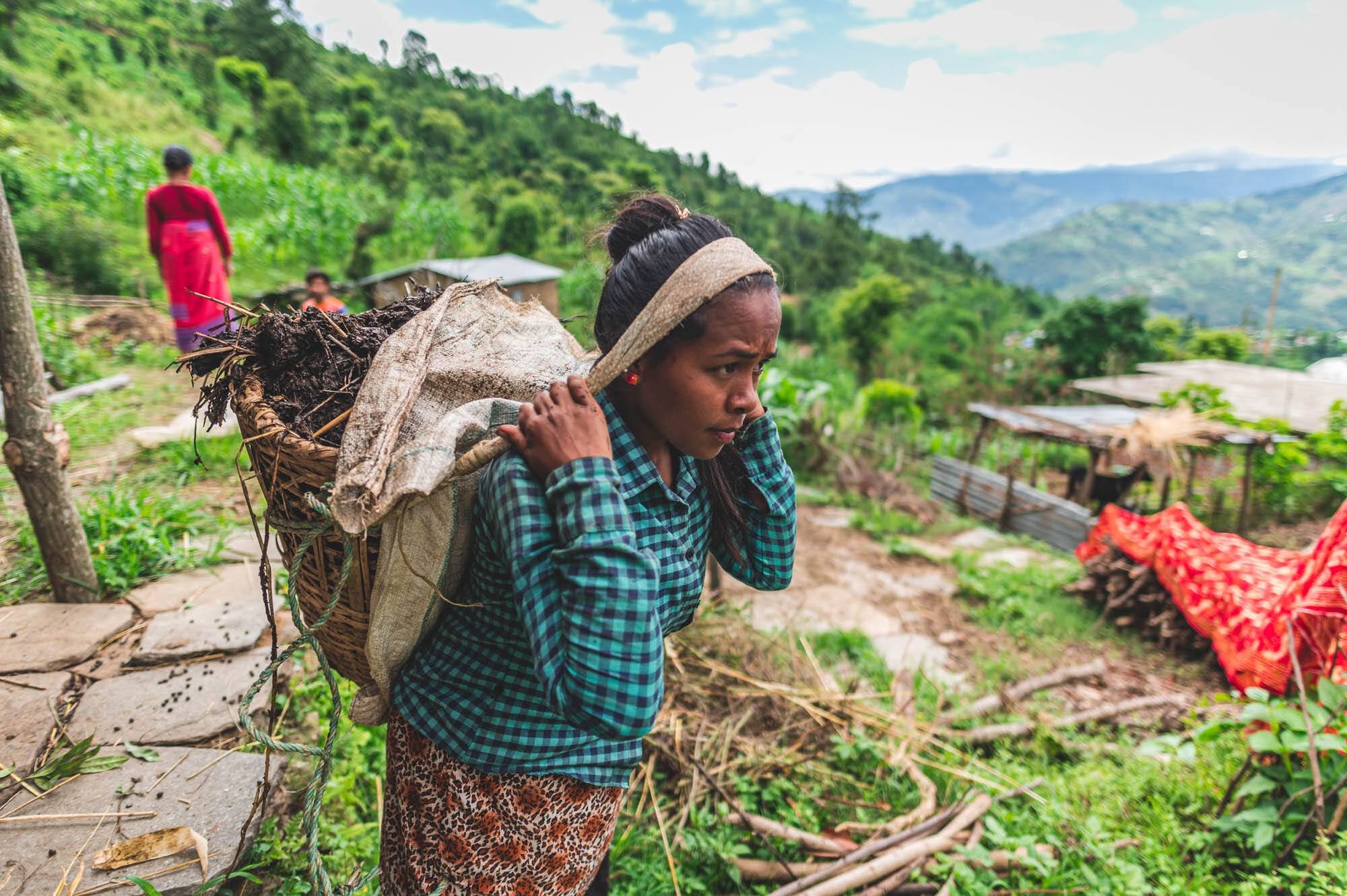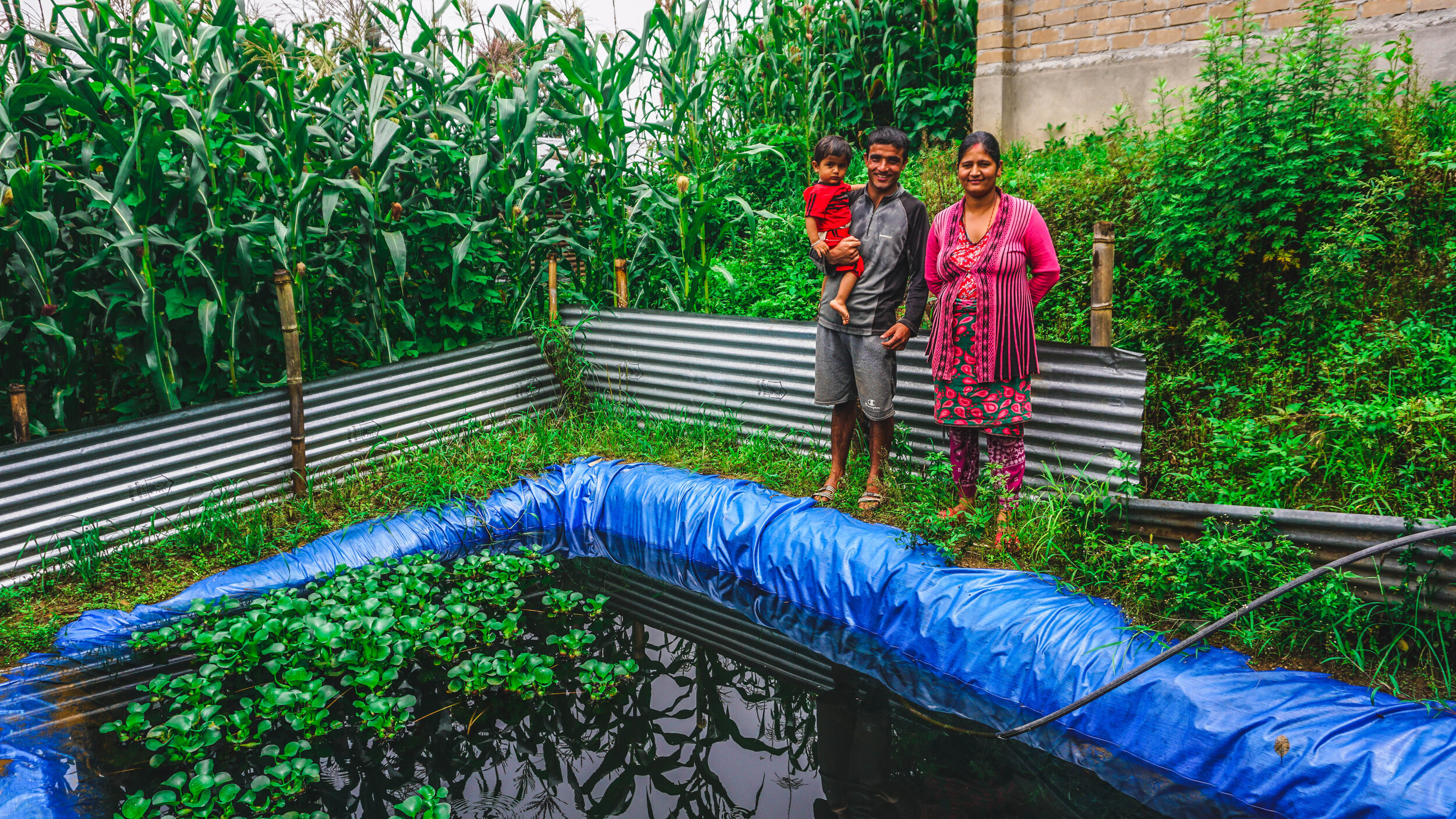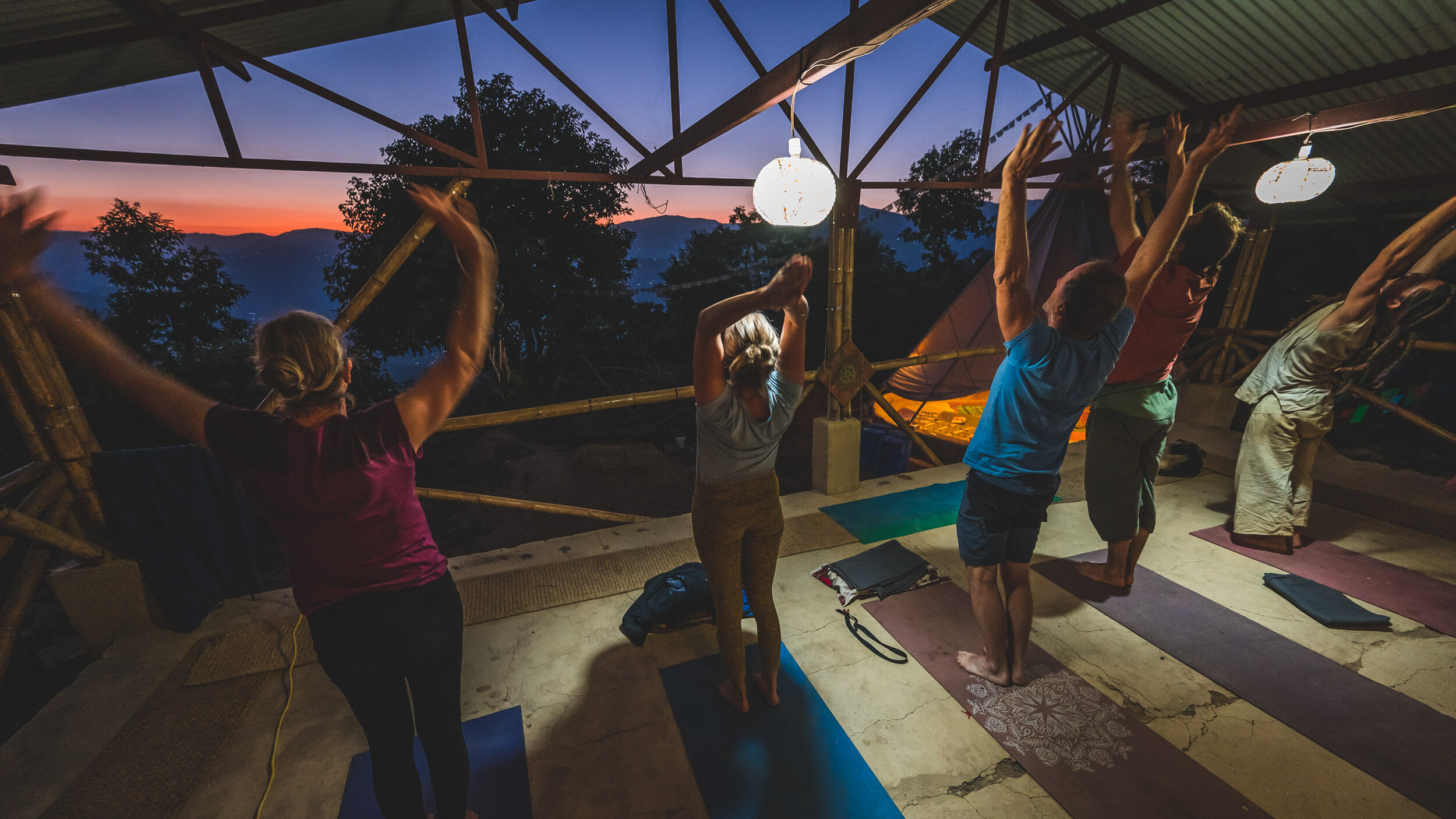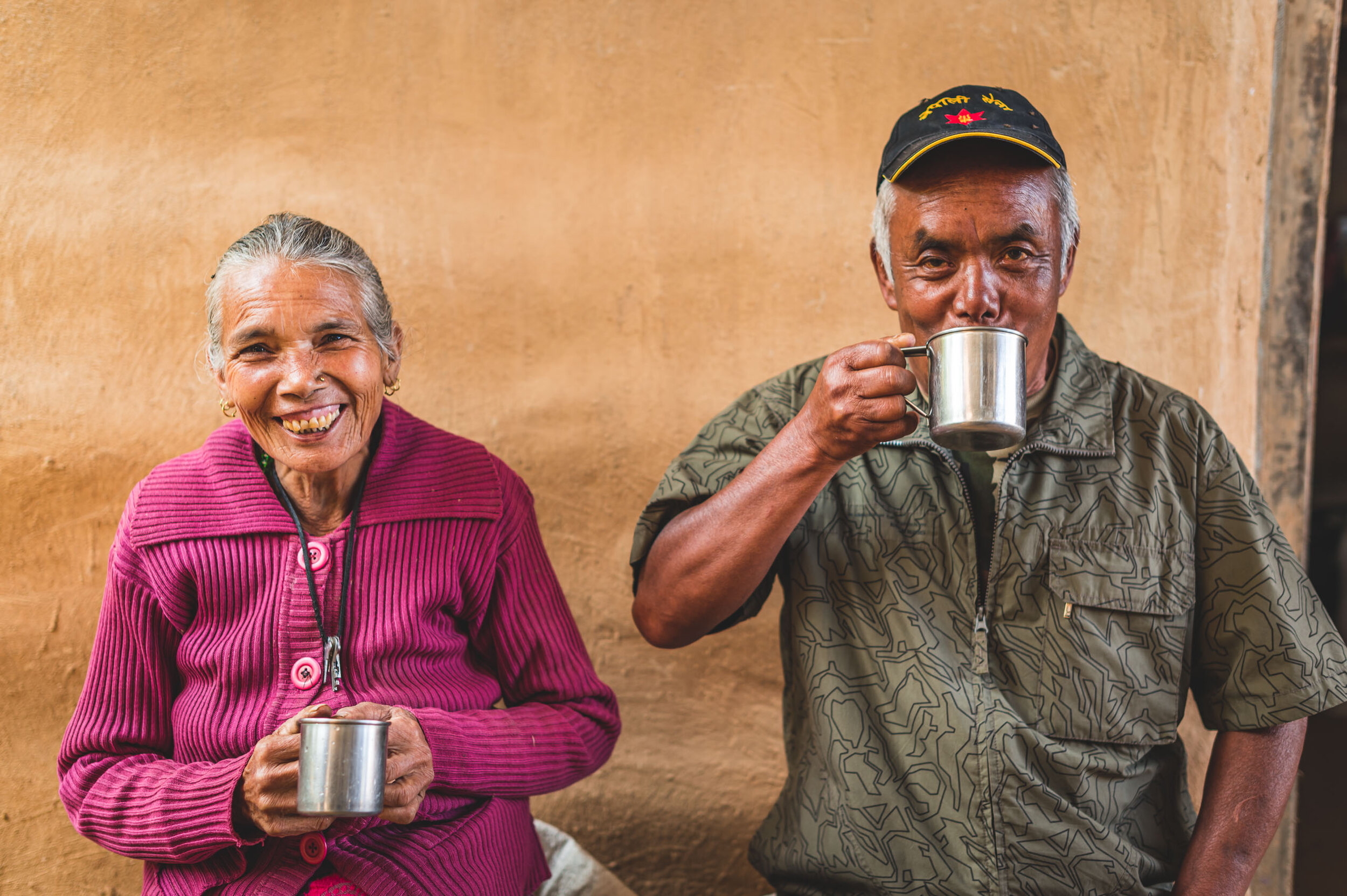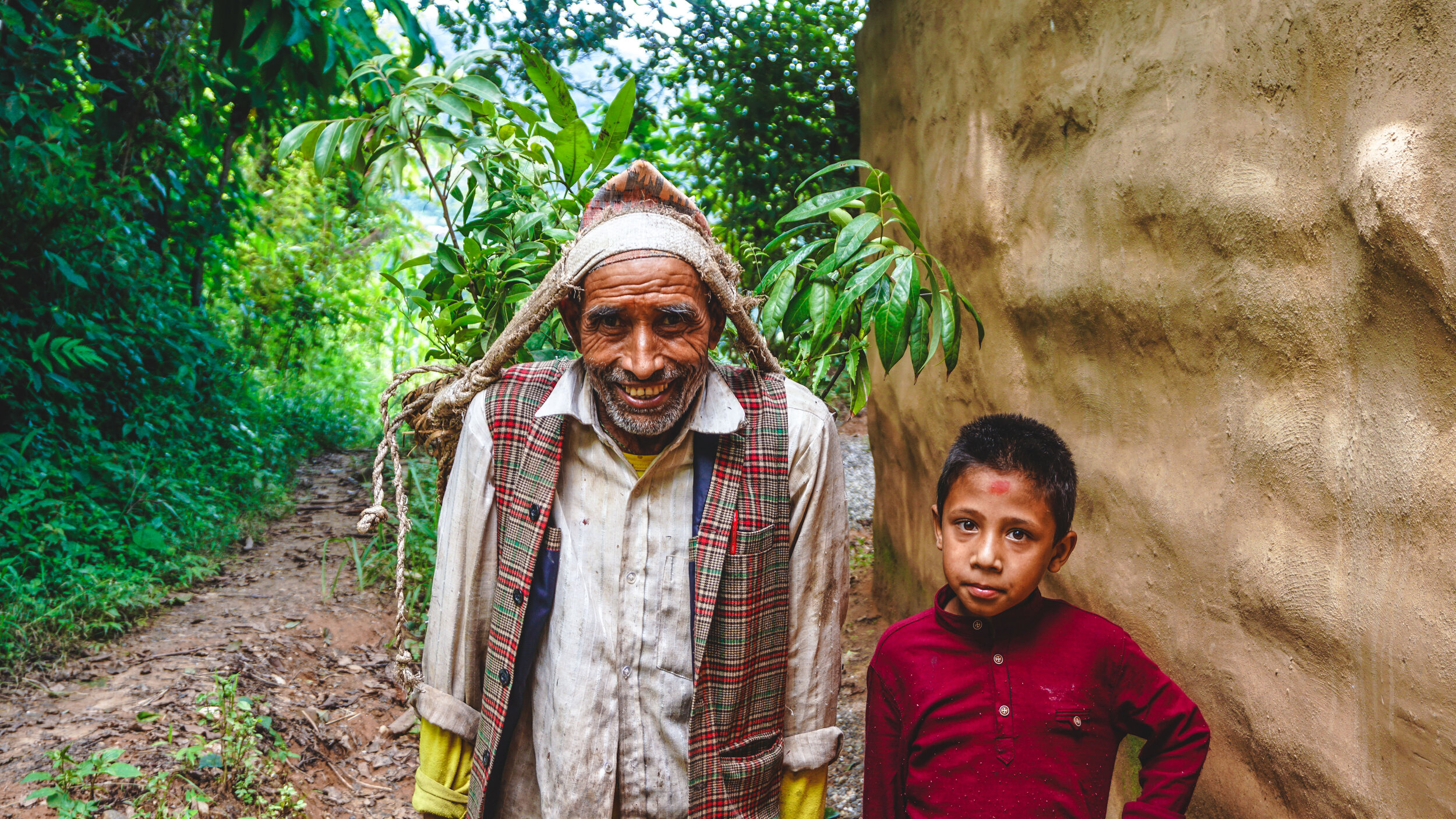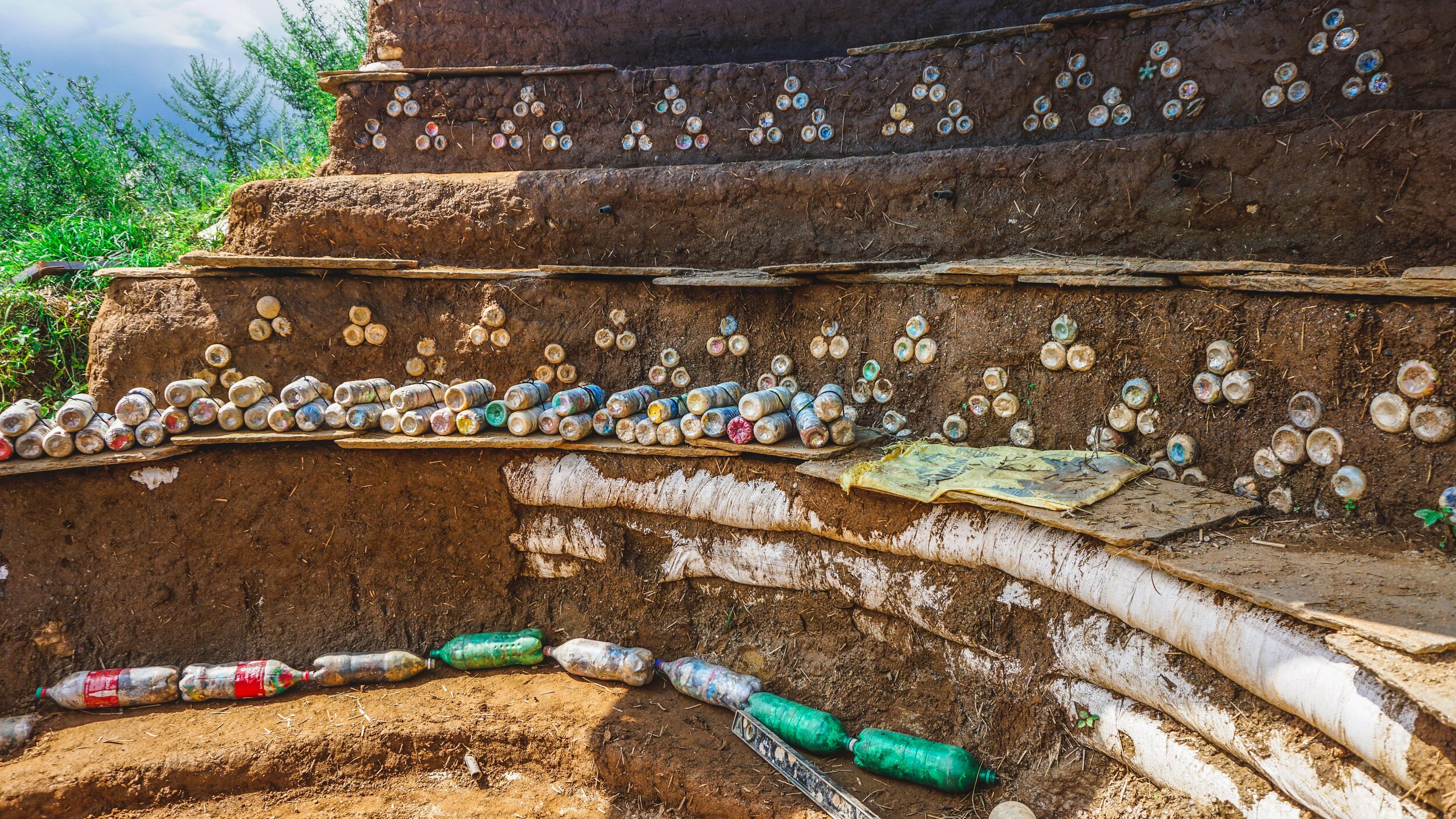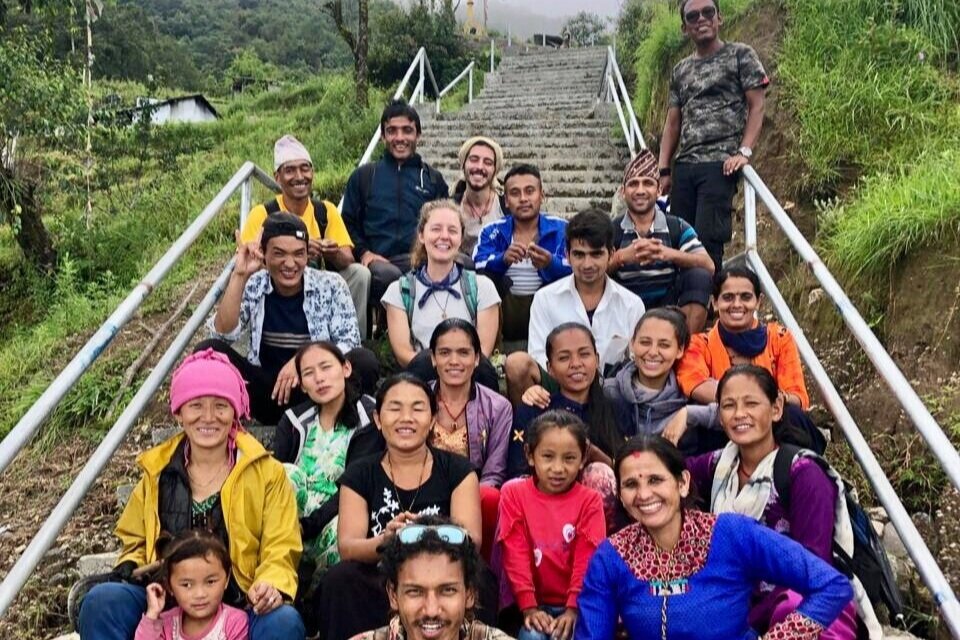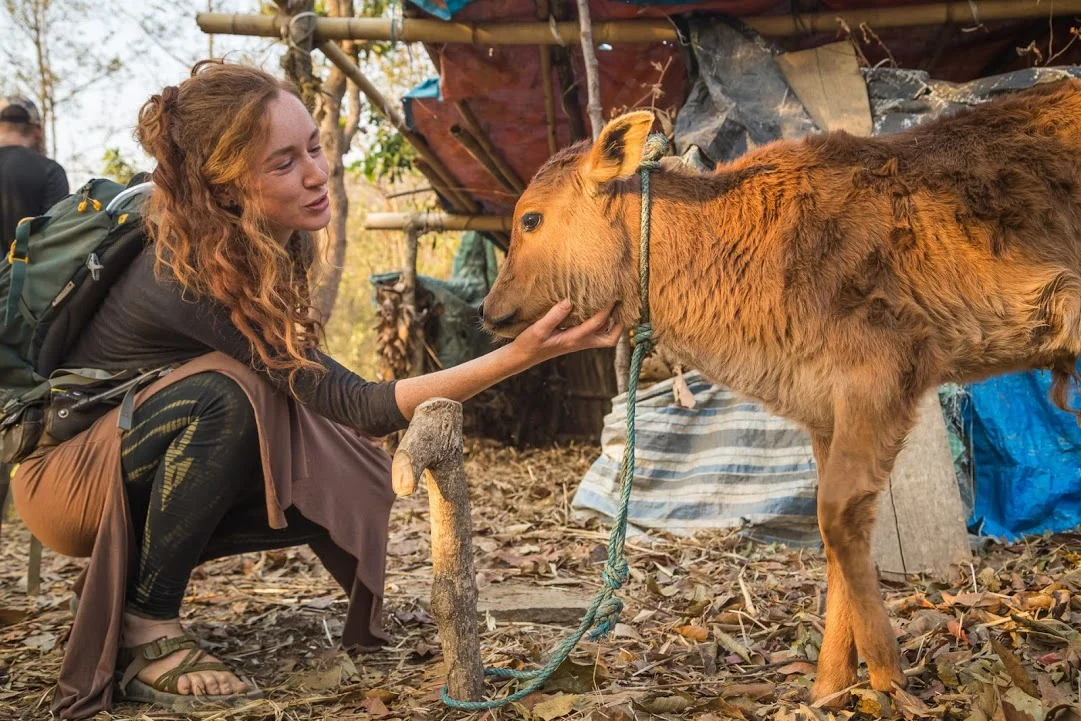PROVIDE 400+ PEOPLE WITH WATER.
The village of Bimire sits at 1200 meters elevation overlooking the town of Melamchi and the Indrawati River valley. To the north sits the majestic Langtang Mountain Range, with snow-capped mountains at over 7,000 meters. Our first ever community project, the Siddhartha Primary School, was constructed in Bimire in 2016 with more than 16,000 earth bricks. Far from any main roads, Bimire families often have a harder time getting supplies and selling their produce to the bigger market towns. Despite that, they are a very active and strong community consisting of Magar, Dahal, Acharya, and other ethnic groups, and we have always been close with this community of friendly, hard working, and diverse people.
This nearly 100 household village is known for producing organic vegetables and some of the hardest workers around. The village of Bimire is where our first community project was completed and now we will partner with Bimire again to provide 400+ people safe and secure drinking water.
one water project complete & now 30 more households need water..actually wait, 80+ households!
Last year when we completed our first ever drinking water distribution project in Takure, we hoped for many things to happen: (1) increased access to water, (2) increased equity in water access, (3) community relationship building, (4) community capacity building and (5) for the government and other NGOs to learn alongside us how to effectively and efficiently provide clean water to this region. The Takure Water Project was a huge feat, taking 8 informal community access points and building a system that would support 96 households to simultaneously have access to water in their own homes. After the completion of this project, the local government, Indrawati Gaunpalika and Ward 4 officials were so impressed by the project that they asked us to support a drinking water project for a small community in Bimire of 30 households. The best part: they would partner with us and have an available budget for the project!
We quickly called on our water engineer and project manager, Krishna Adhikari, to start with a community wide meeting and needs assessment. In doing so, we discovered that the 30 homes initially requested were only a portion of the homes needing a new water distribution system. After speaking with the local government, we expanded the project to include 82 households (also expanding the budget) and conducted a feasibility study and community meeting to set an implementation plan for the project.
Community-wide meeting to establish an implementation plan and create community committees to manage the project.
THE CURRENT WATER SITUATION IN BIMIRE.
For the 400+ people that reside in Bimire, water challenges are constant. There are three sections of the community, an upper 25 household neighborhood and two lower neighborhoods consisting of around 27 households each. The upper community has one water source (natural spring) established, however it is downhill from the community, meaning that each day families walk to fetch water in plastic and metal jugs, taking up to 2 hours of work every day. Fetching water is typically done only for domestic use, and does not provide anything for agriculture.
The lower neighborhoods have access to around 4 water sources (natural springs) with community access points (or taps), however the system is disorganized and inequitable. Furthermore, the community taps are a long distance from some households, thus families still need to spend time daily to fetch water.
Community leader, Shiva Rana Magar, sits in front of the 1 established reservoir tank that stores around 10,000 liters of water. This tank, plus another that will be constructed during the project, will store water from the source to enable the community increased access to water.
A community access point (or tap) located below the upper neighborhood of Bimire where families fetch water every day or do laundry and dish washing, as pictured here.
Imagine for a moment, every bit of water you use in 1 single day.
If you are a rural Nepali farmer your list would look something like this: water to drink, water to cook (local families cook rice and lentils for 2 meals each day, both of which require water to cook), water to wash dishes, water to clean, water for showering and hand washing, clothes washing, and not to mention watering your garden that provides food for your family or giving water to your cow that produces milk daily (thus income for your family). Our assessments show that a family in Bimire on average uses 165 liters of water per day. If your house was a 10 minute walk downhill from the spring source, and you could on average carry 20 liters of water per trip (20 kgs or 40 lbs of weight), you would spend around 3 hours per day to fetch water.
Now imagine you are kid that could be studying for those 3 hours instead of fetching water and you can see the disparity caused by water limitations.
Our assessment also shows that on average each family in Bimire needs more water than the 165 liters per day, that they actual need 250 liters of water per day to accomplish their household and agricultural tasks. We are partnering with this community to make their water challenges something of the past.
This new distribution system will also allow the community to purchase access to a new spring that is about 1 km above their community. This will allow the system to be gravity fed to each home, making for easier design and longevity.
A young boy in Bimire fetches water in a metal jug that he will then take home for his family to use.
WE NEED YOUR HELP!
In order to make this project a reality, we are fundraising $18,000 USD which combined with the $5,300 USD government contribution and $1,500 community contribution will be able to supply 400+ people with drinking water for years and years to come. It will enable 82 households to have increased water access and more secure water supply allowing them to produce more agricultural products leading to better income. This is a life changing project for the community of Bimire and we need your help to make it happen.
We are looking for fundraisers and donors for this project. Do you think your friends and family would be supportive of supplying water to 400+ people in rural Nepal? Become a fundraiser today! If you don’t have the time to fundraise with us, consider being a donor. Any amount helps us reach our goal and puts us closer to making Bimire’s water challenges a reality of the past.
Each donation supports Nepali families to access water
$50 brings clean water to 1 person
$200 buys one truckload of sand
$300 brings clean water to 1 family
$1500 brings clean water to 5 homes
$3000 brings clean water to 50 people
PROJECT BUDGET BREAKDOWN
TOTAL BUDGET $24,800 USD
OUR COMMUNITY INFRASTRUCTURE PROGRAM SERVEs COMMUNITIES’ NEEDS AND DESIRES while building capacity and resilience.
When we first began our rebuilding work in 2015, we were not always sure what our work would look like, but we knew we wanted to be in support of community resilience and capacity building in addition to supporting the reconstruction of physical buildings. Our Community Infrastructure program allows communities to request the support they need to make change in their own communities, on their own terms. These projects are community-led and participatory which is a really inspiring process to watch and be a part of. Each household is required to fulfill volunteer work days or contribute to the project in some way. Community members volunteer to take on leadership roles for the project implementation and oversight and to ensure community participation and longevity of the project.
Krishna Adhikari, head engineer, and community leaders creating a resource map for the community of Bimire.
These projects are a beautiful and inspiring process, and we are grateful to have the support from so many people around the world to watch this process unfold, evolve, and impact communities positively.

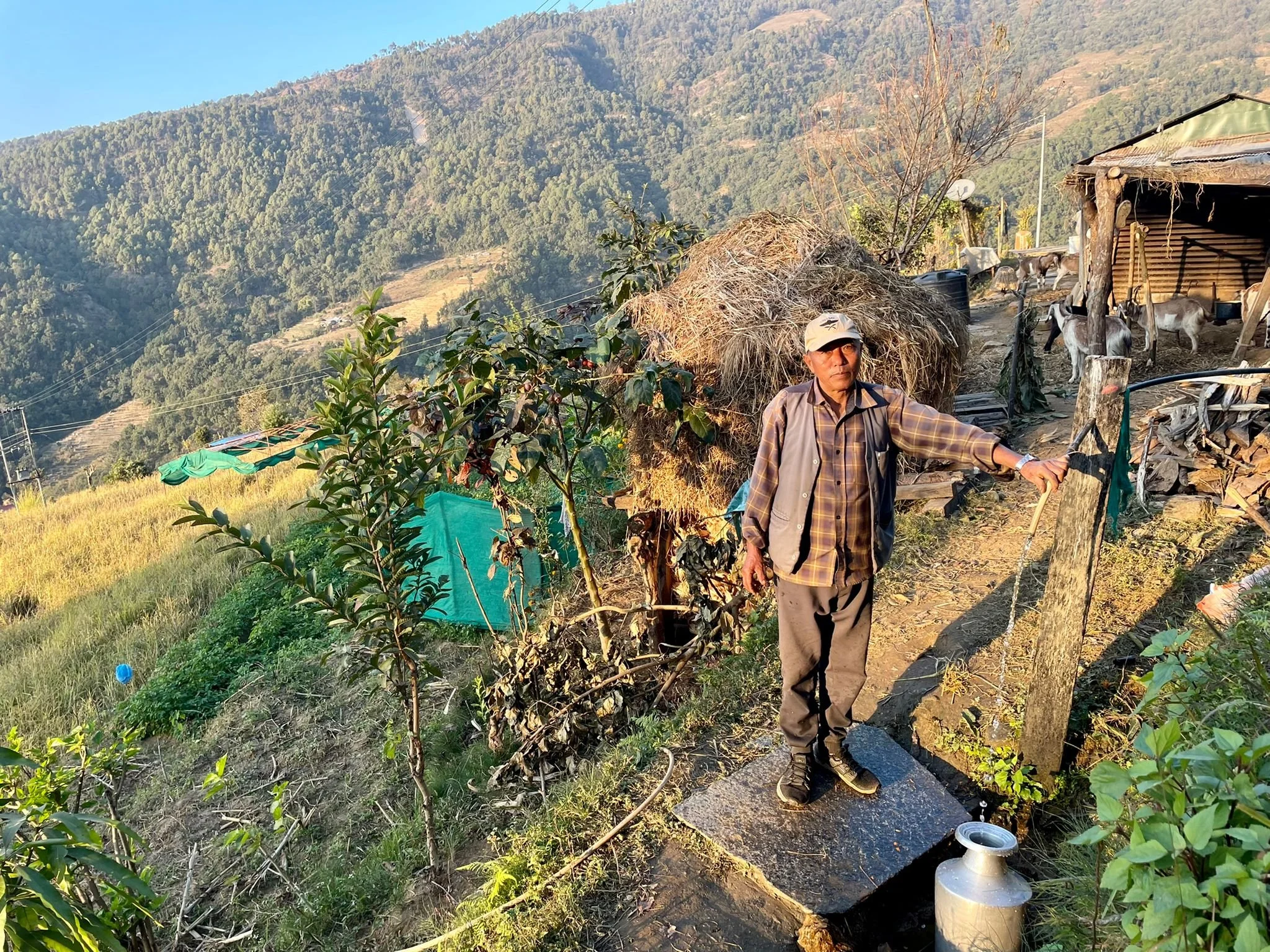








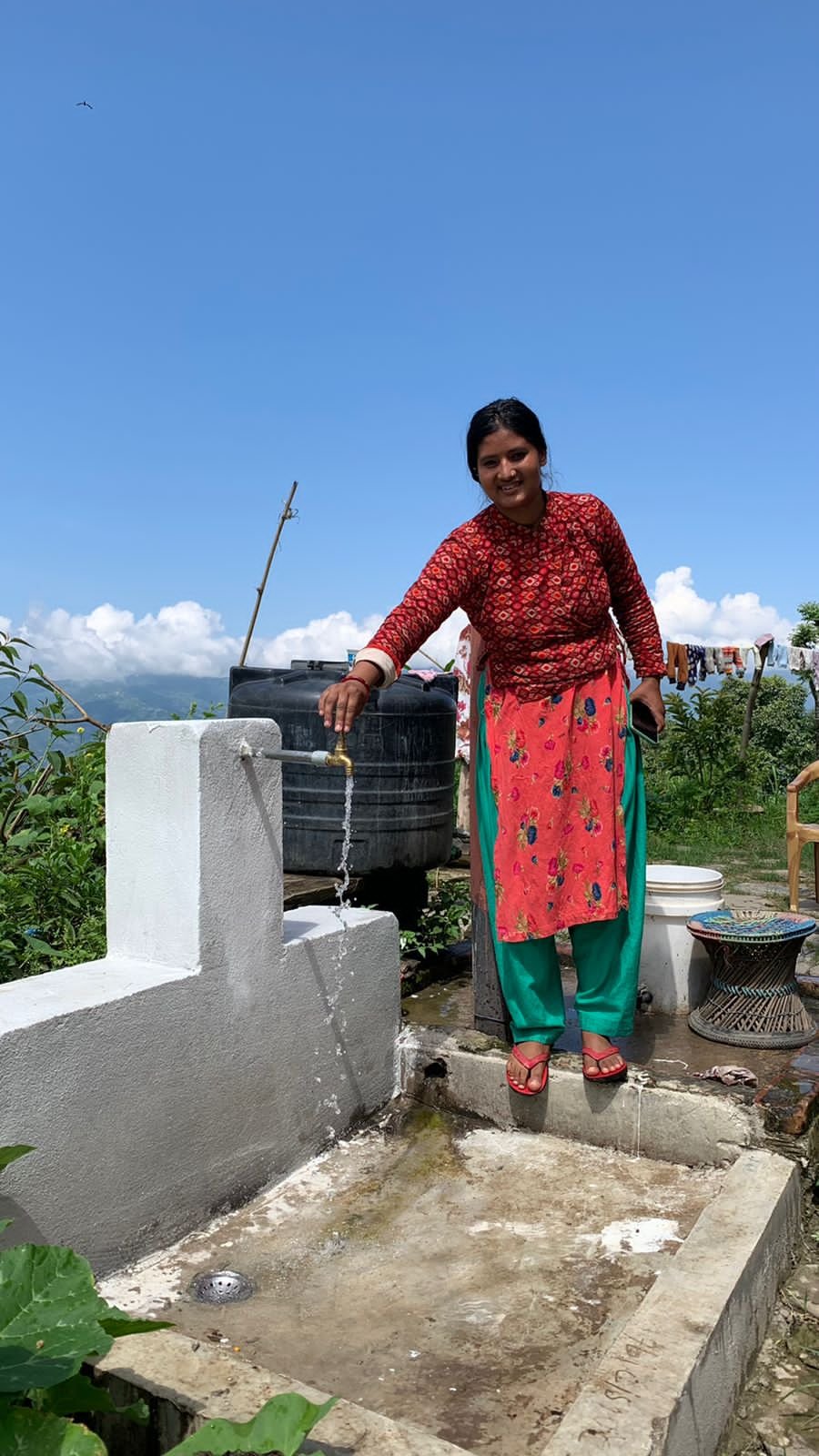
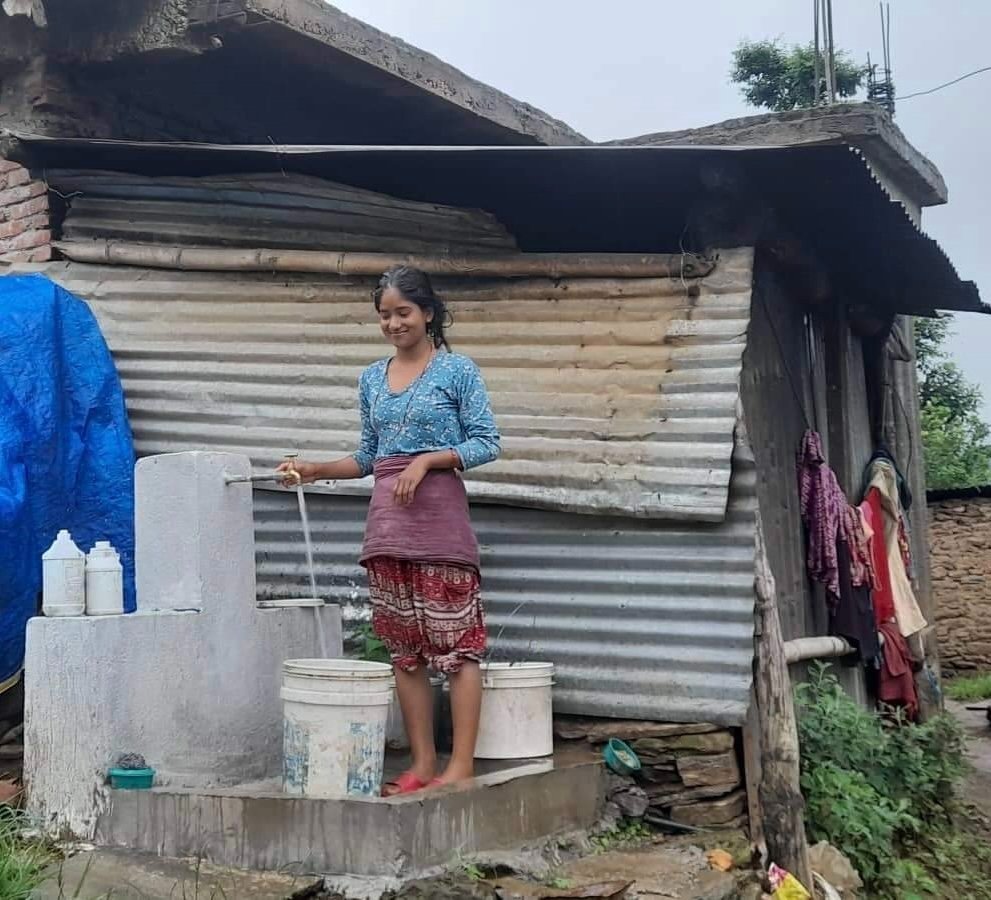
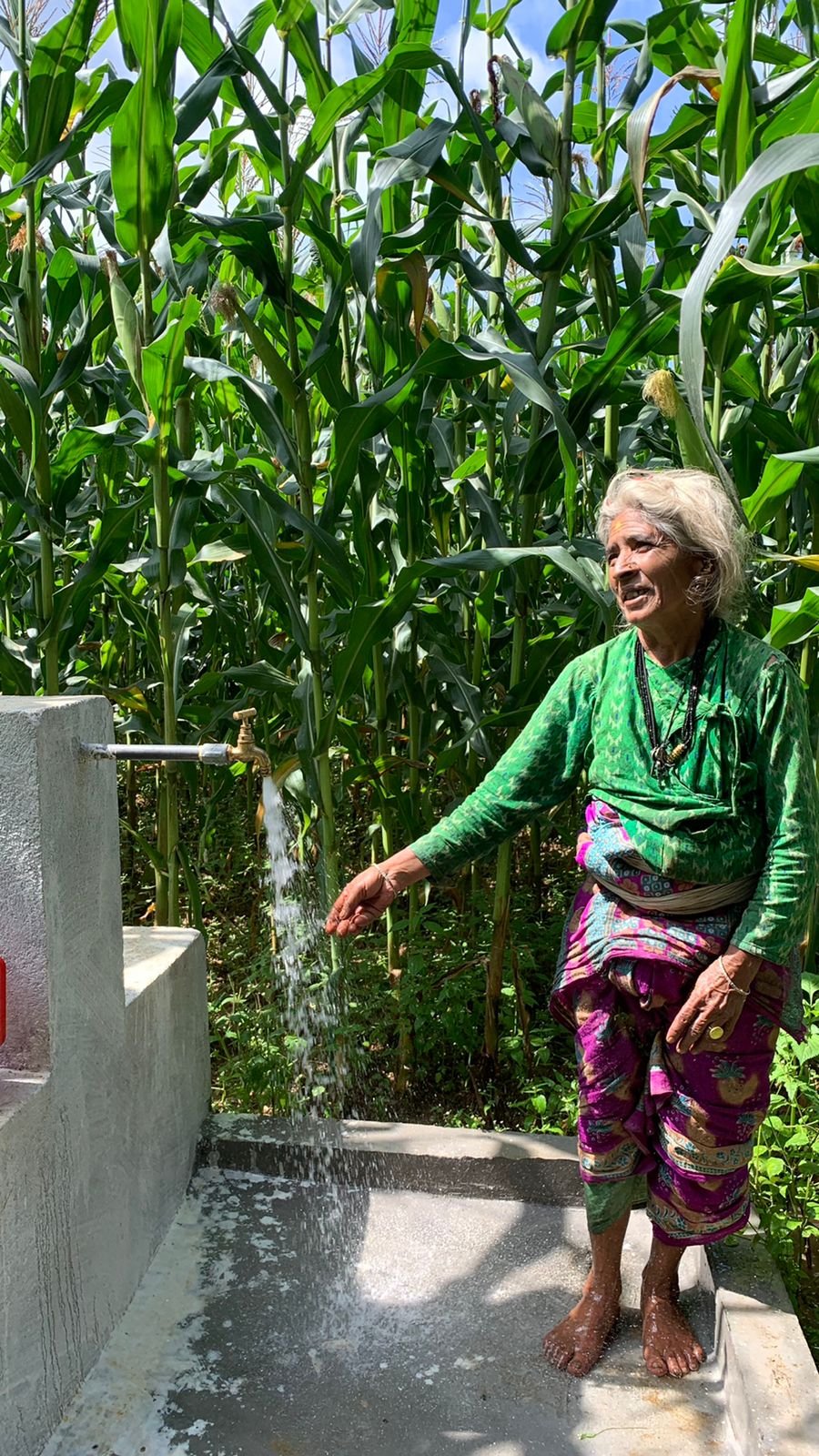
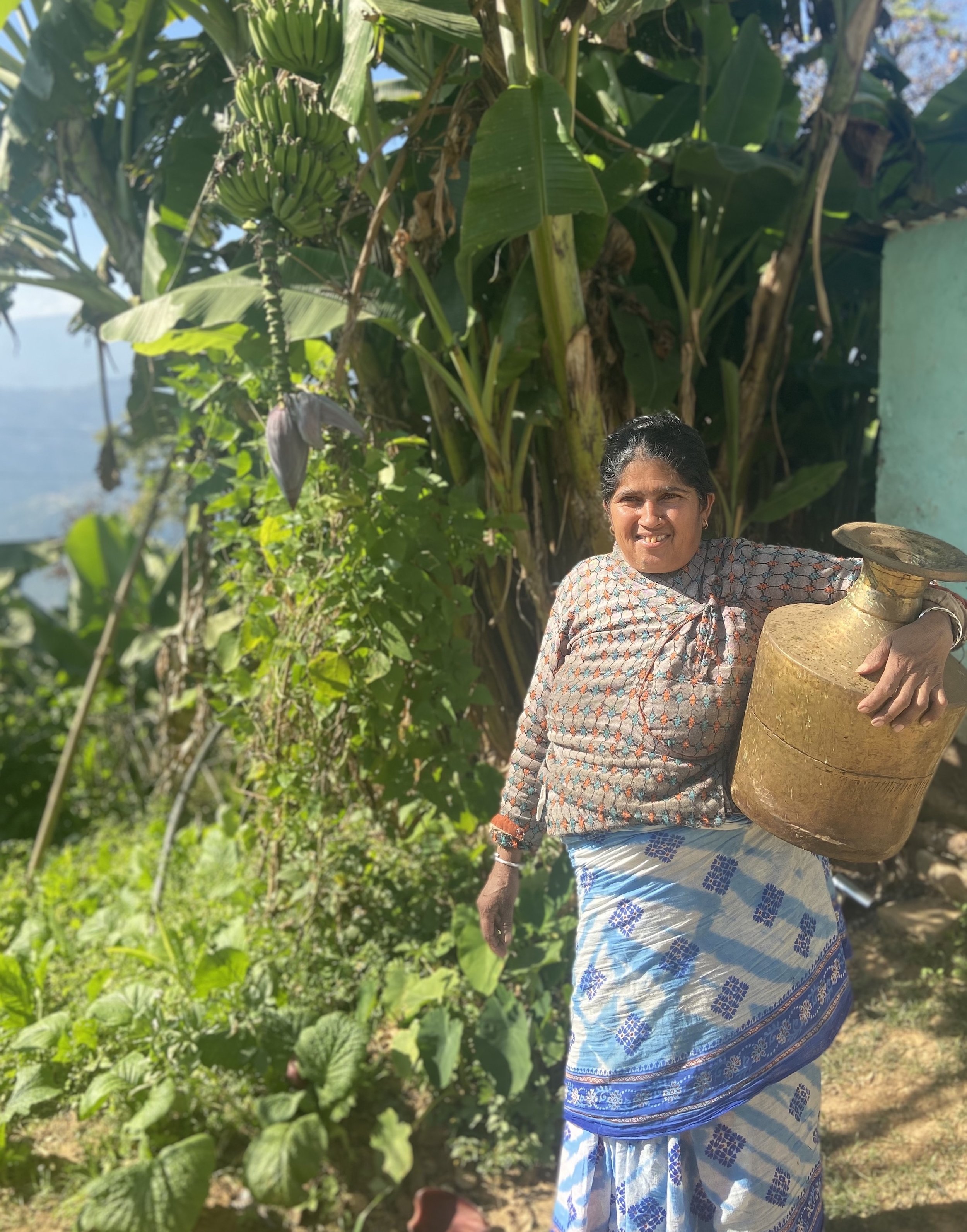
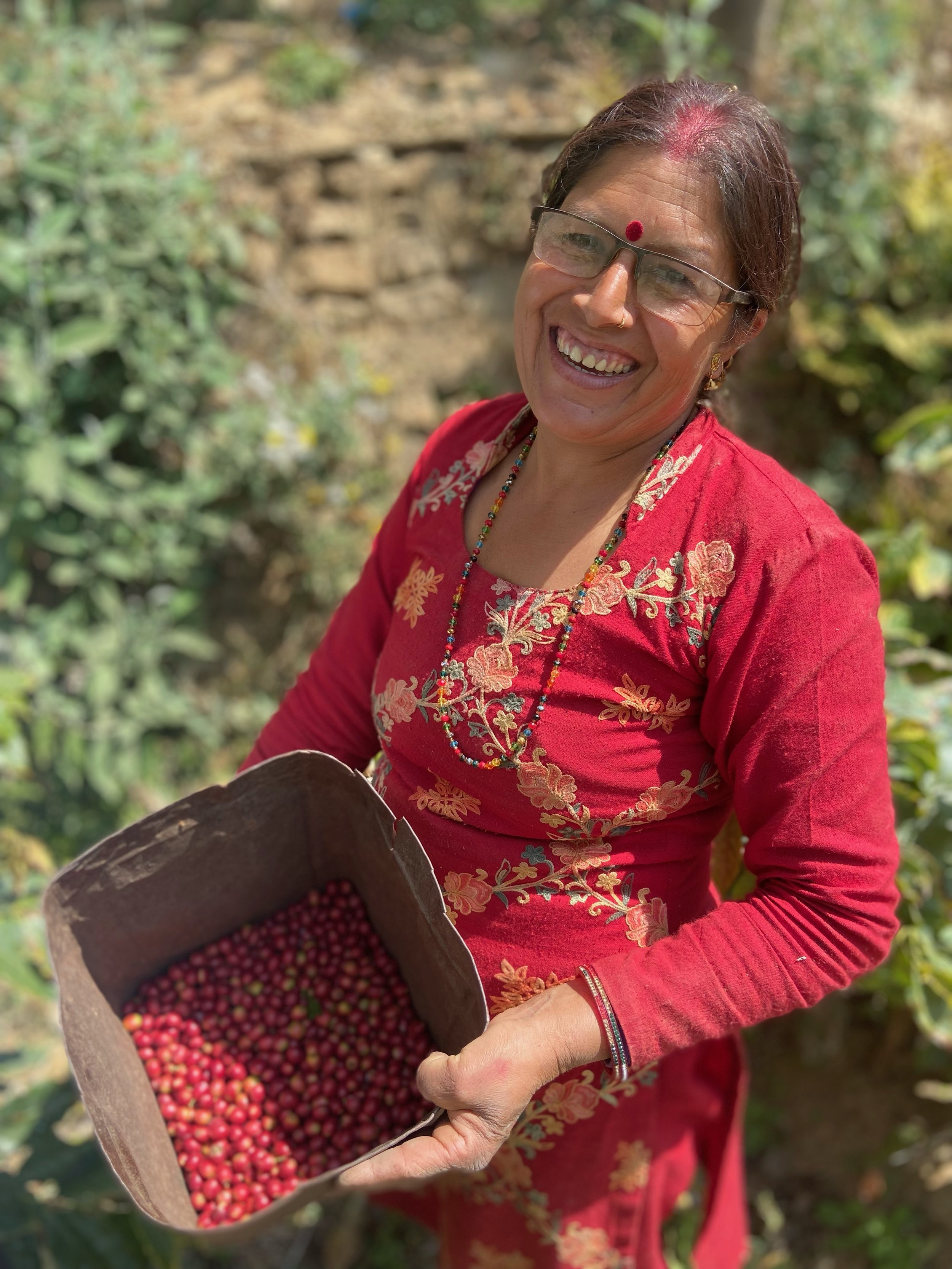
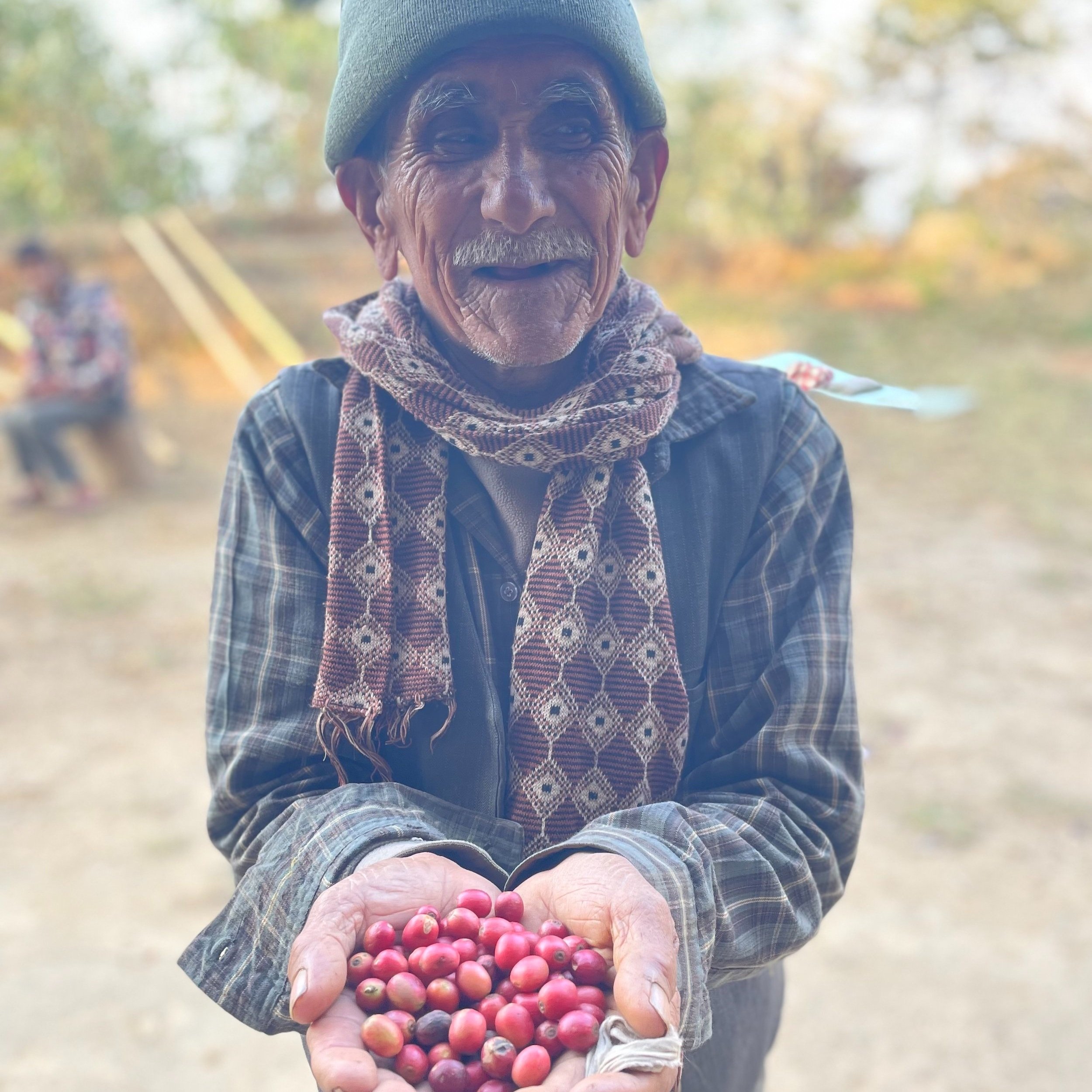
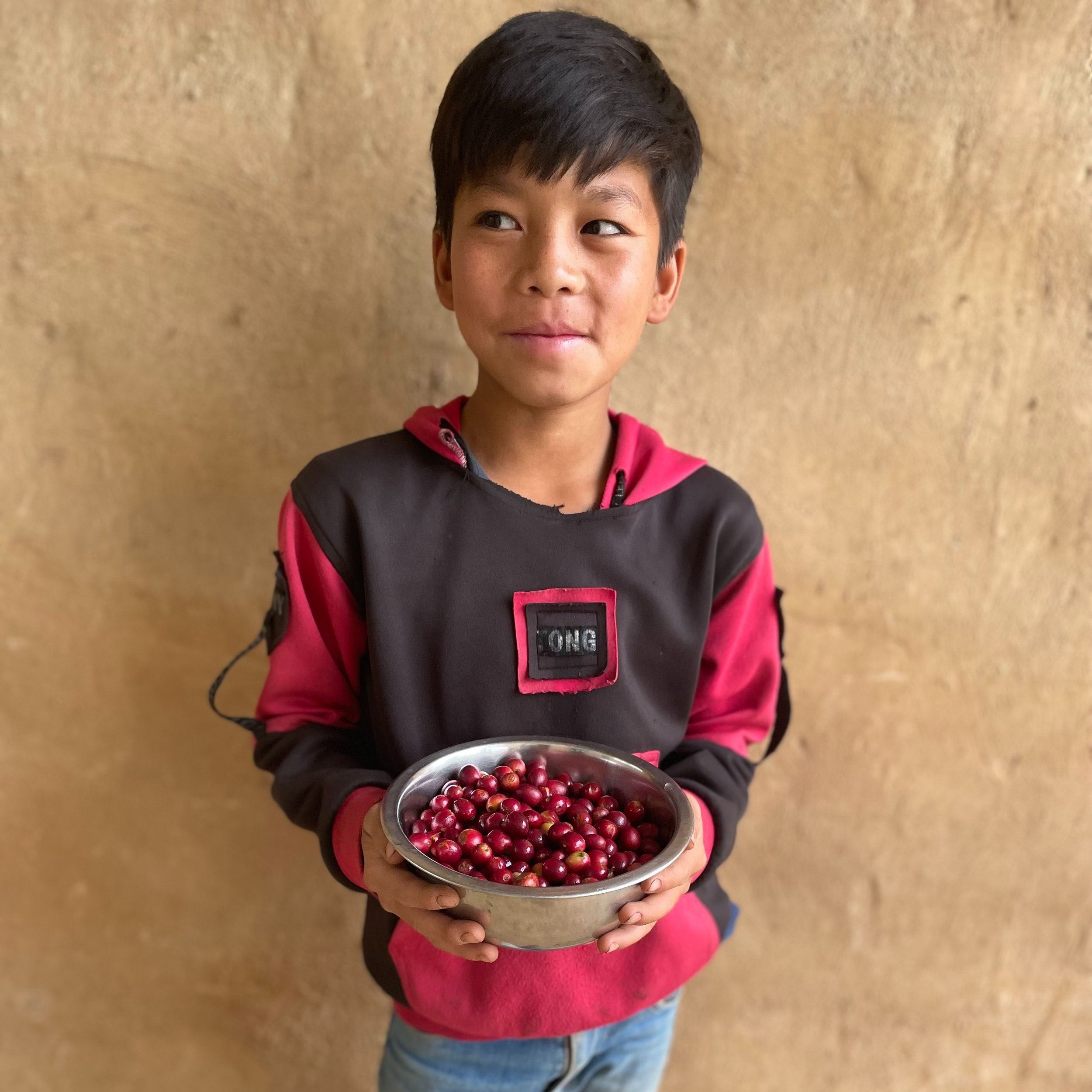
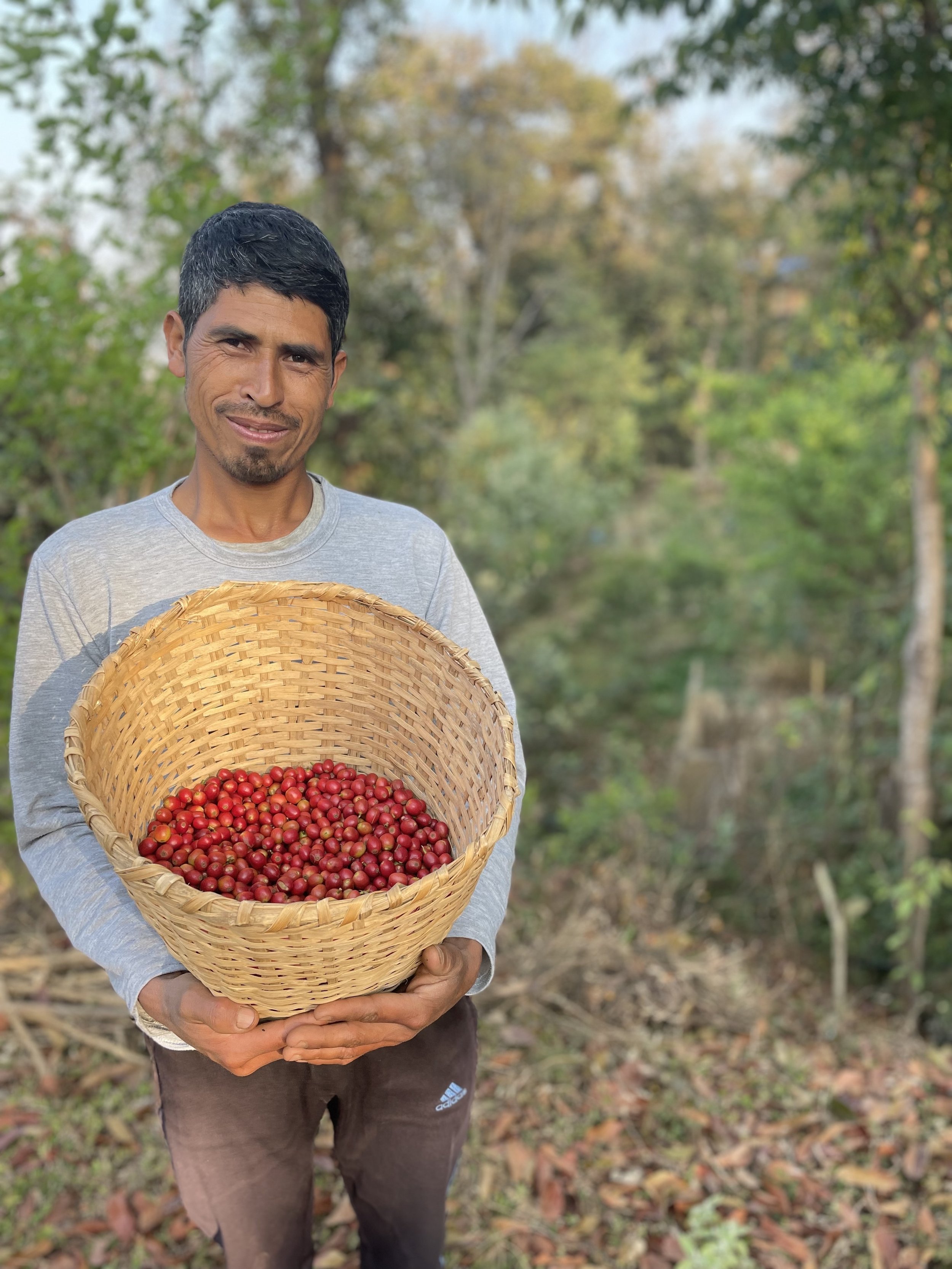

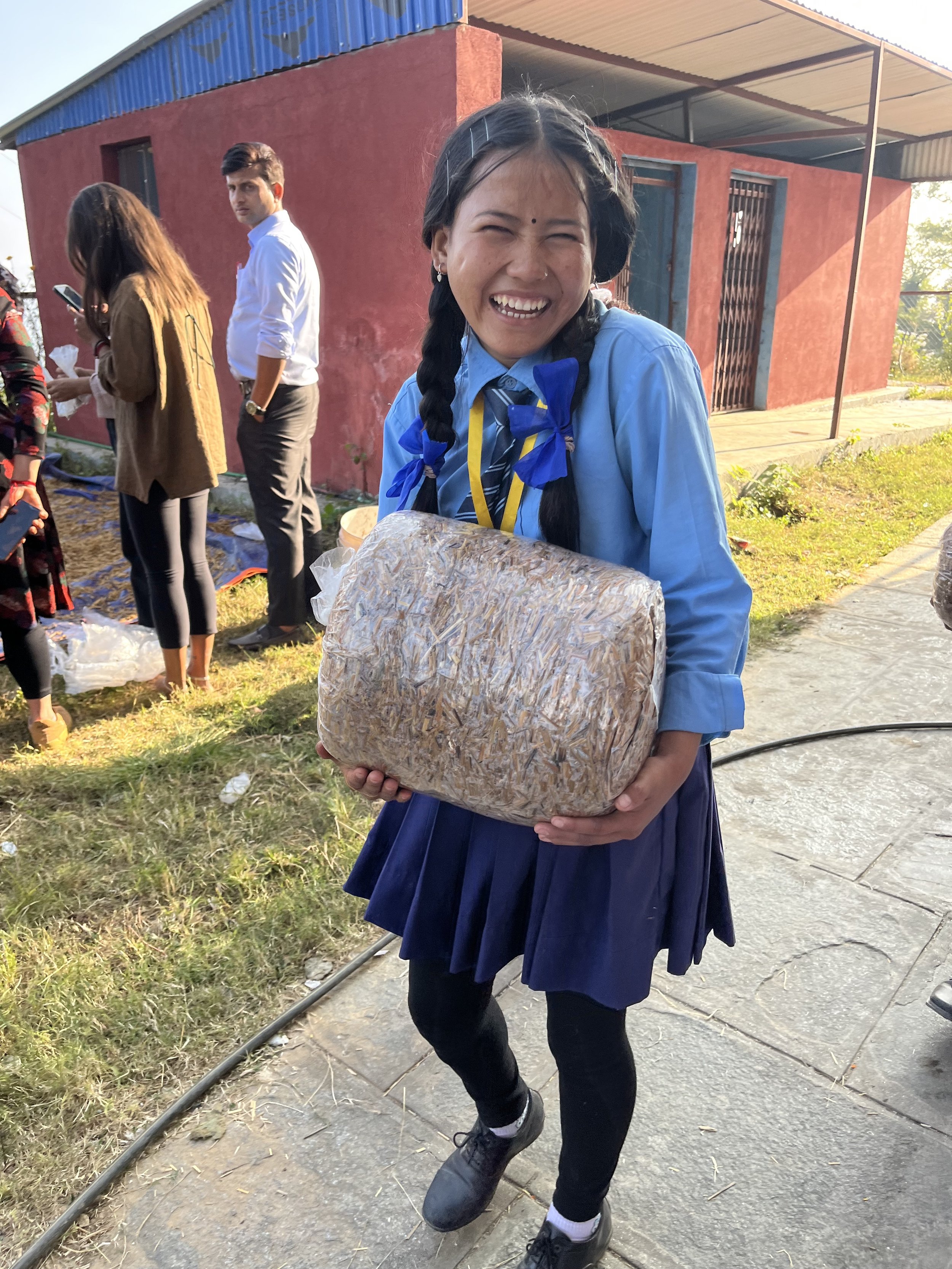
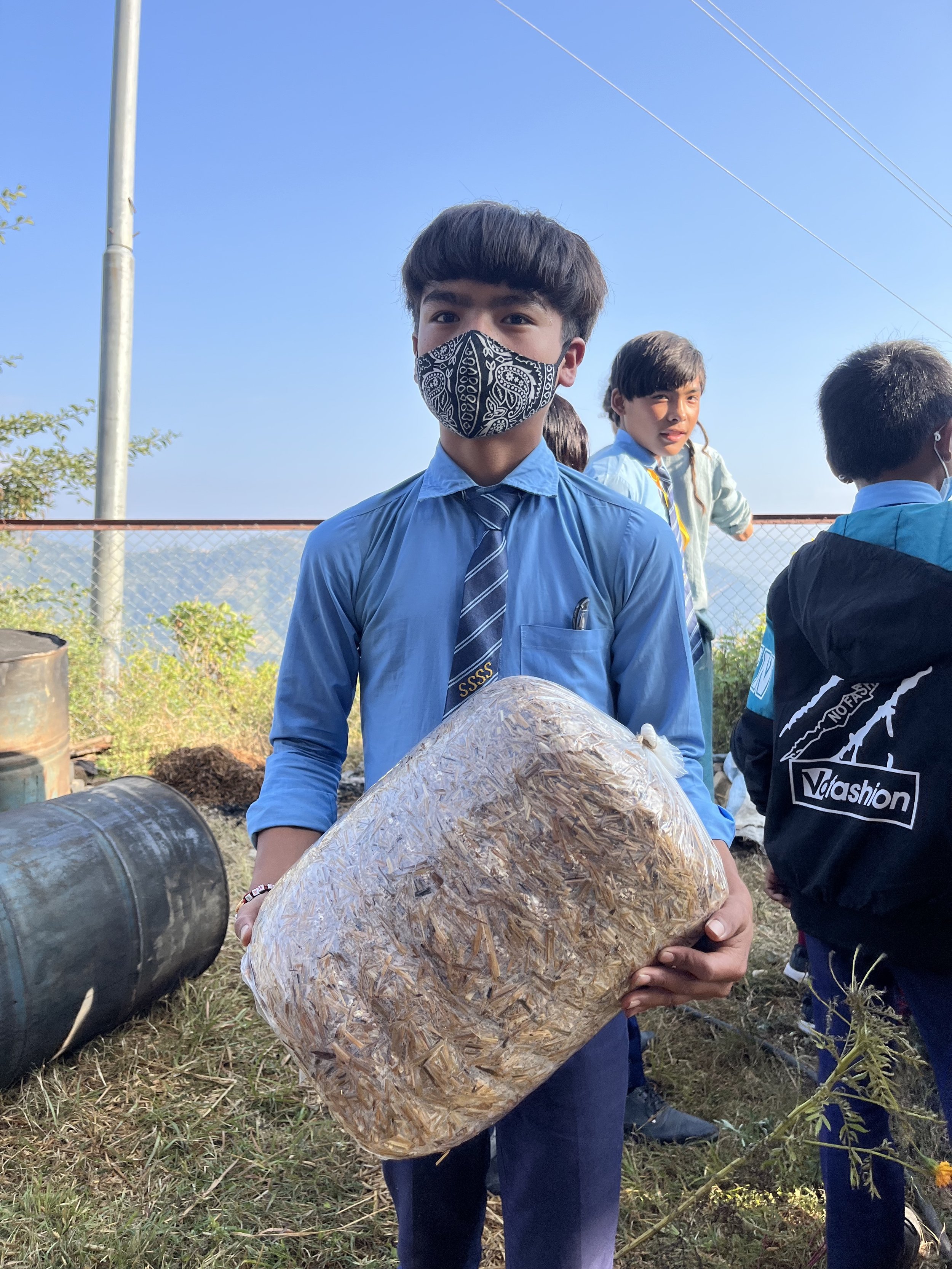
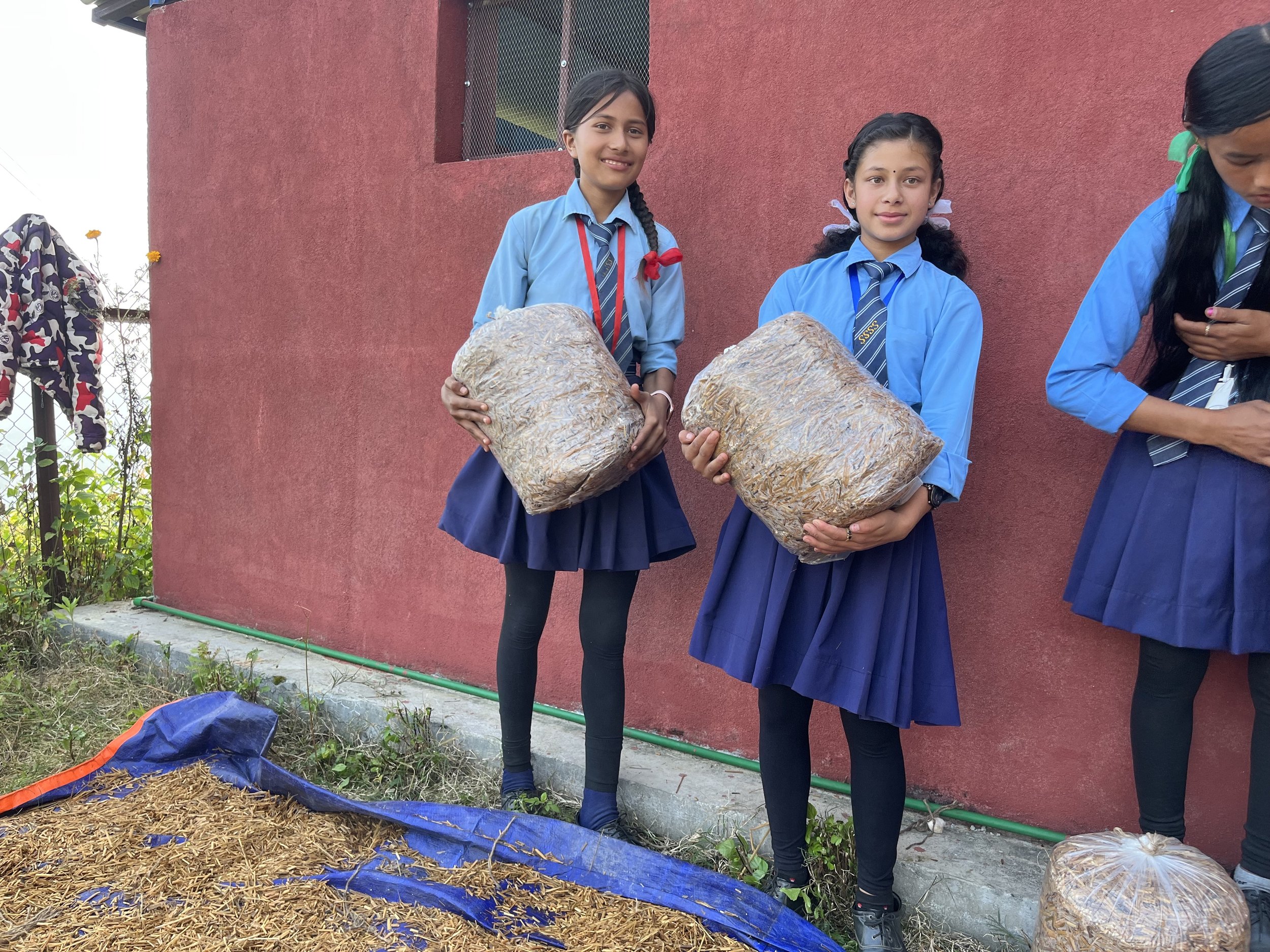
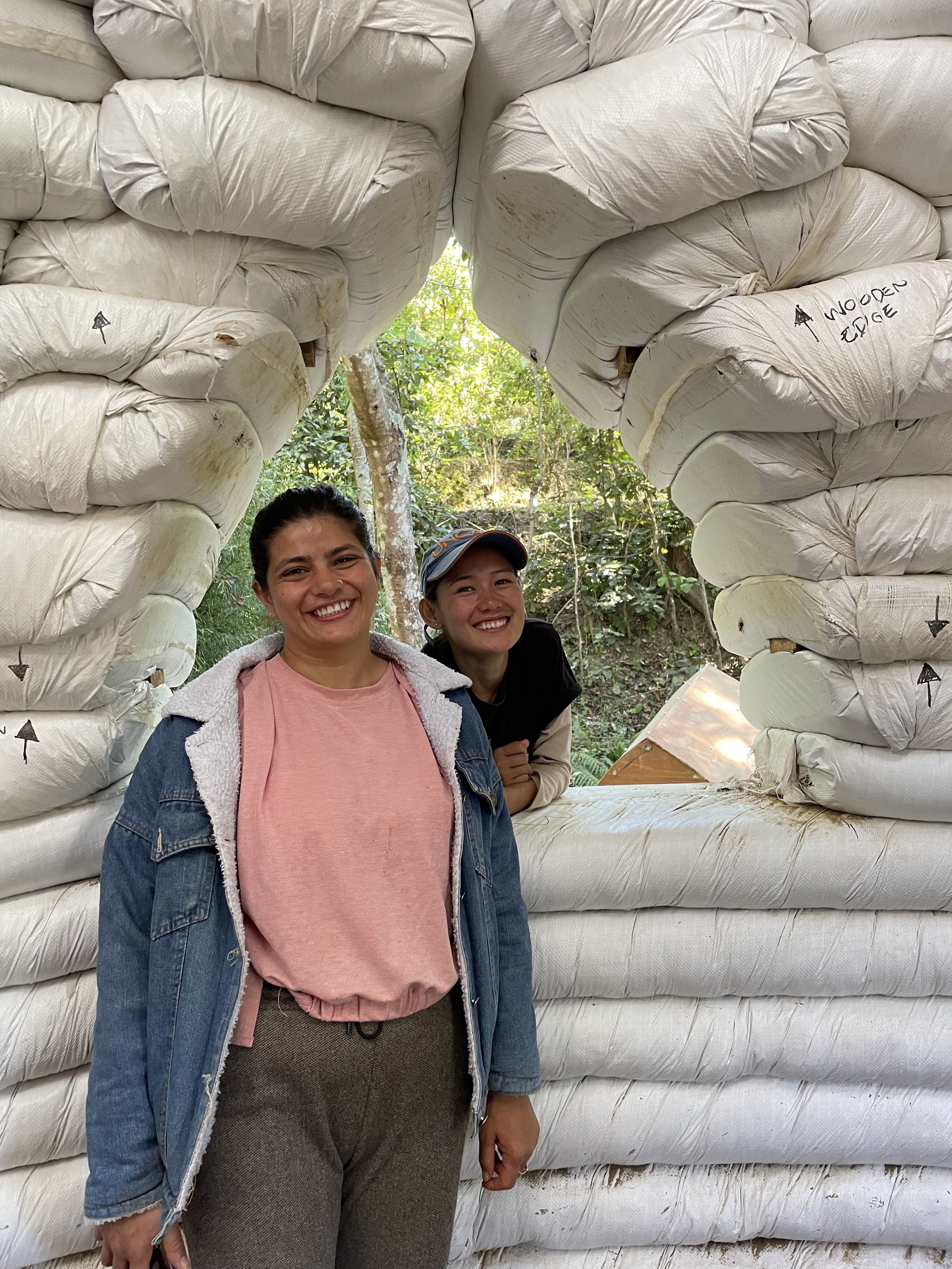
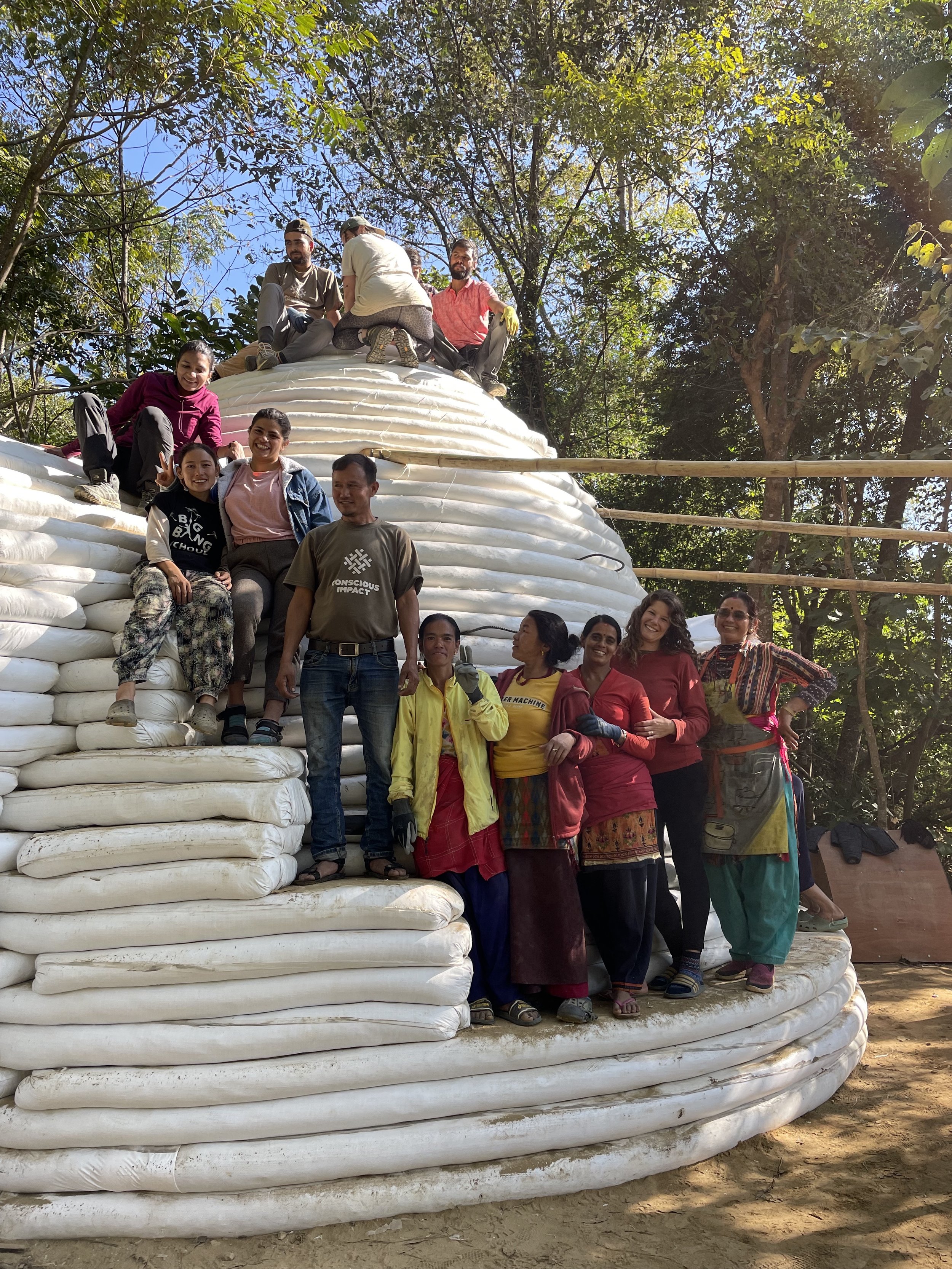
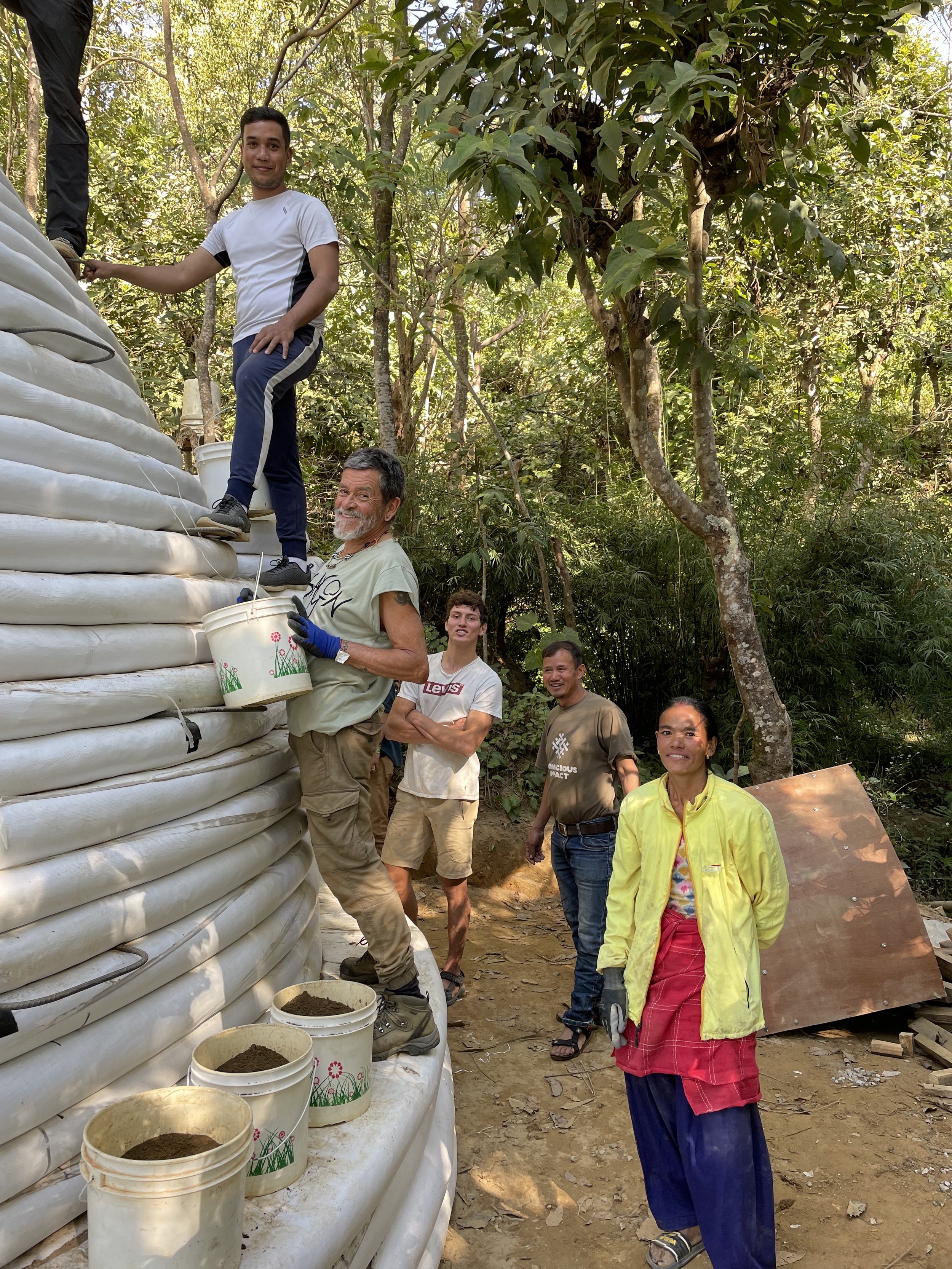
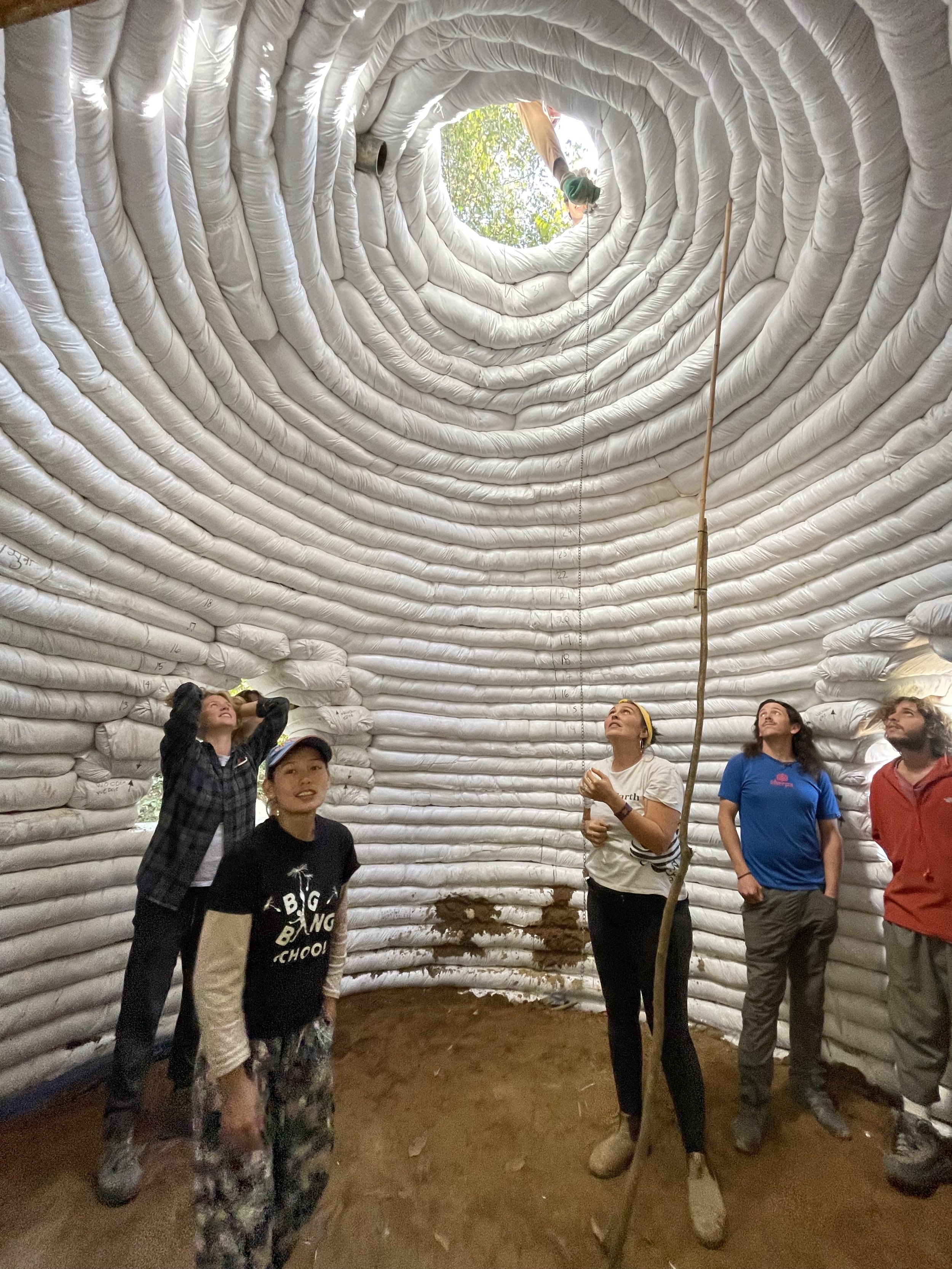
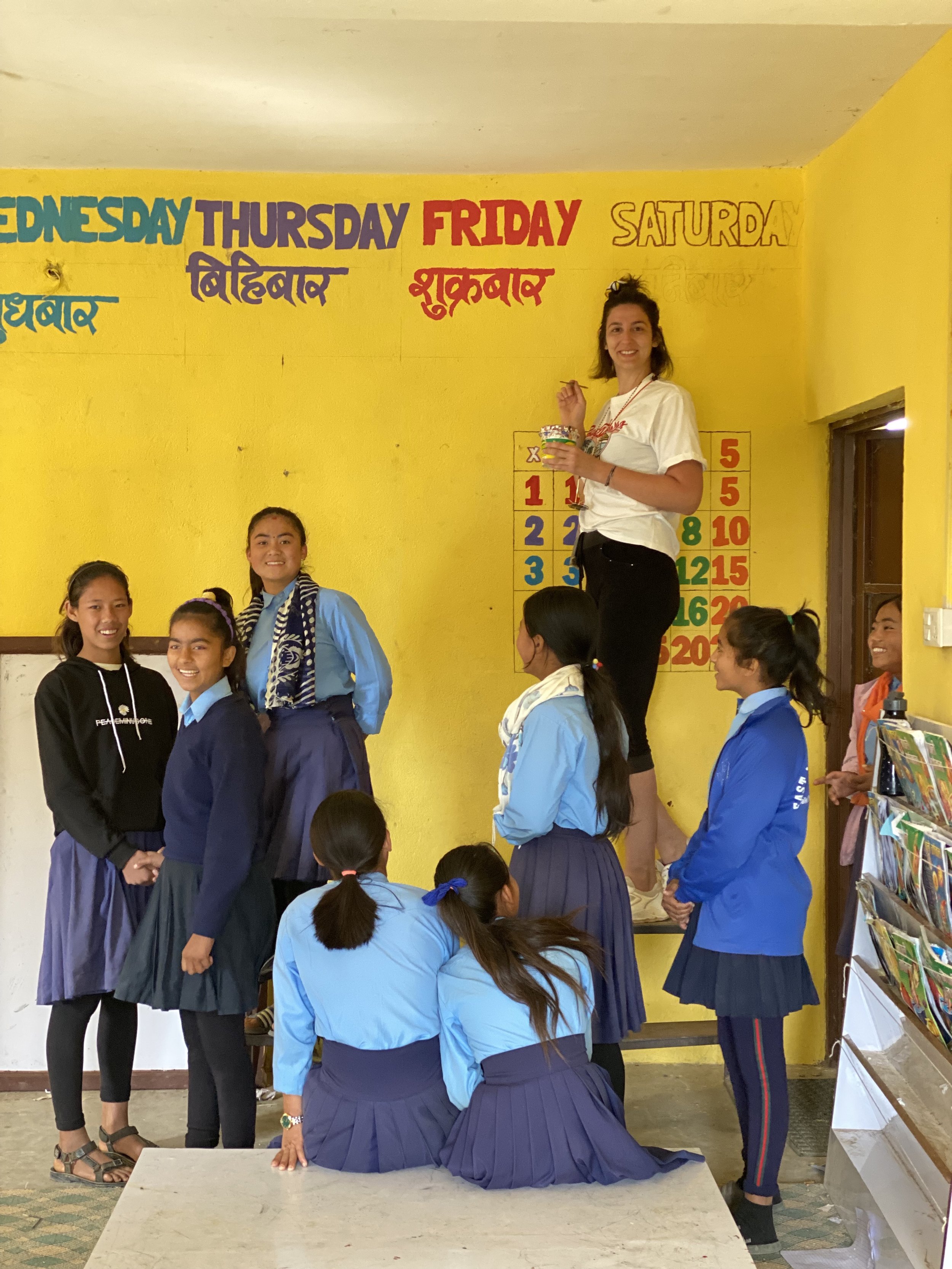
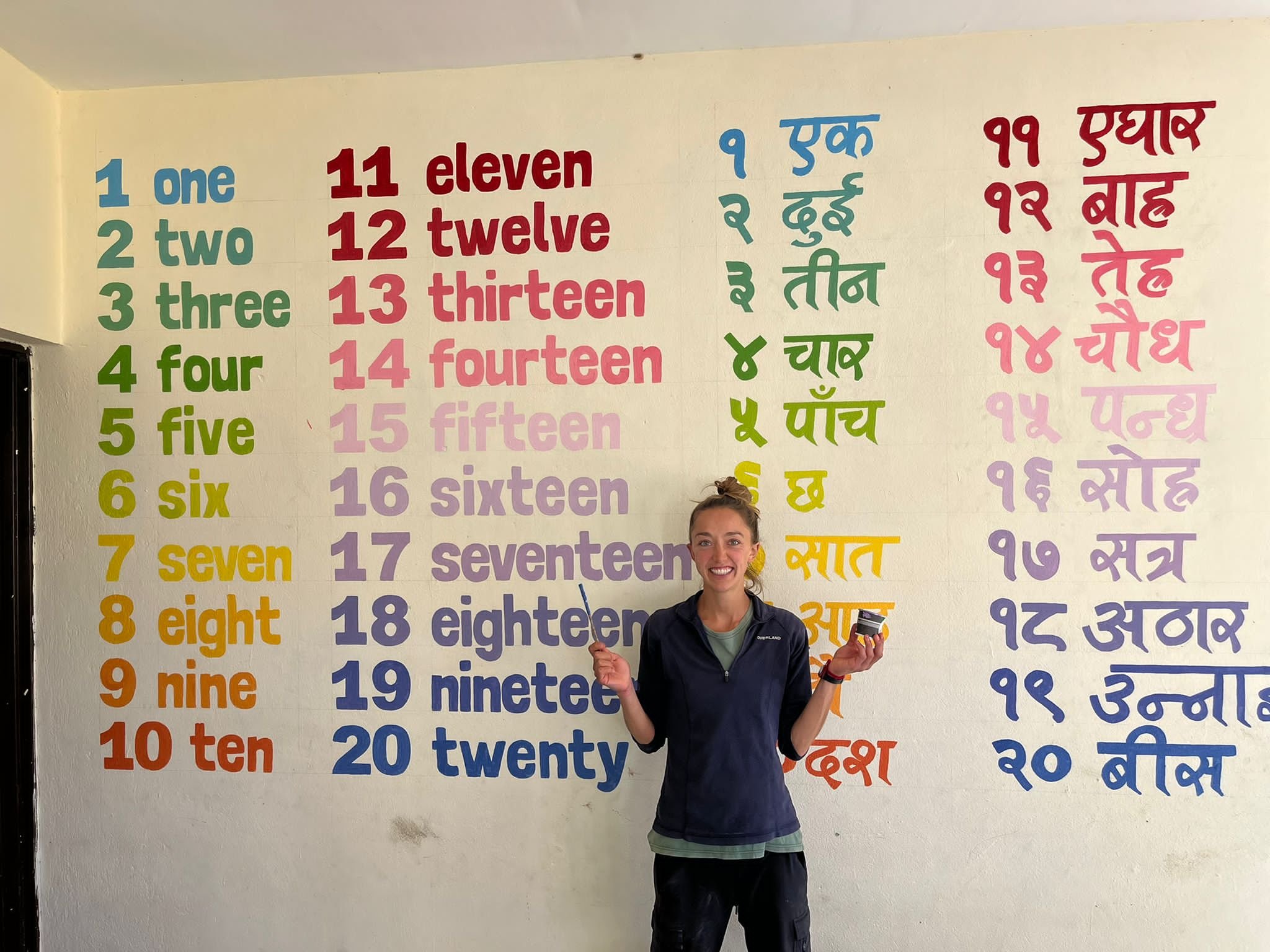
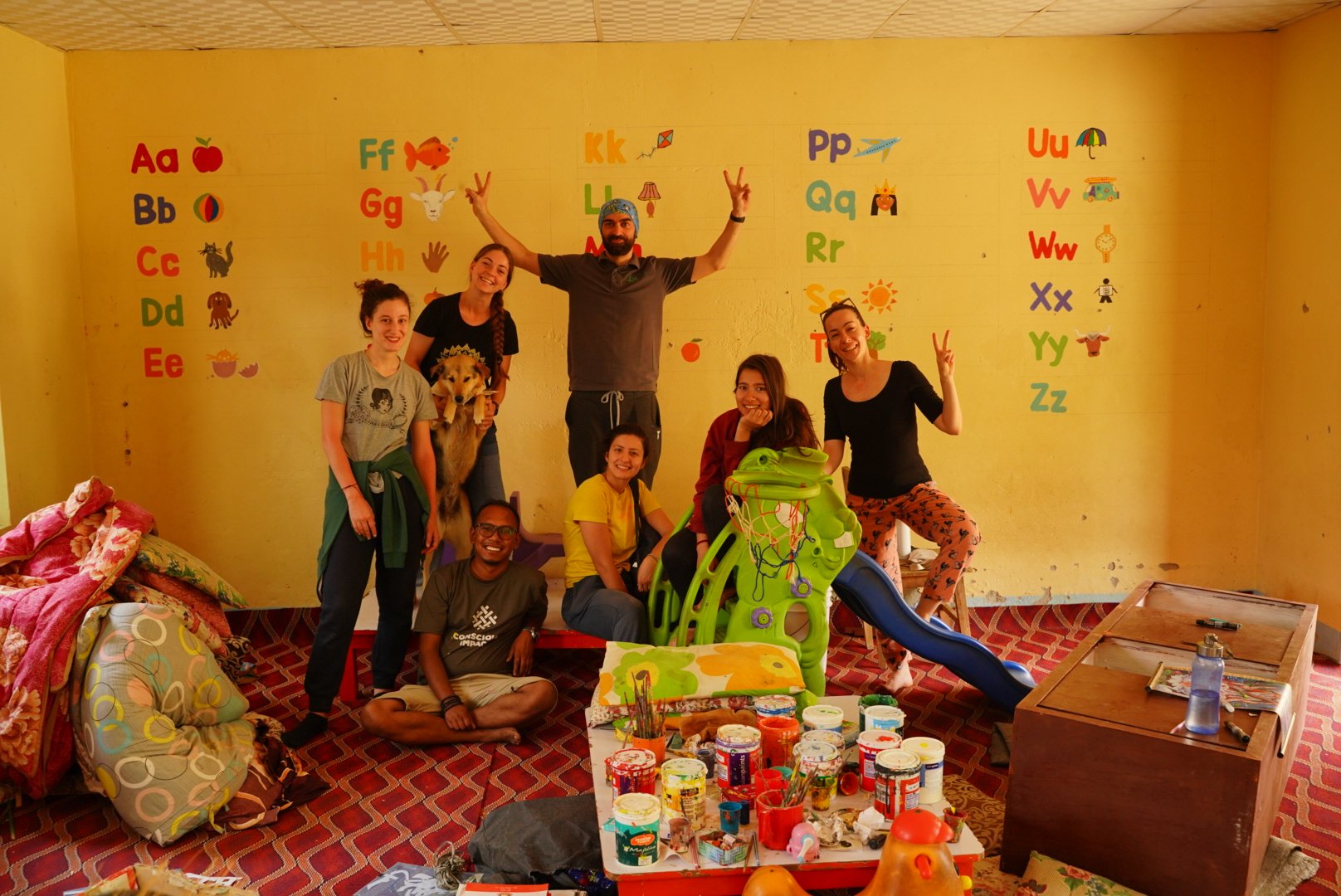
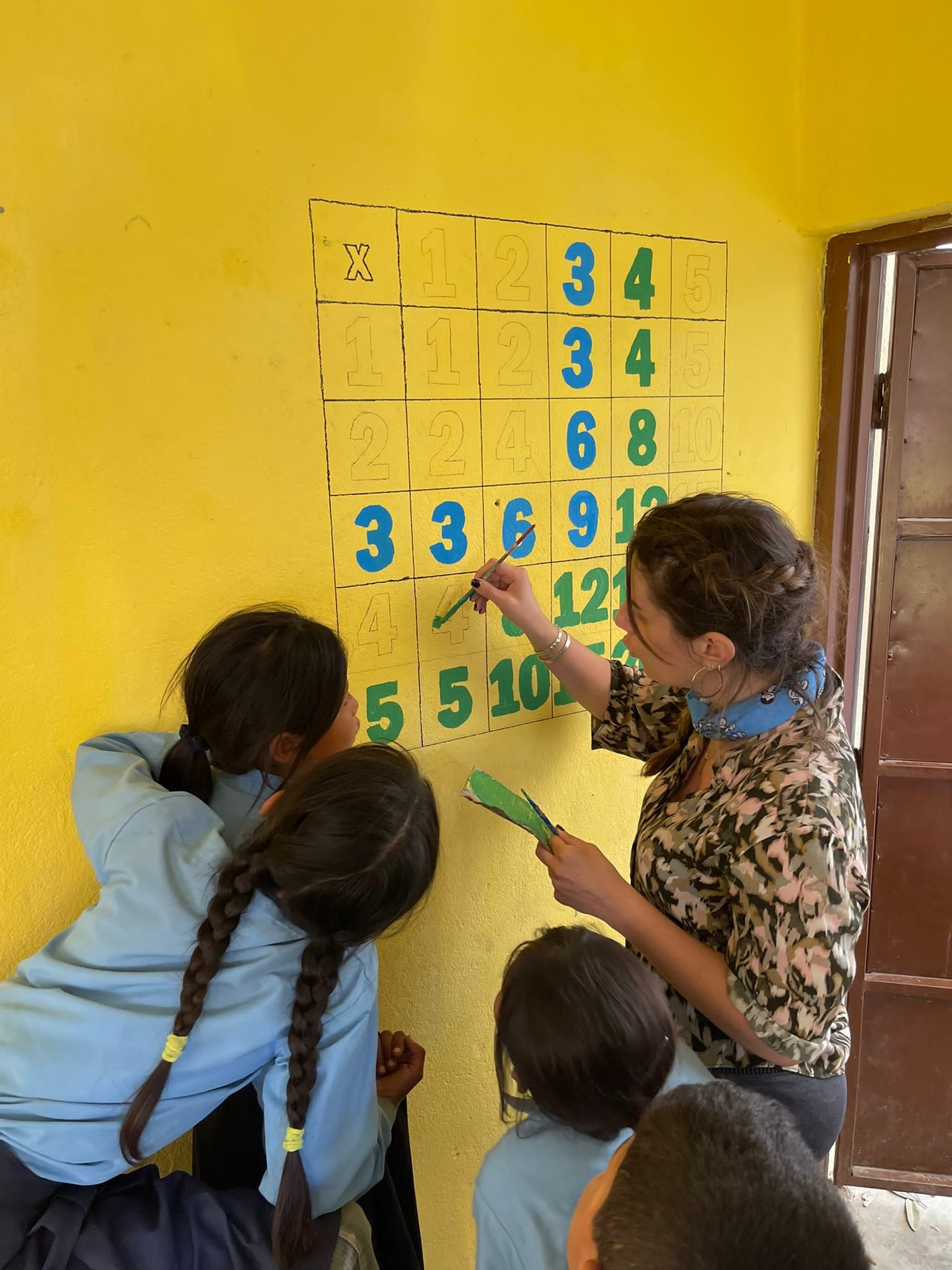
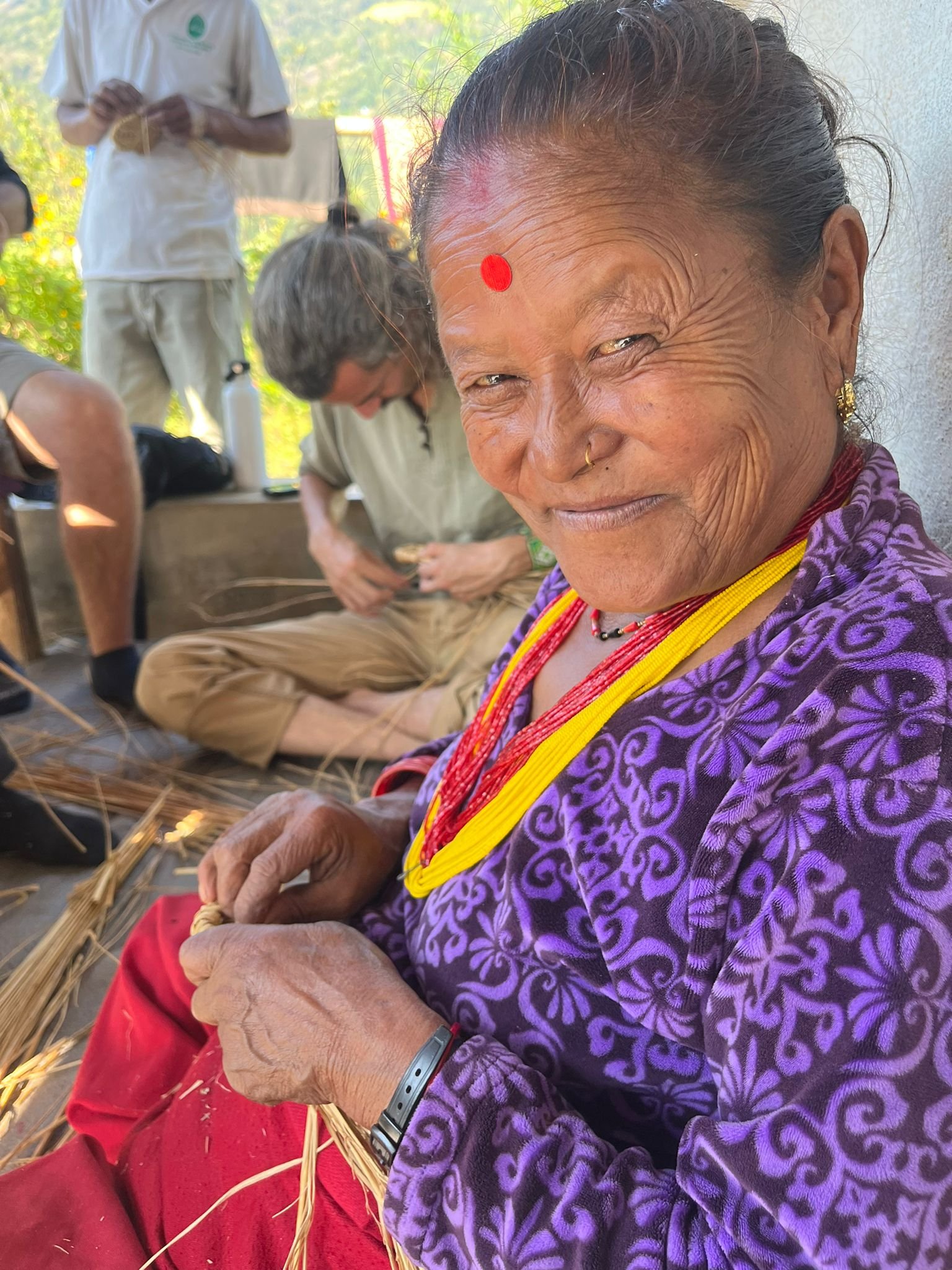
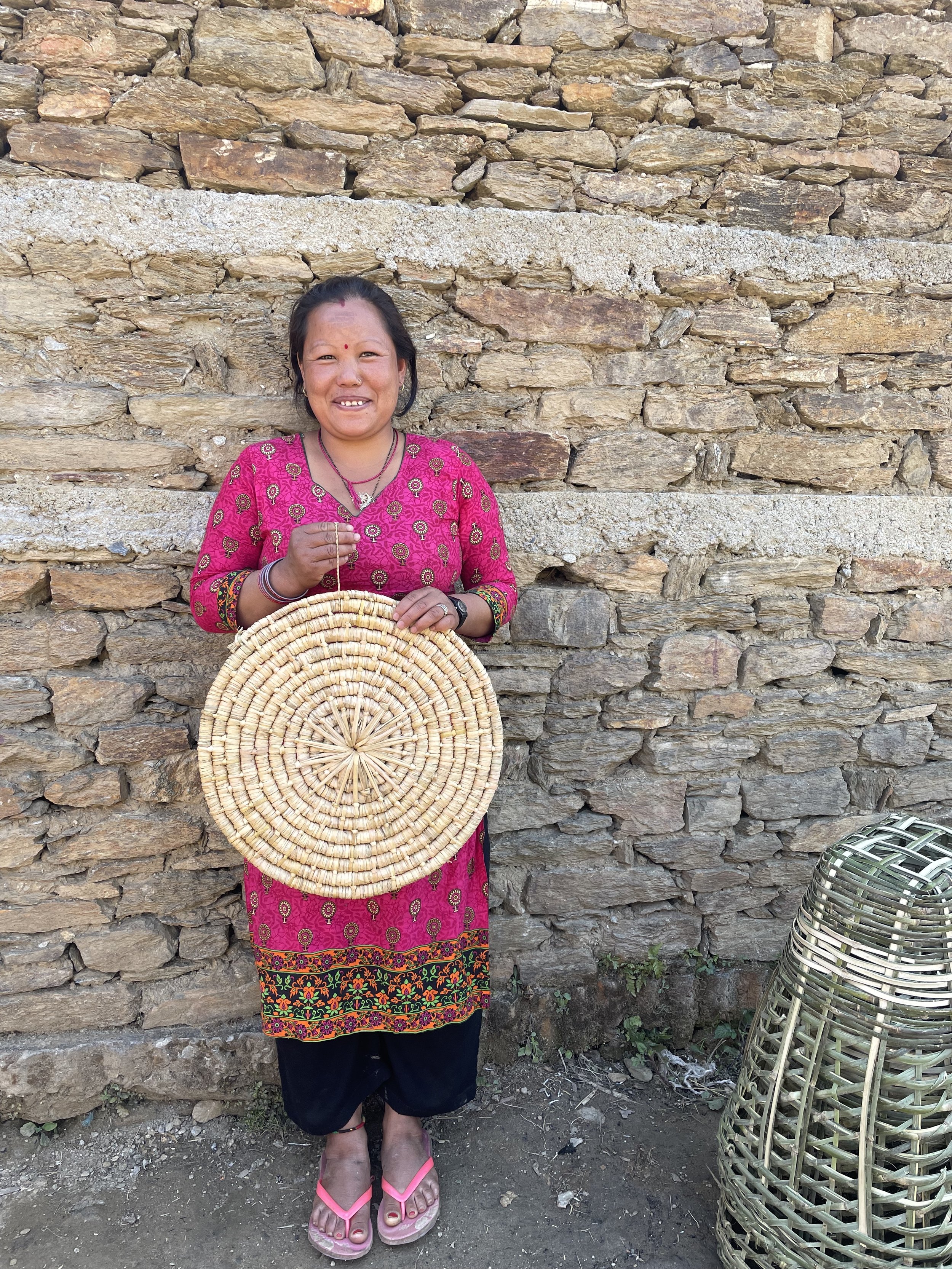
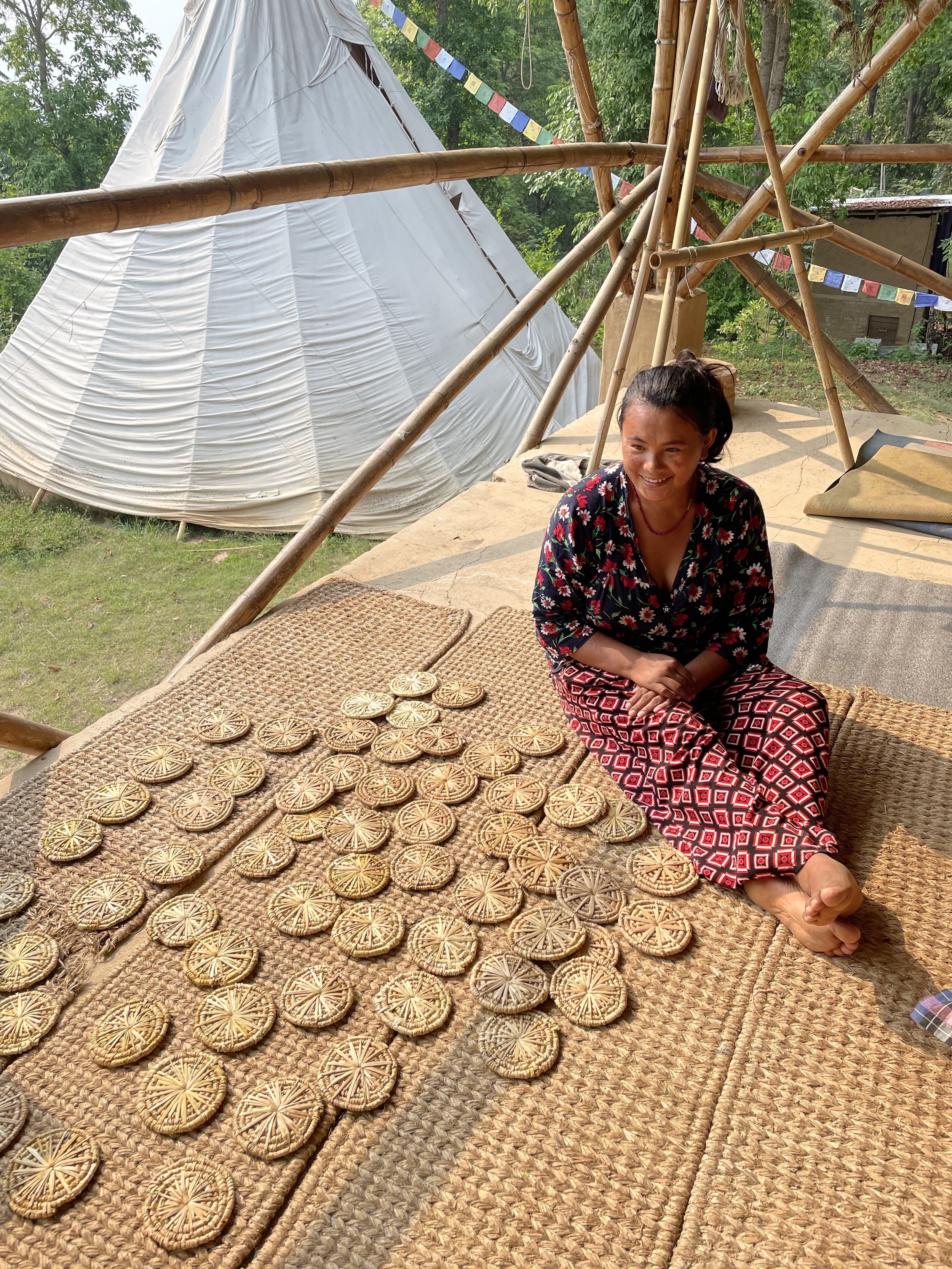
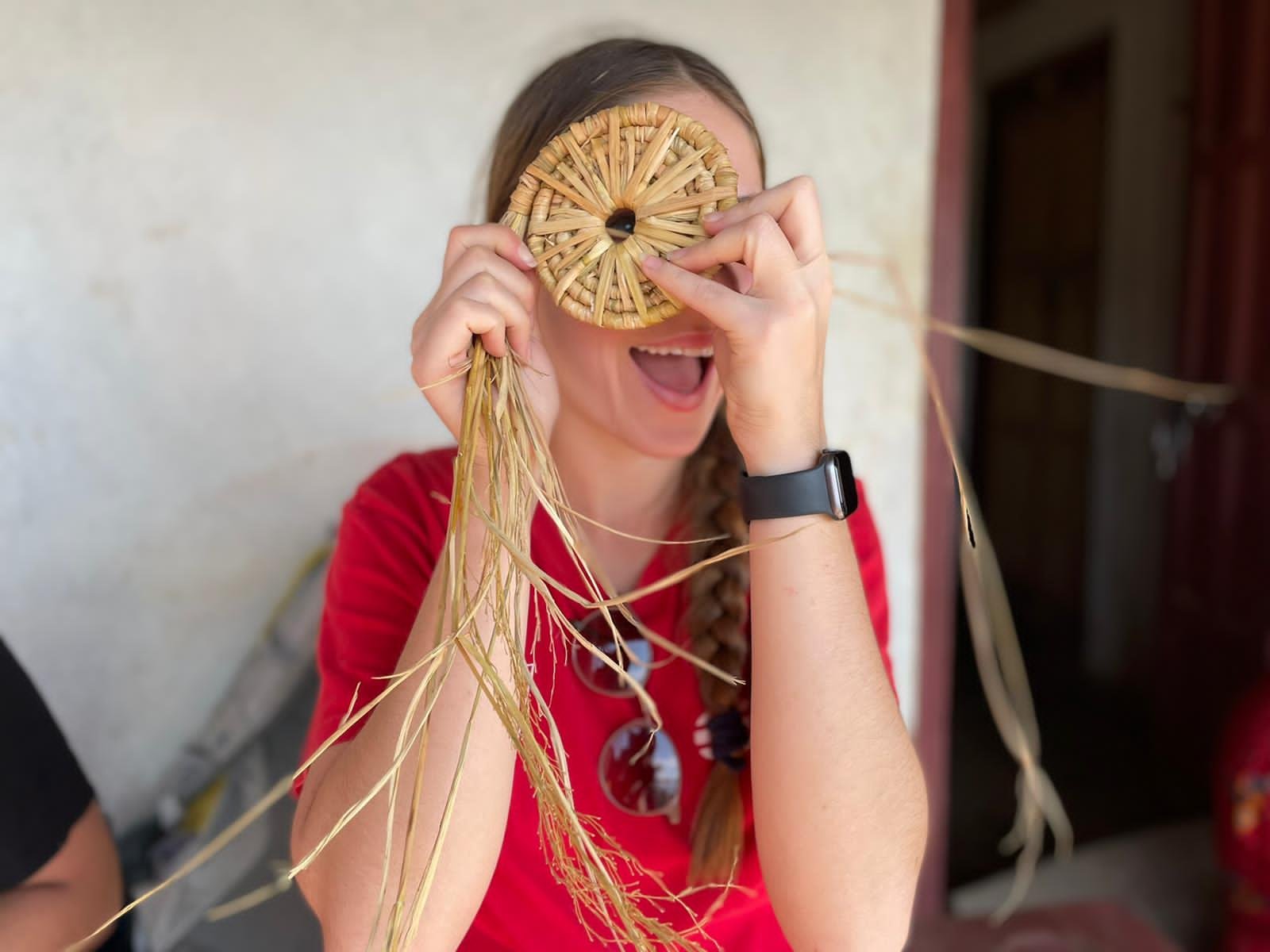
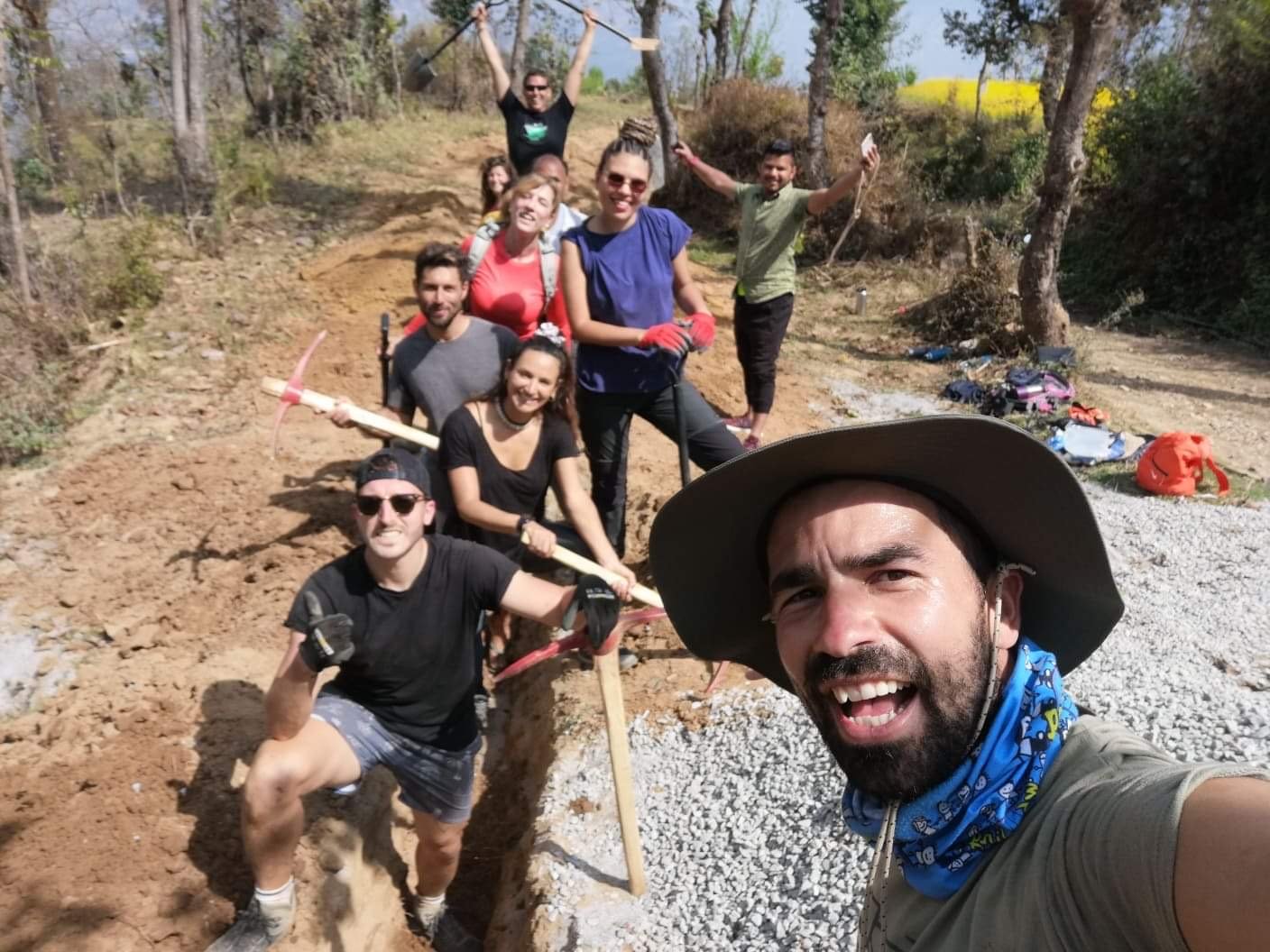
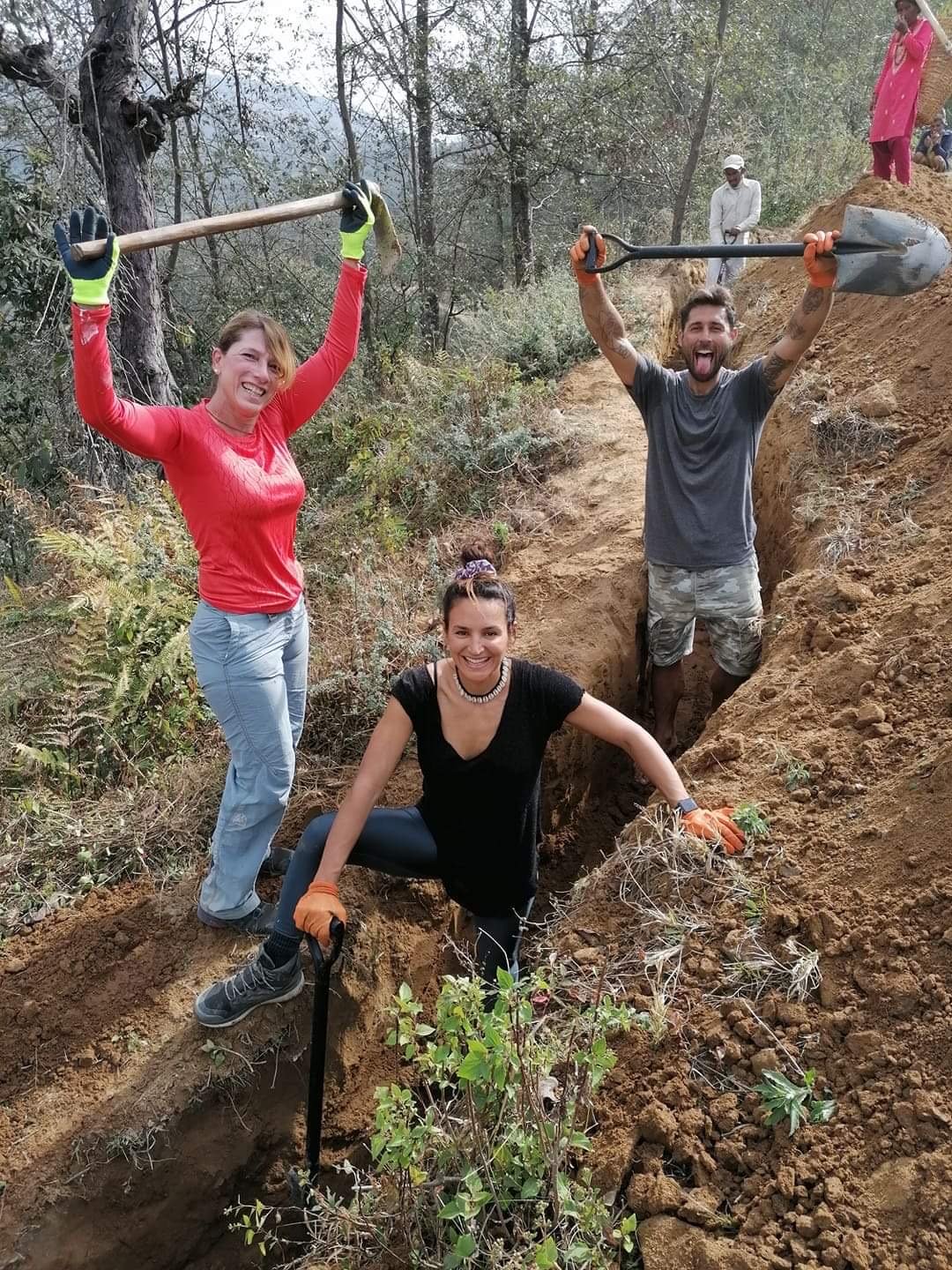
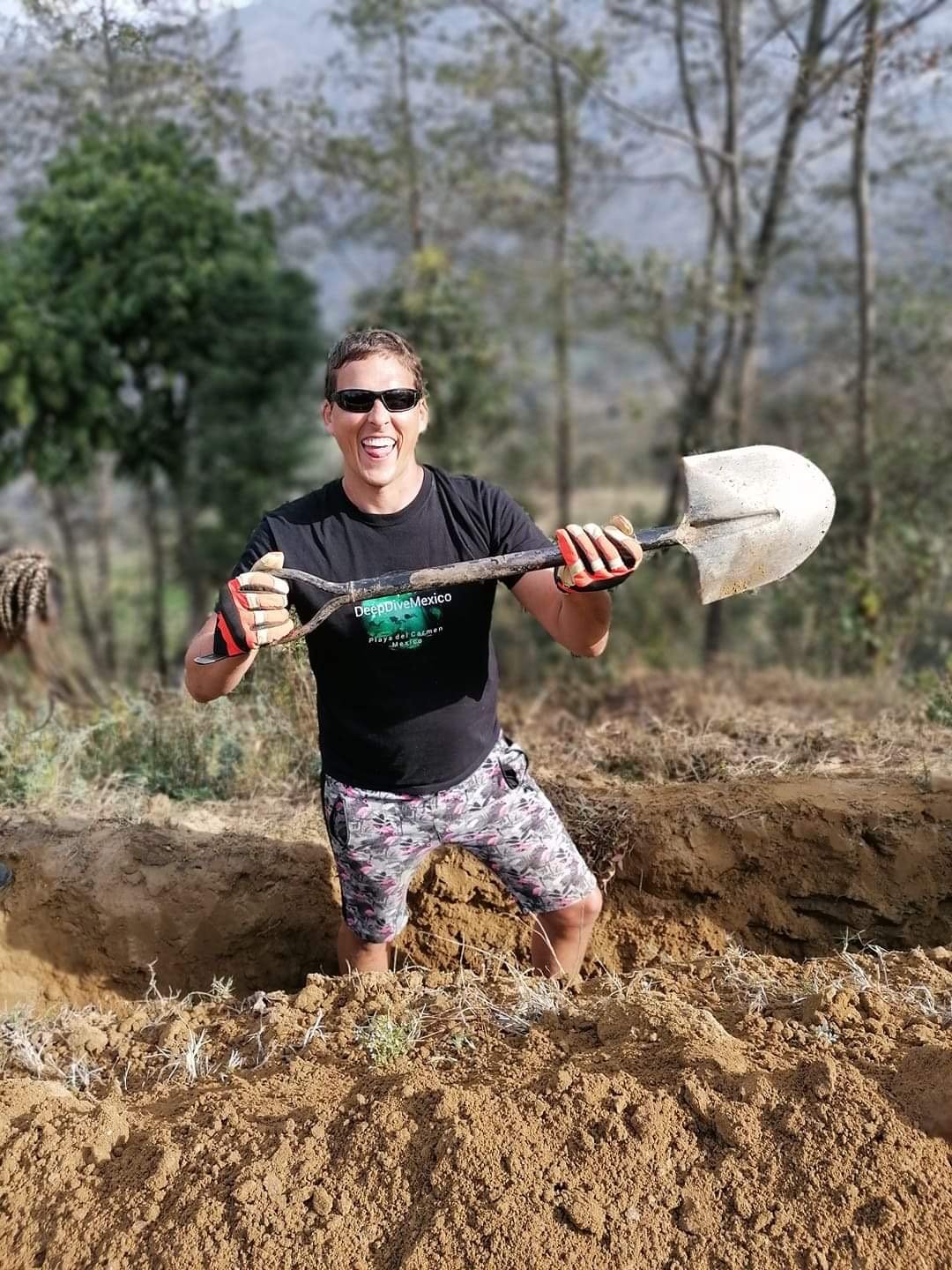
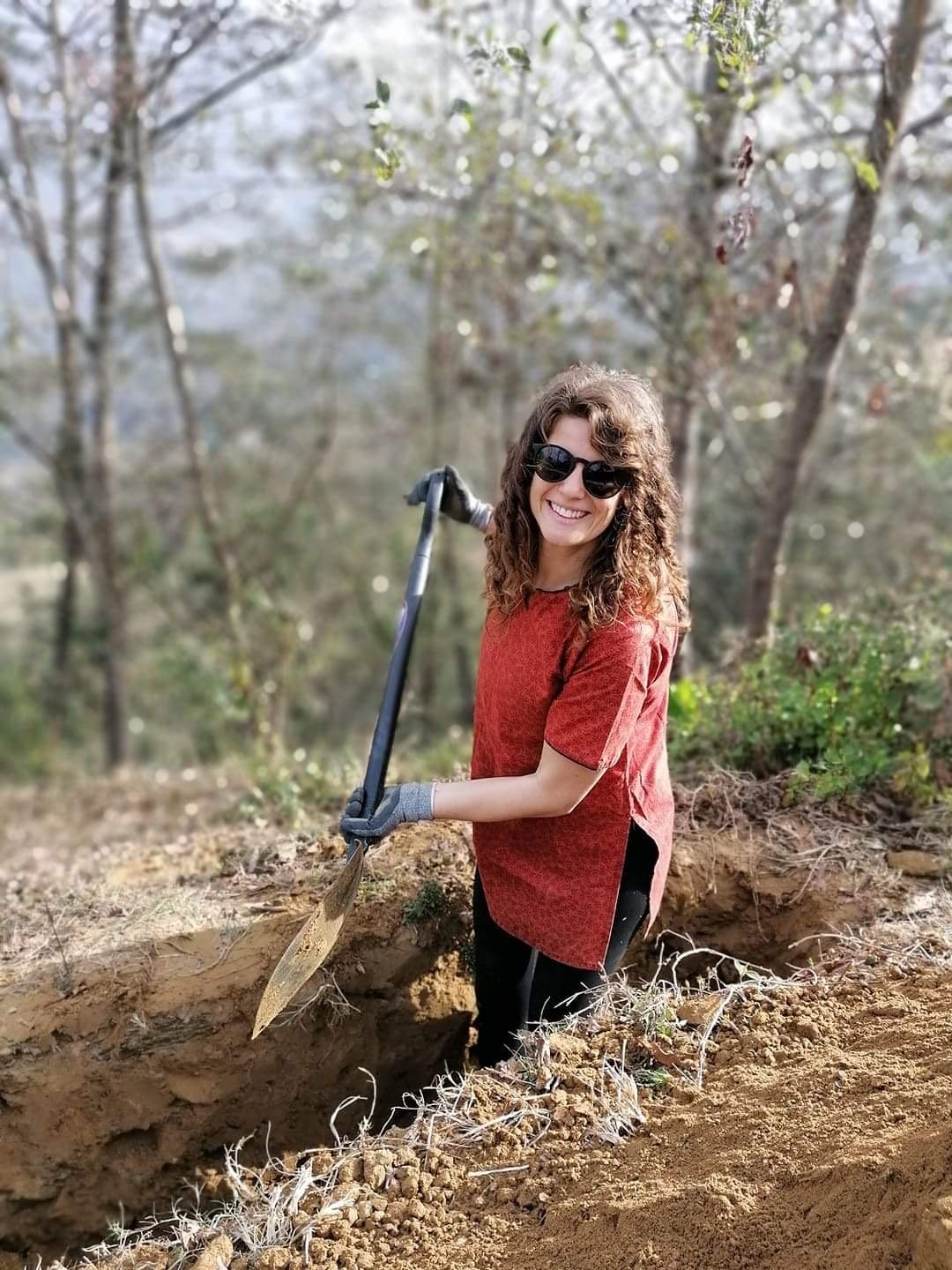
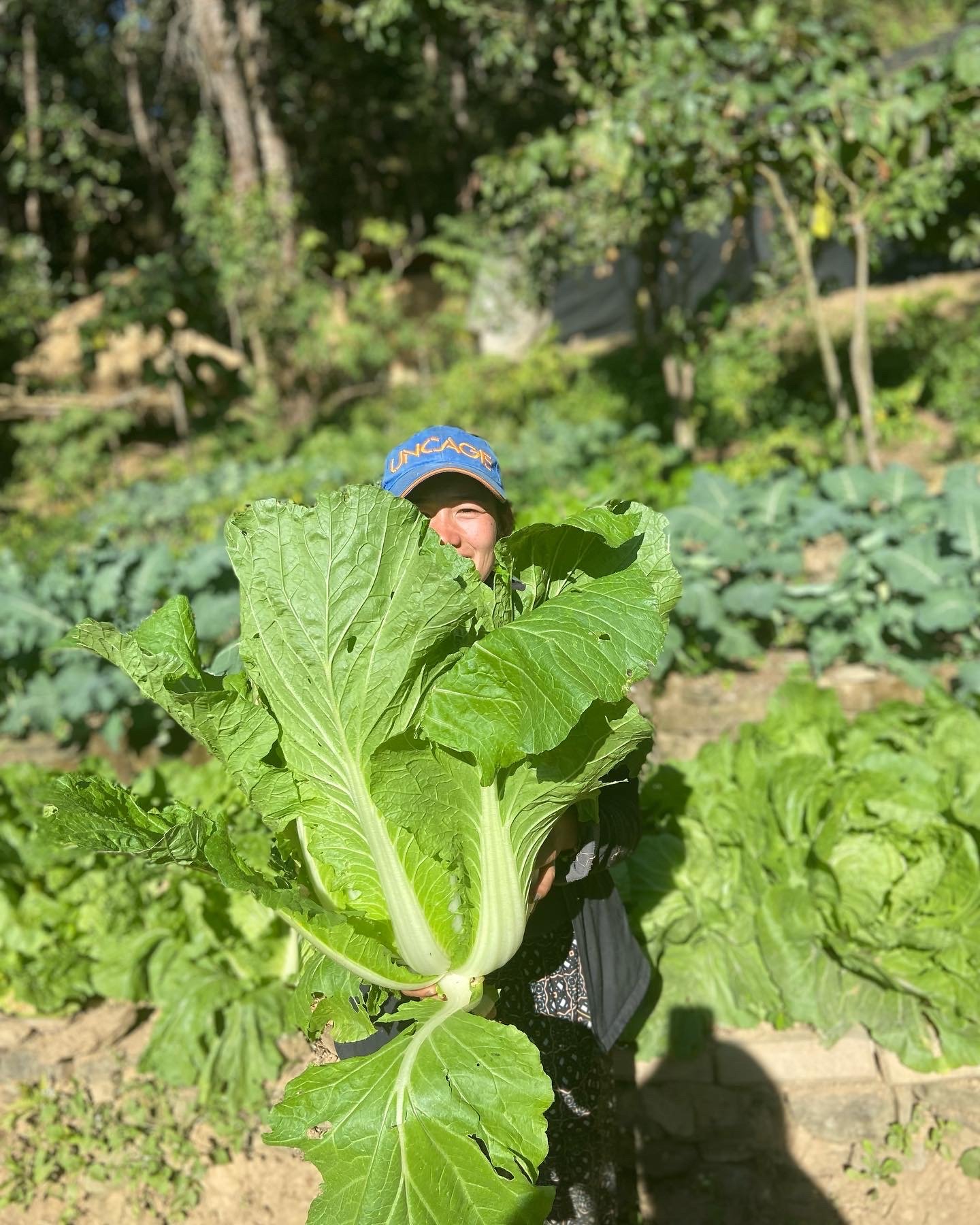
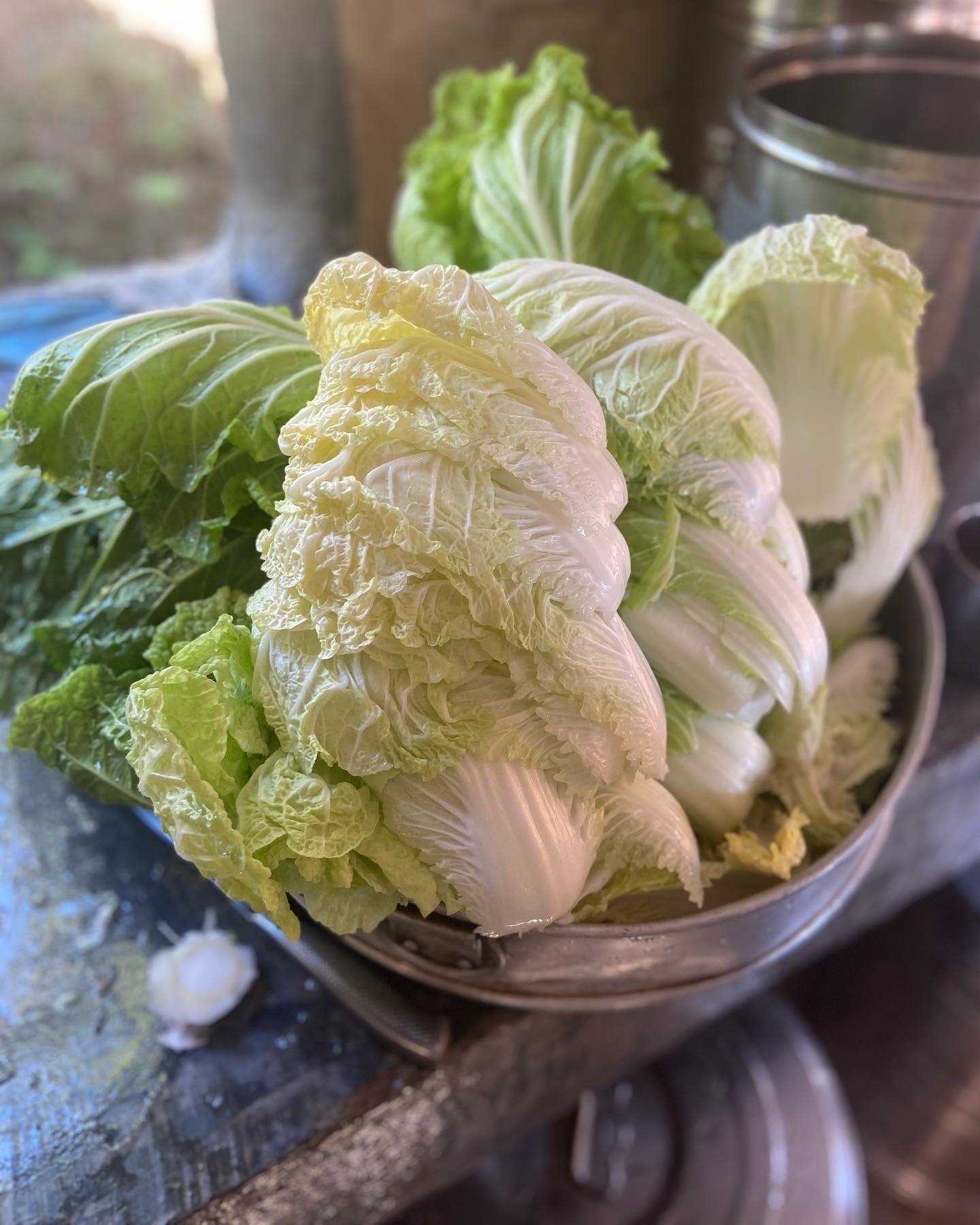
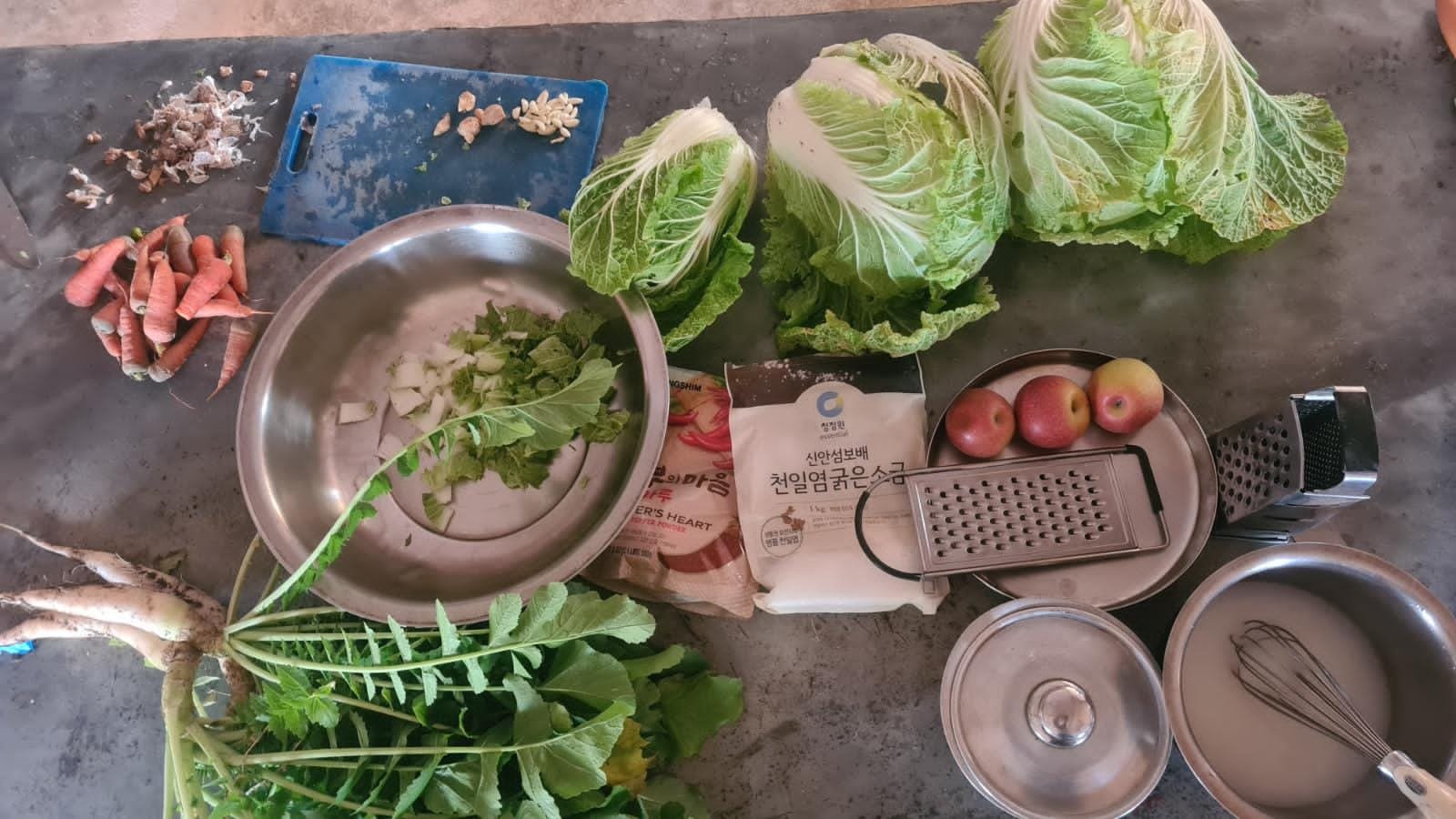
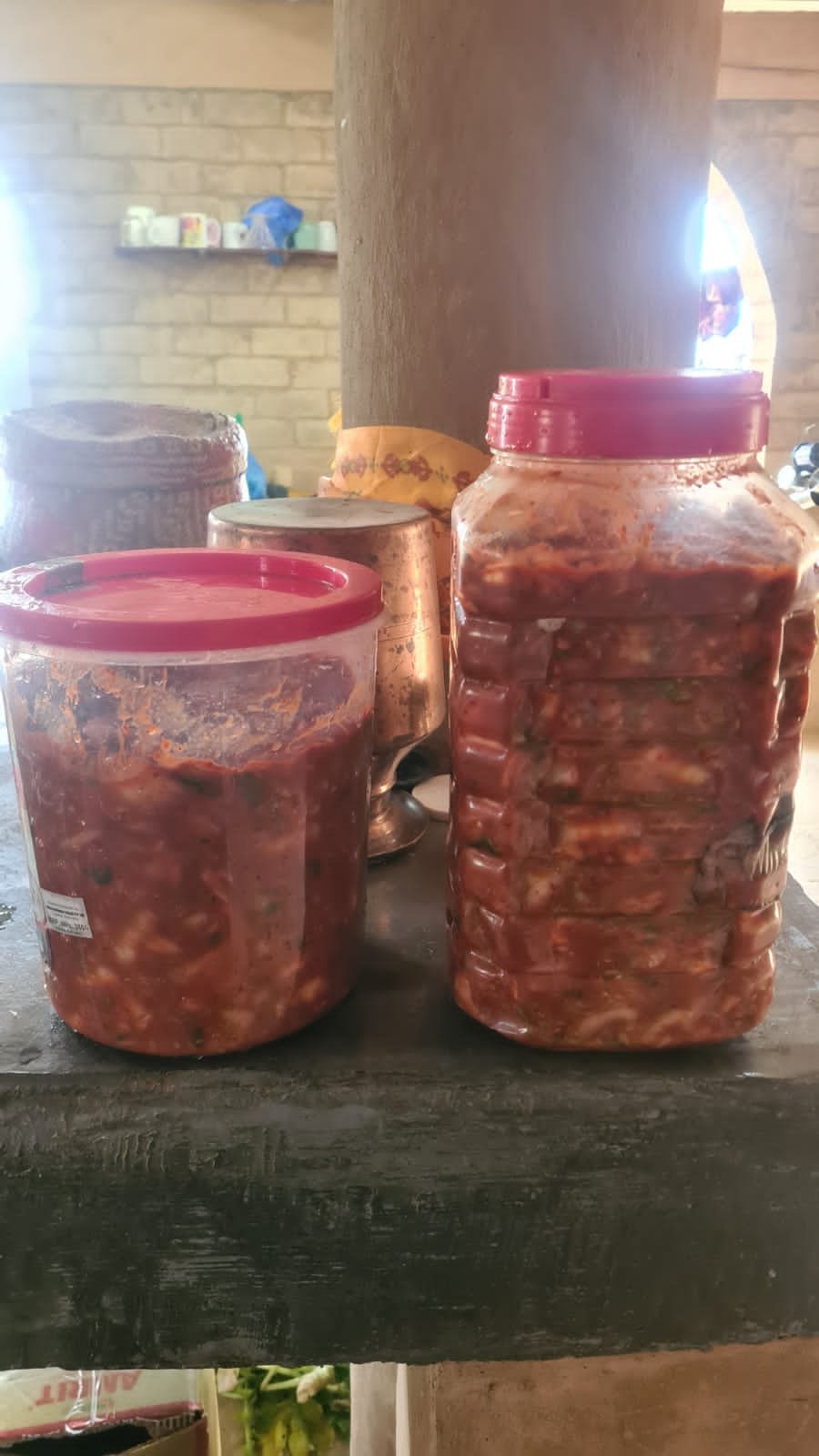
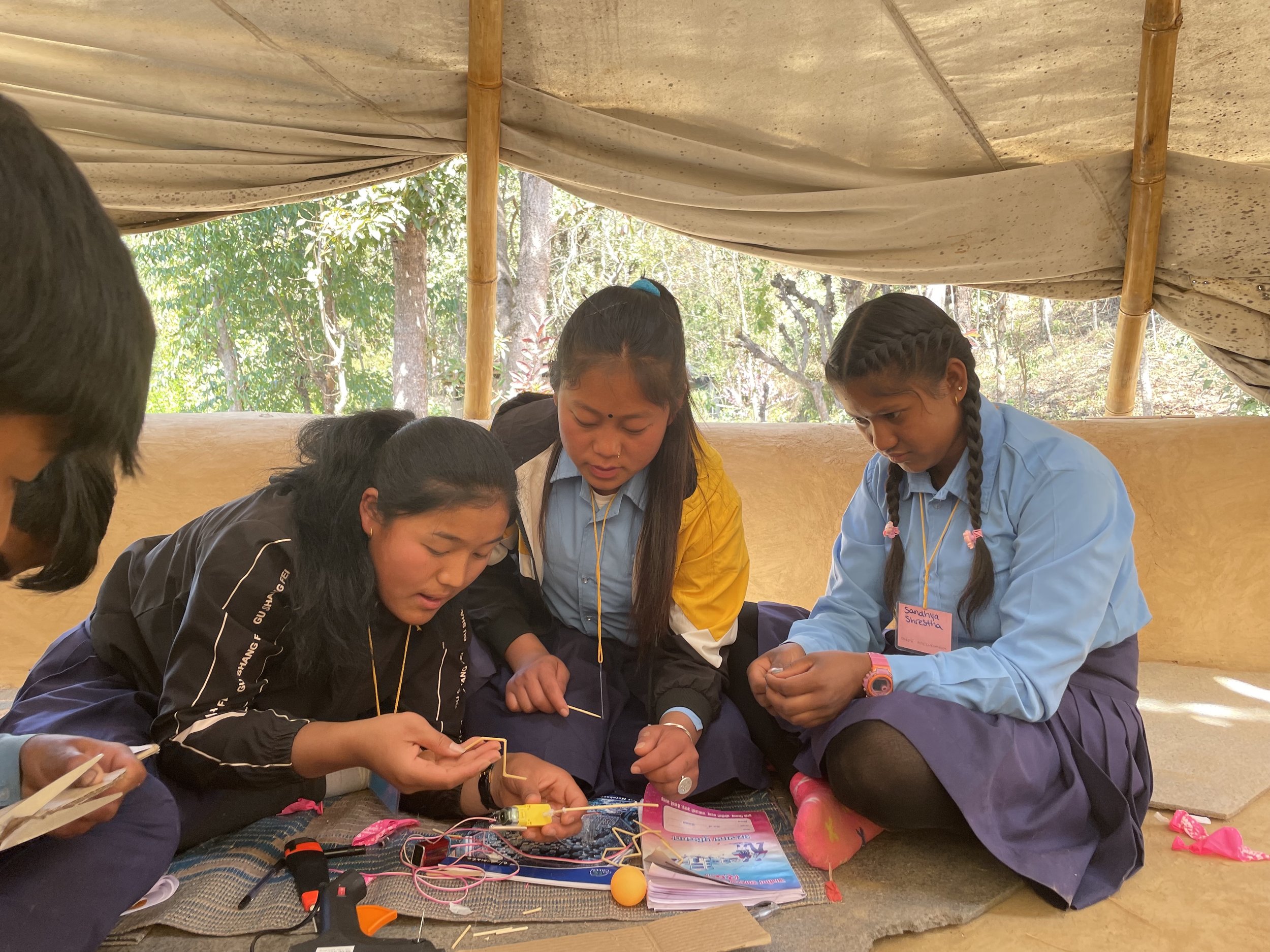
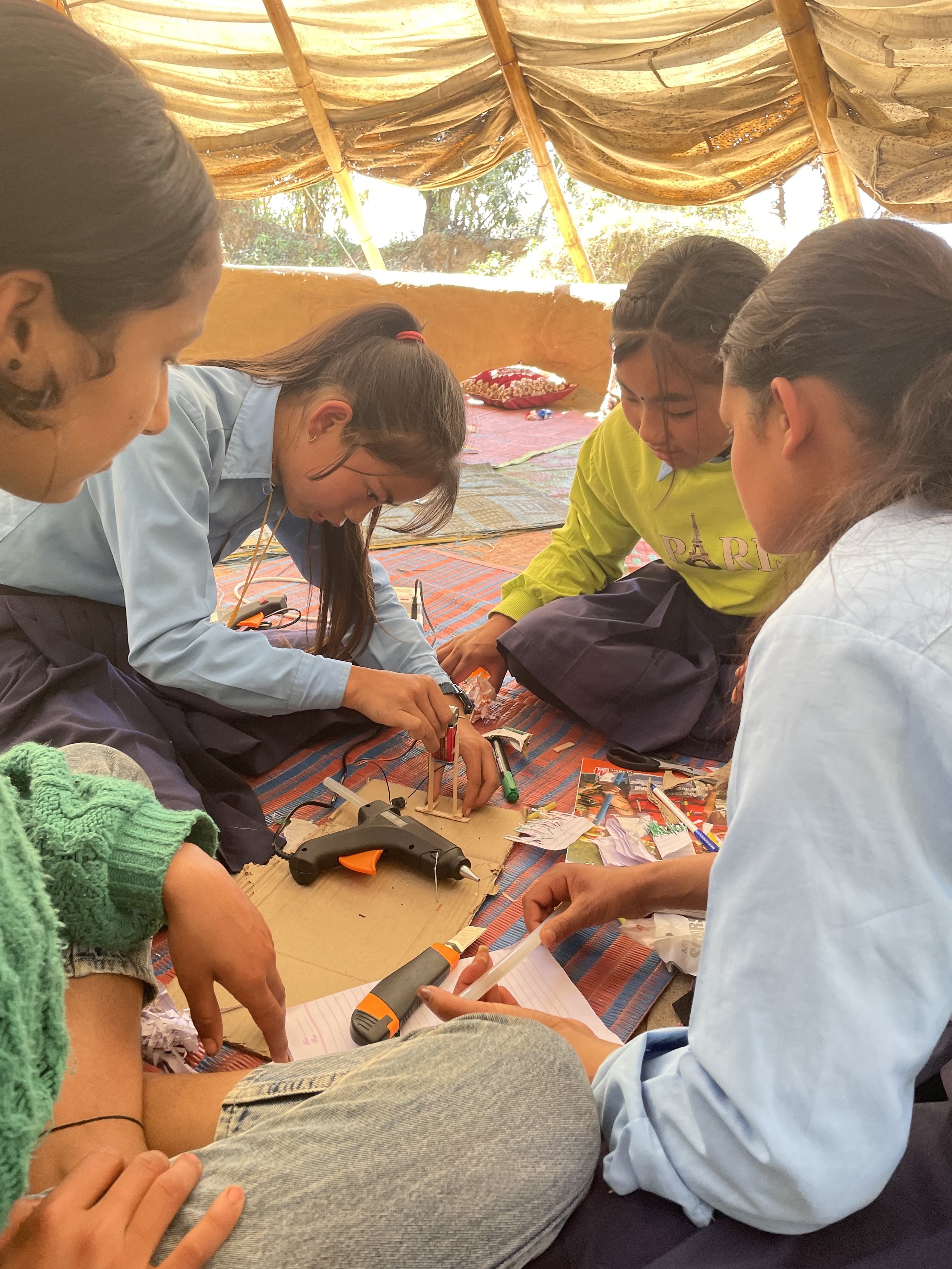
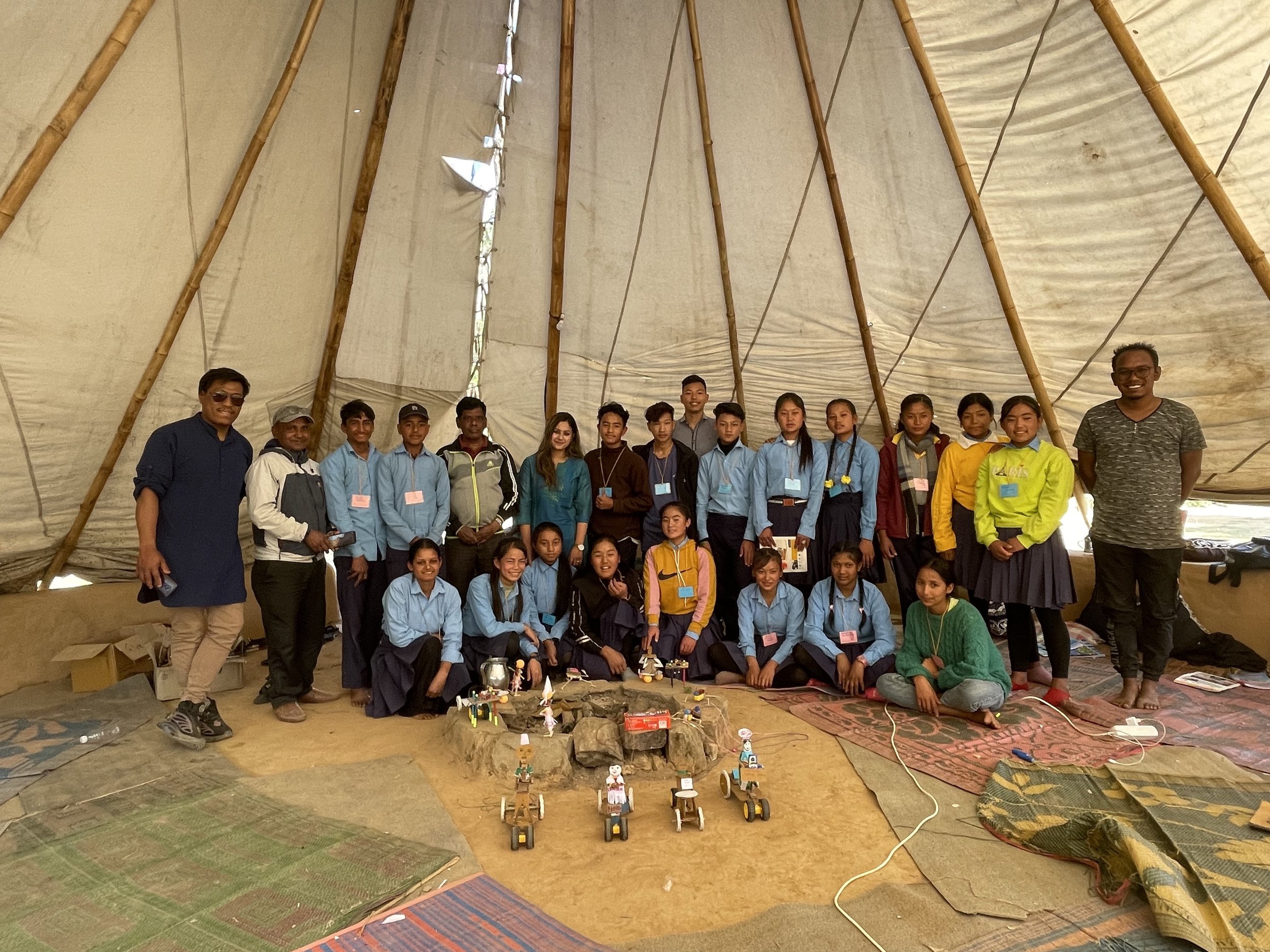
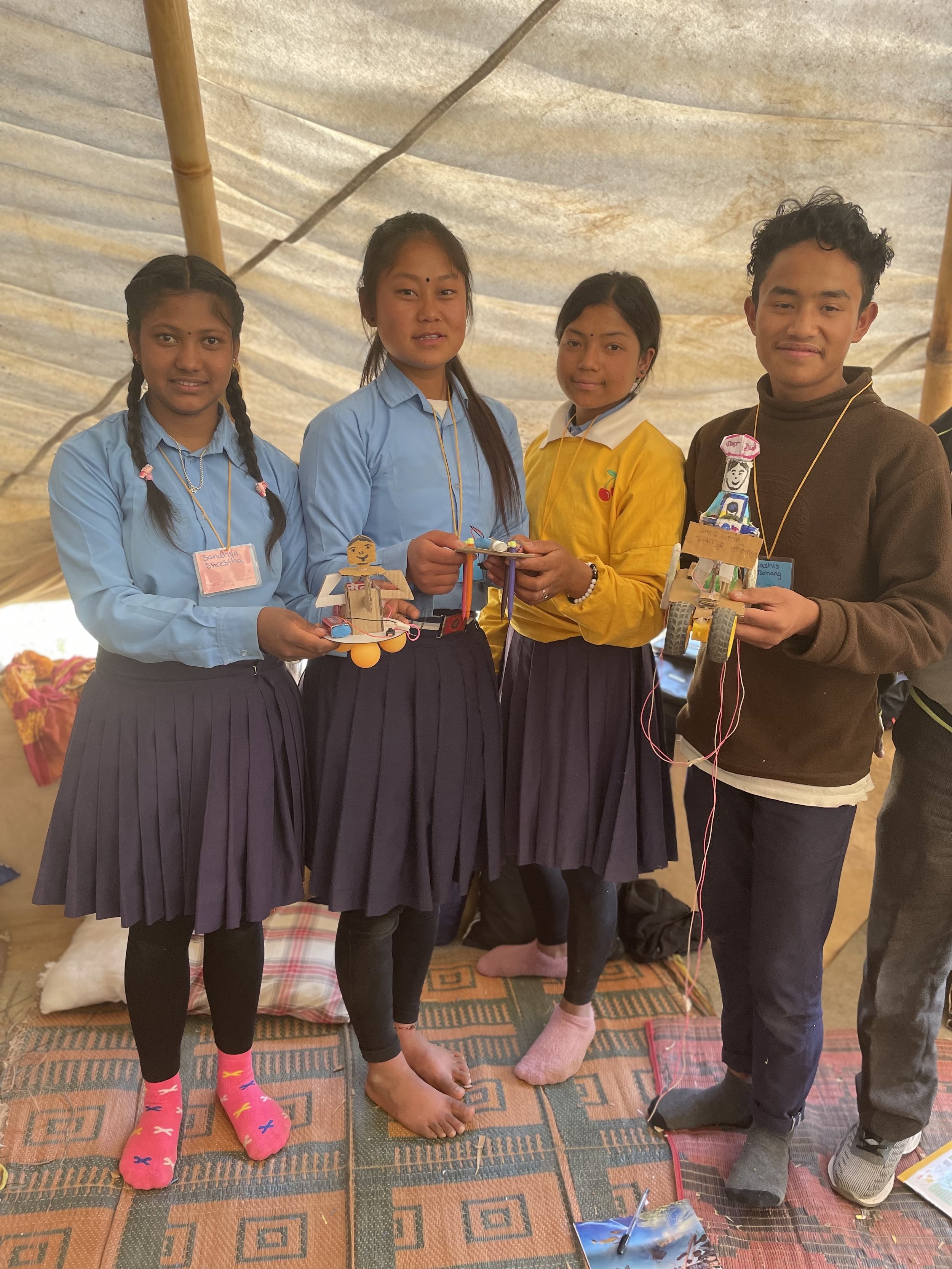
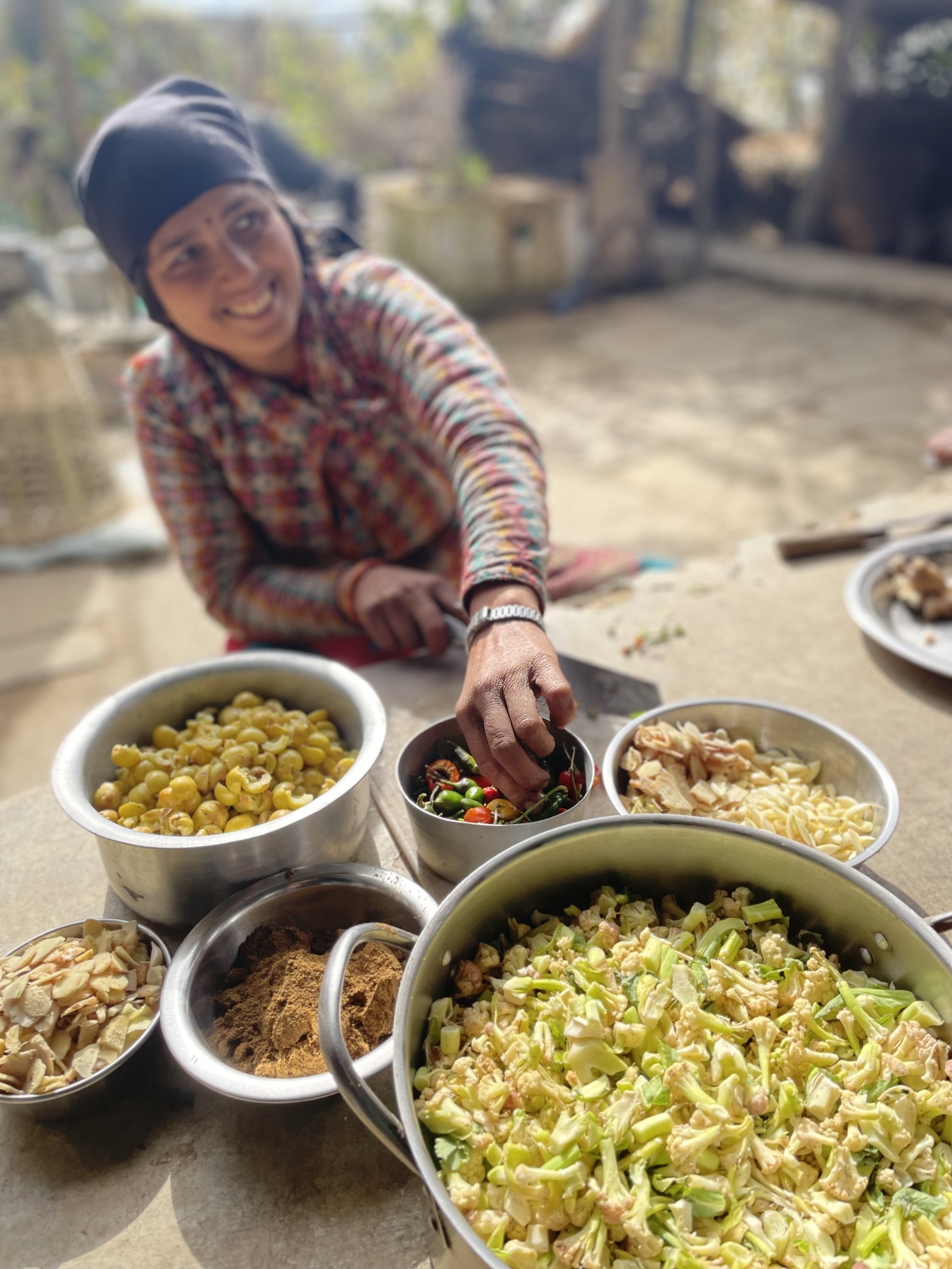
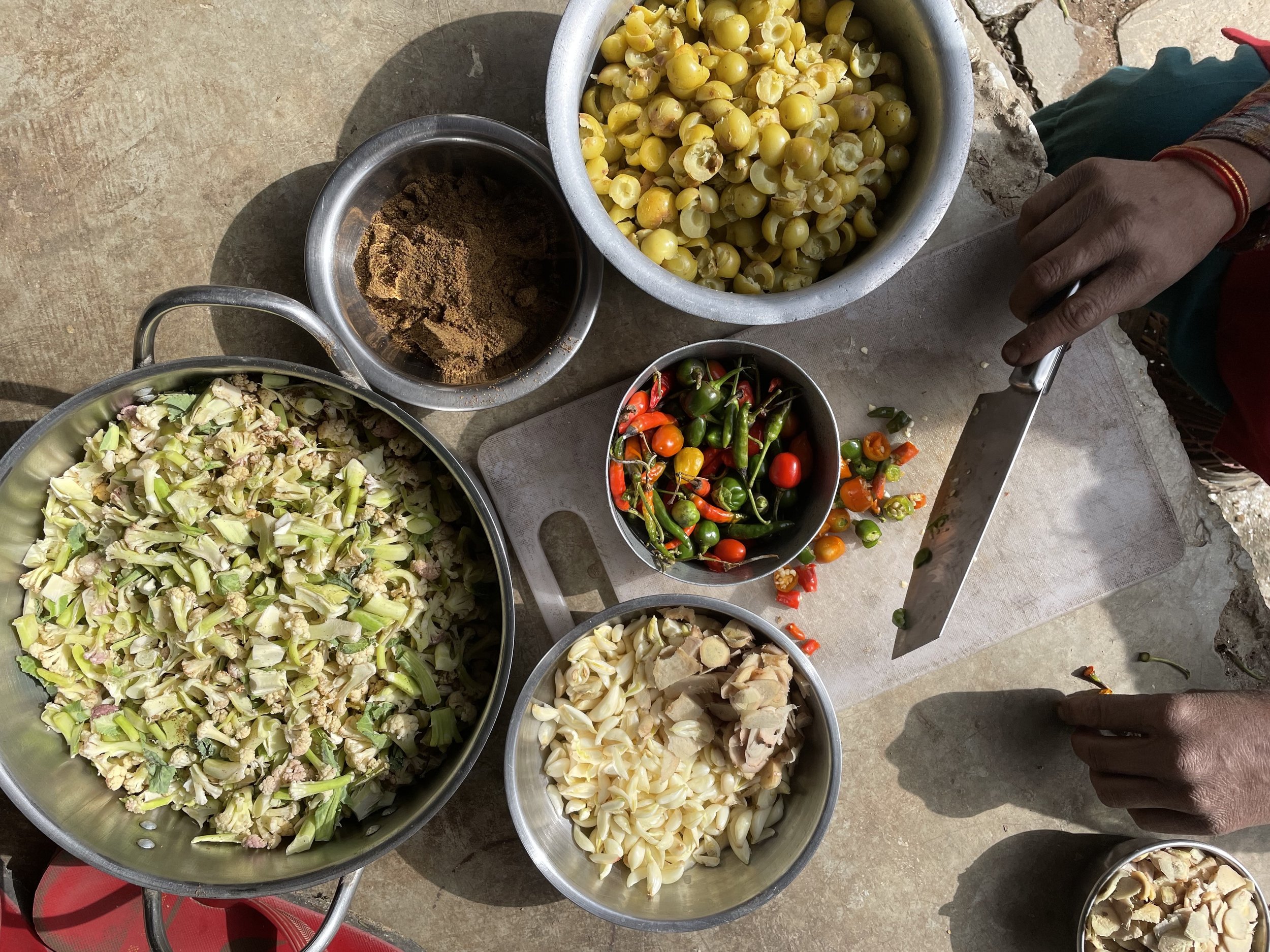
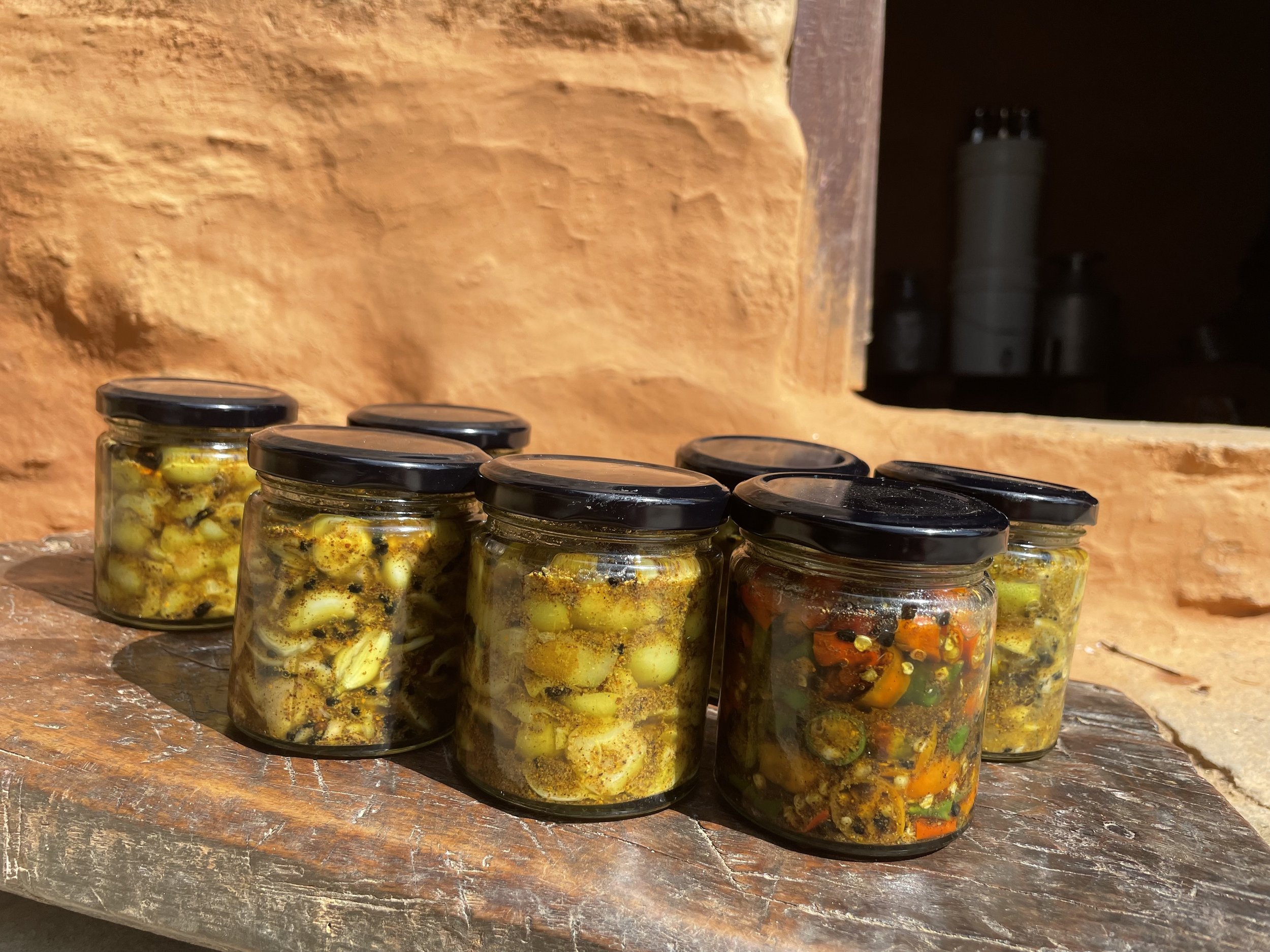
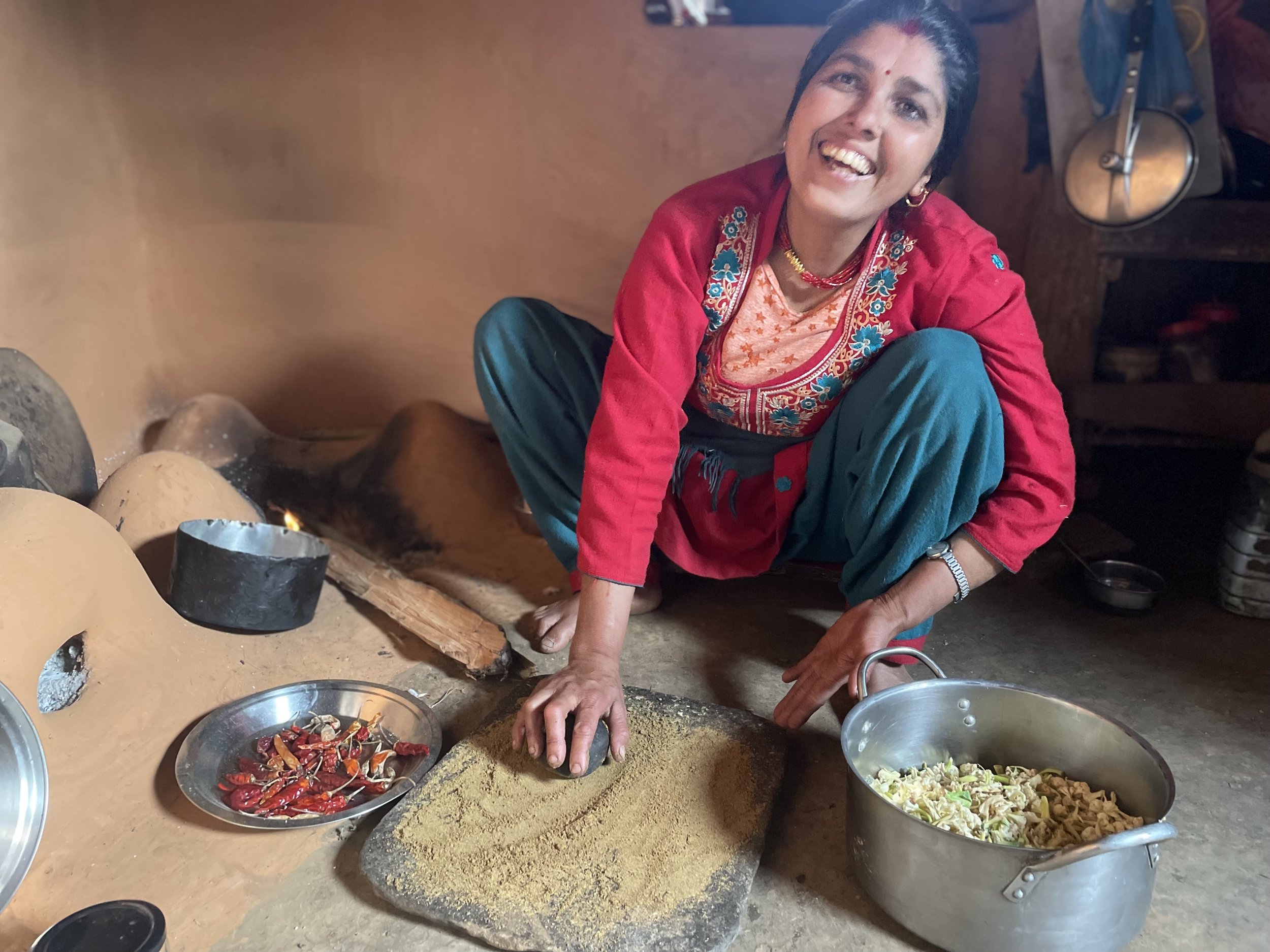
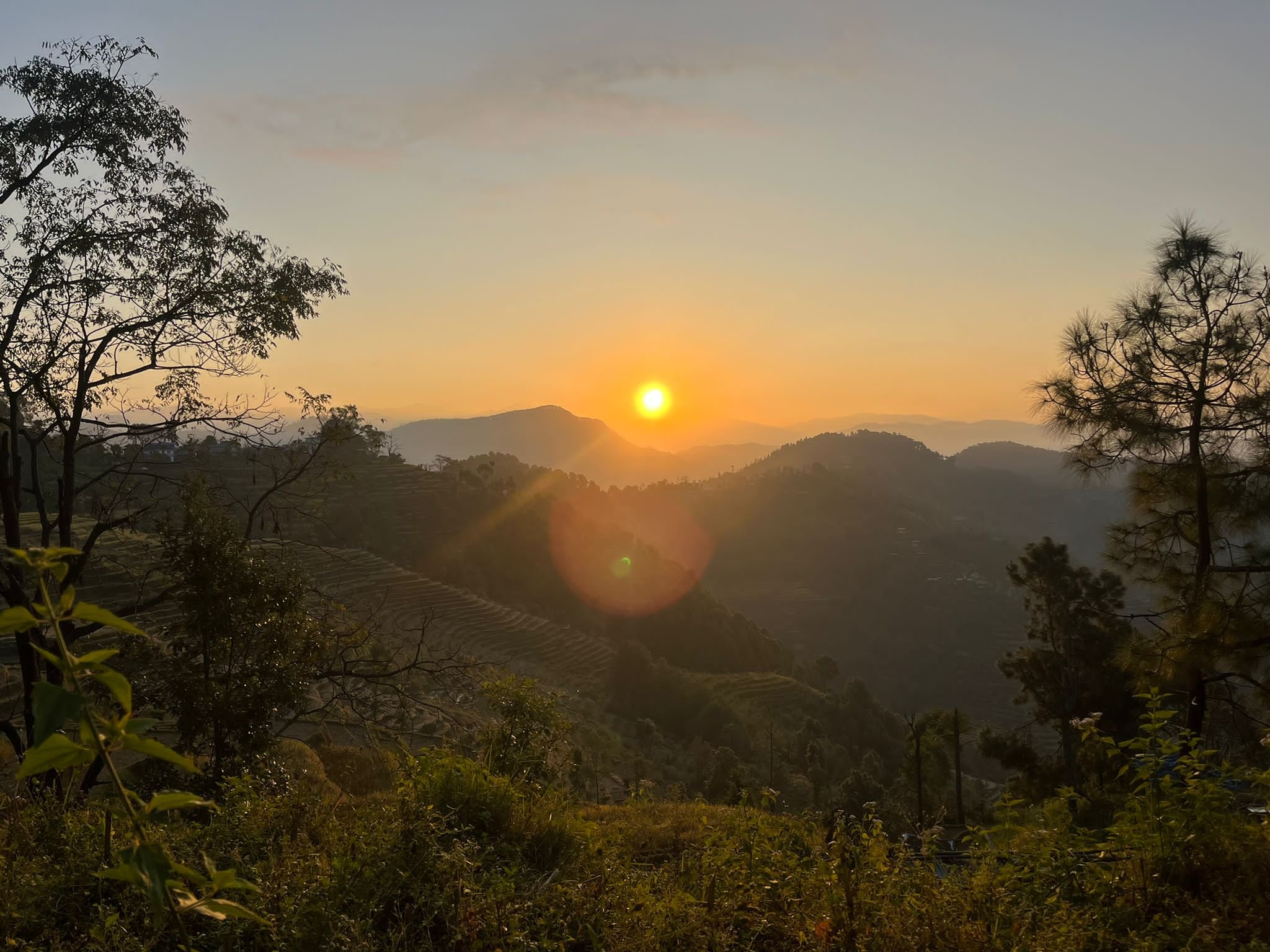
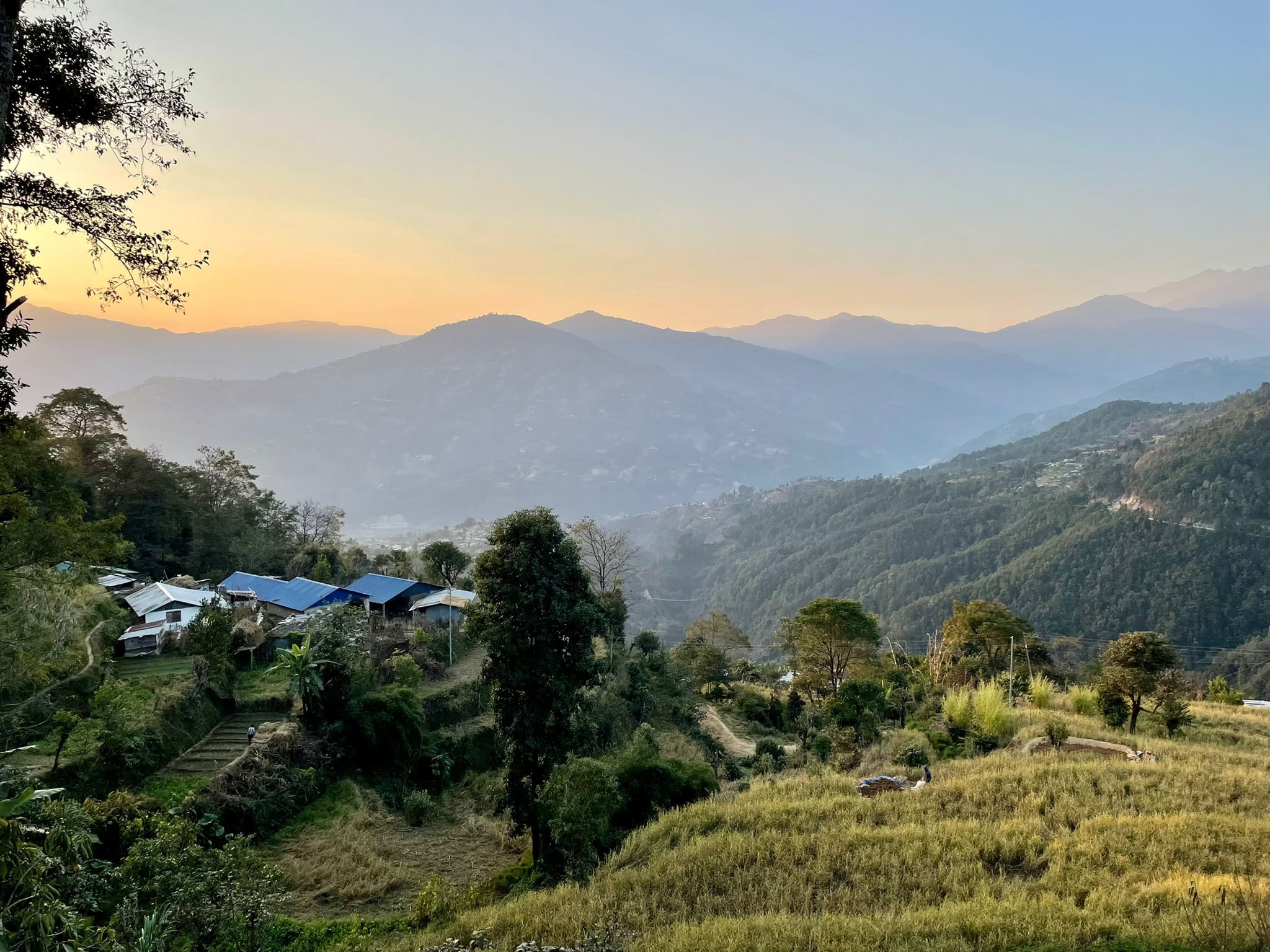
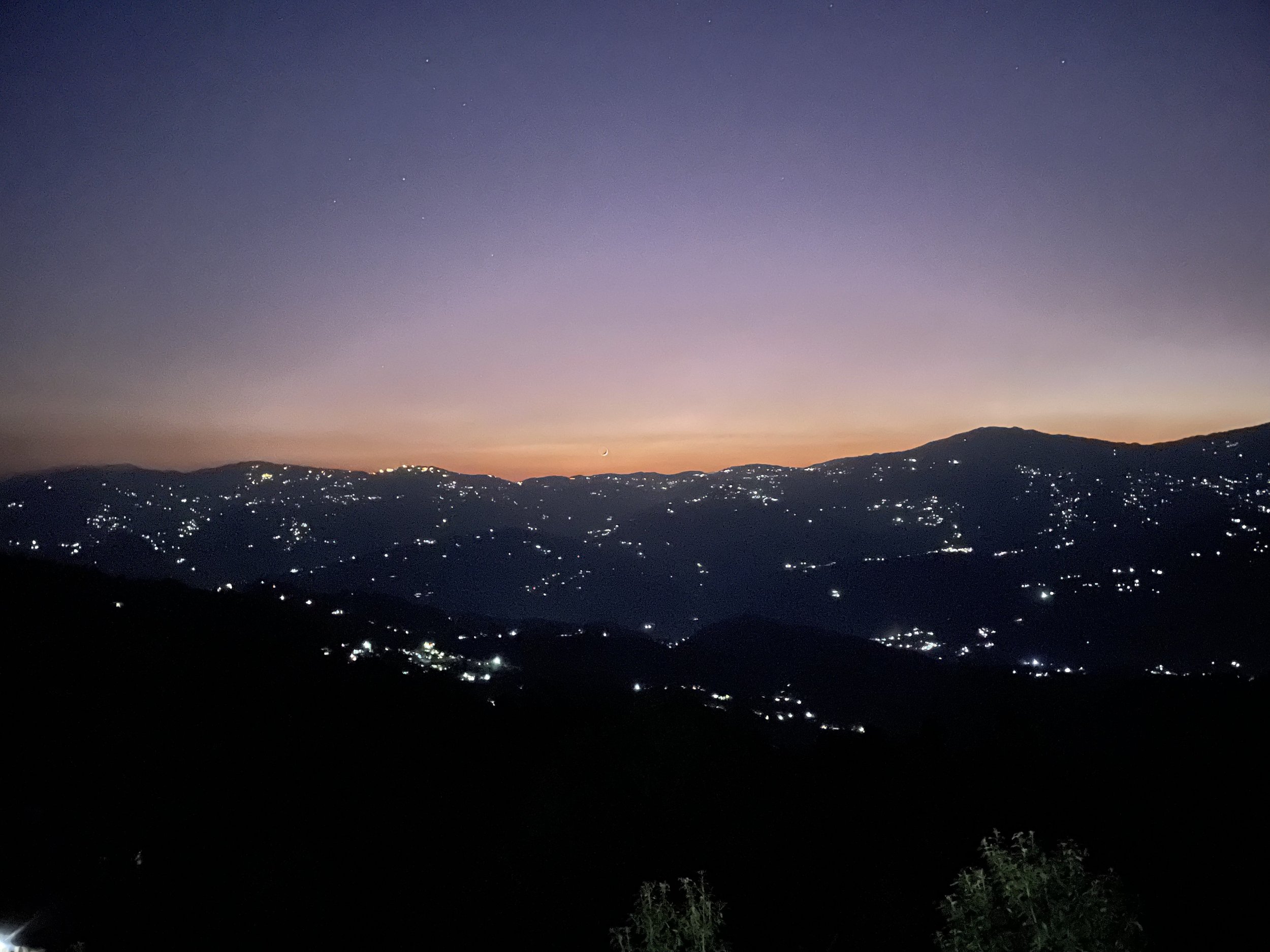
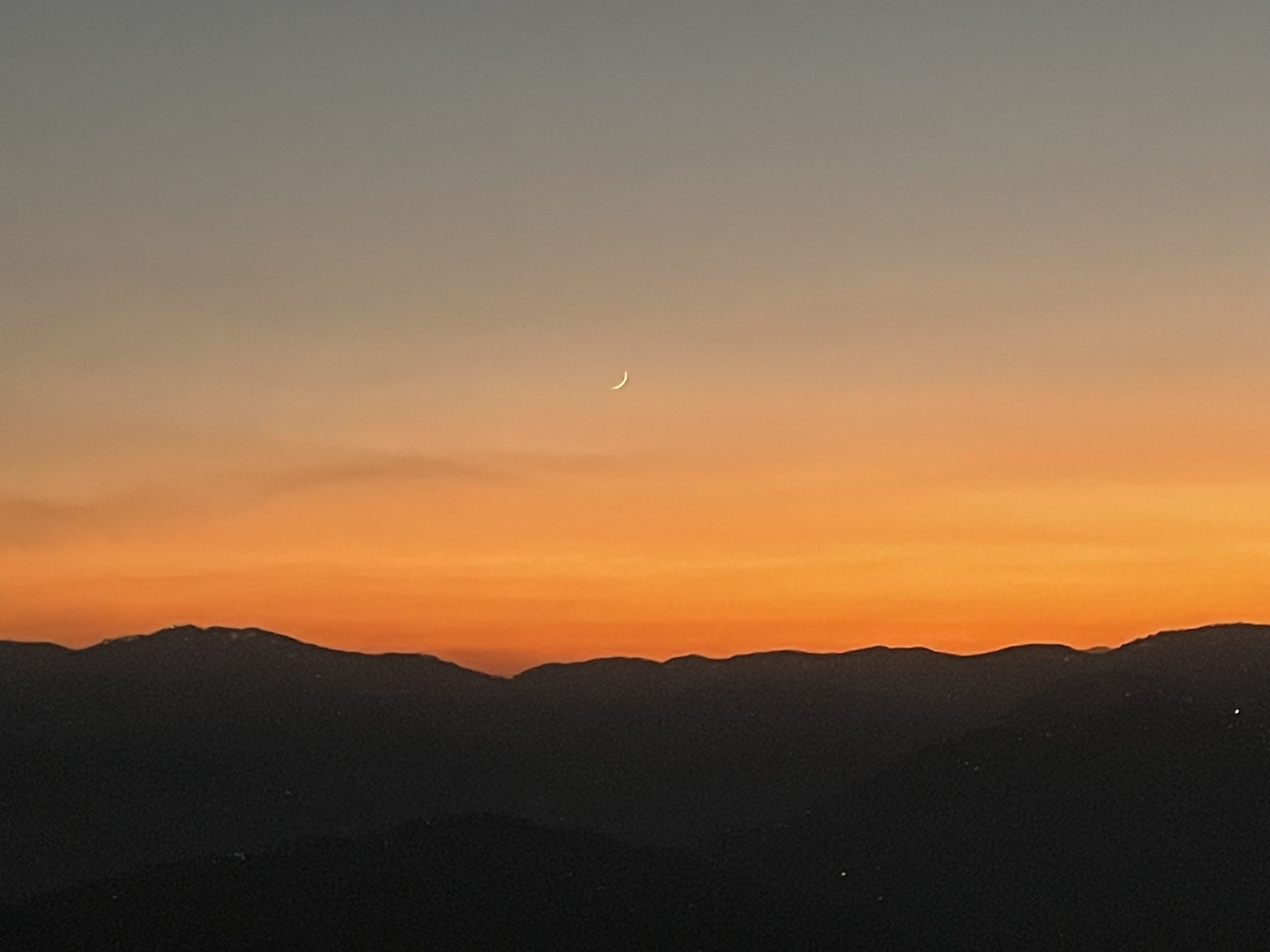
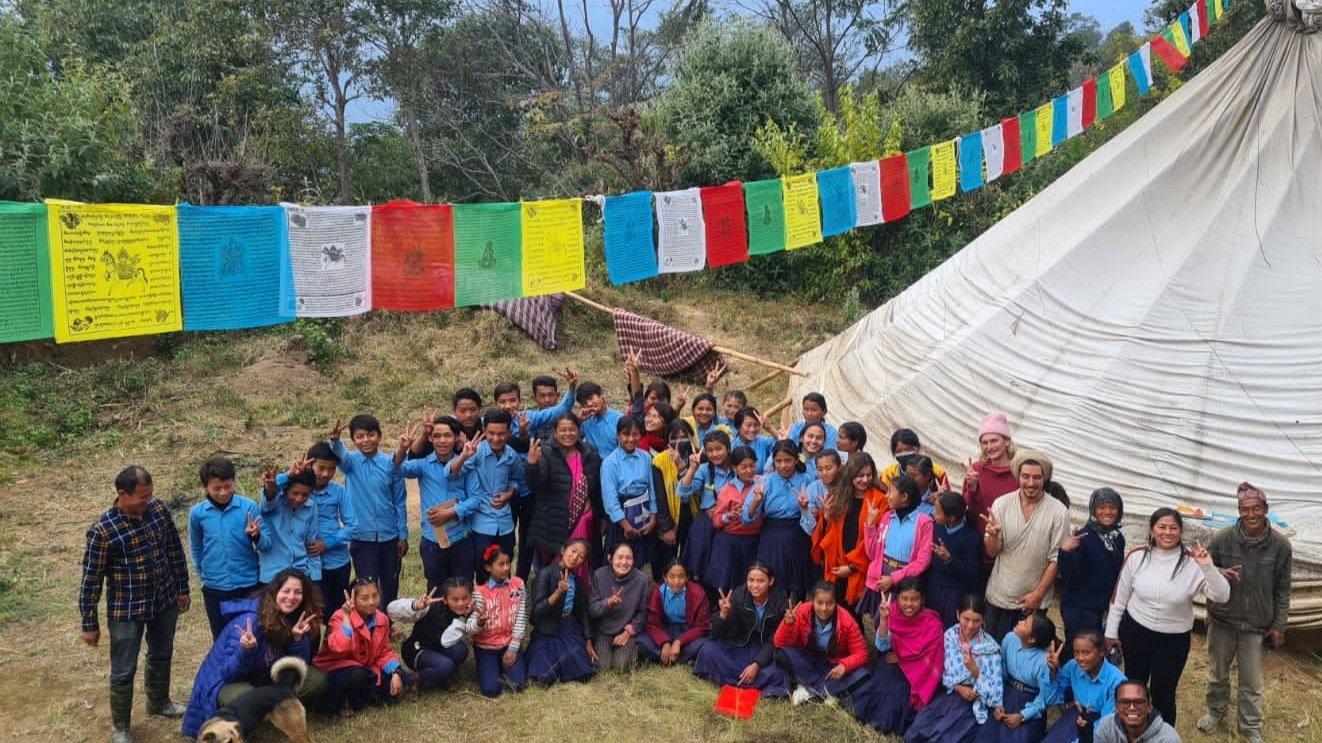
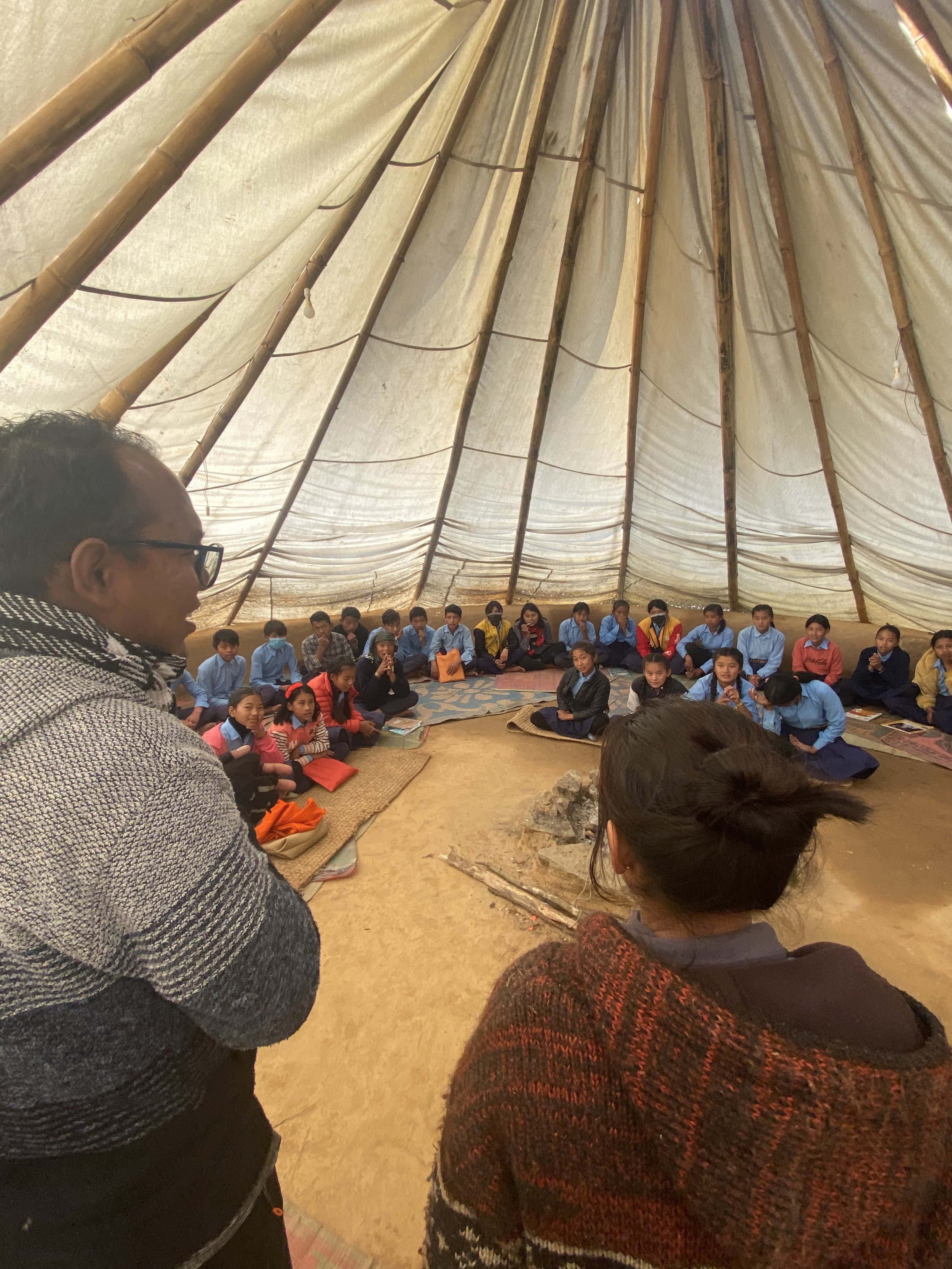
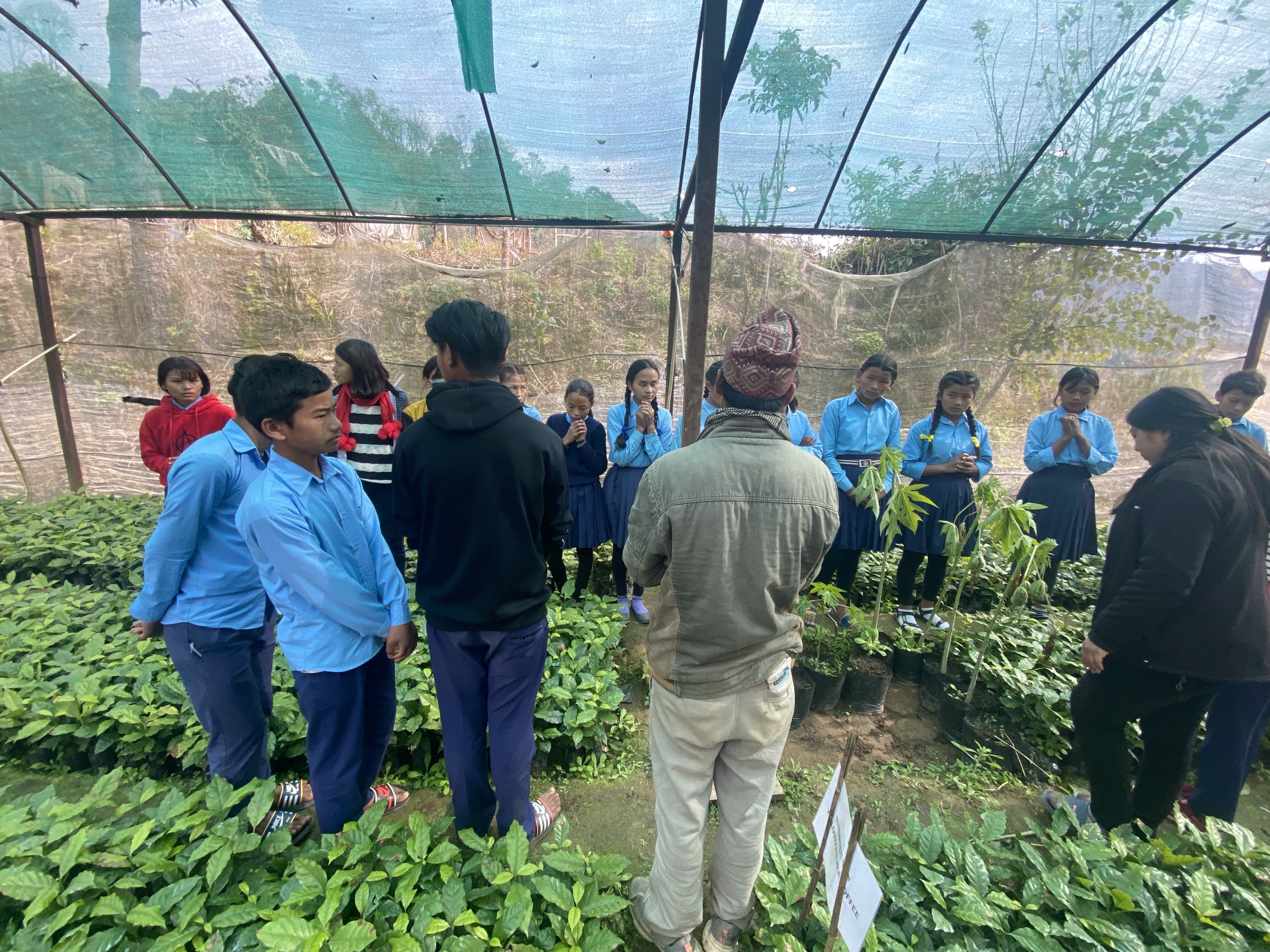
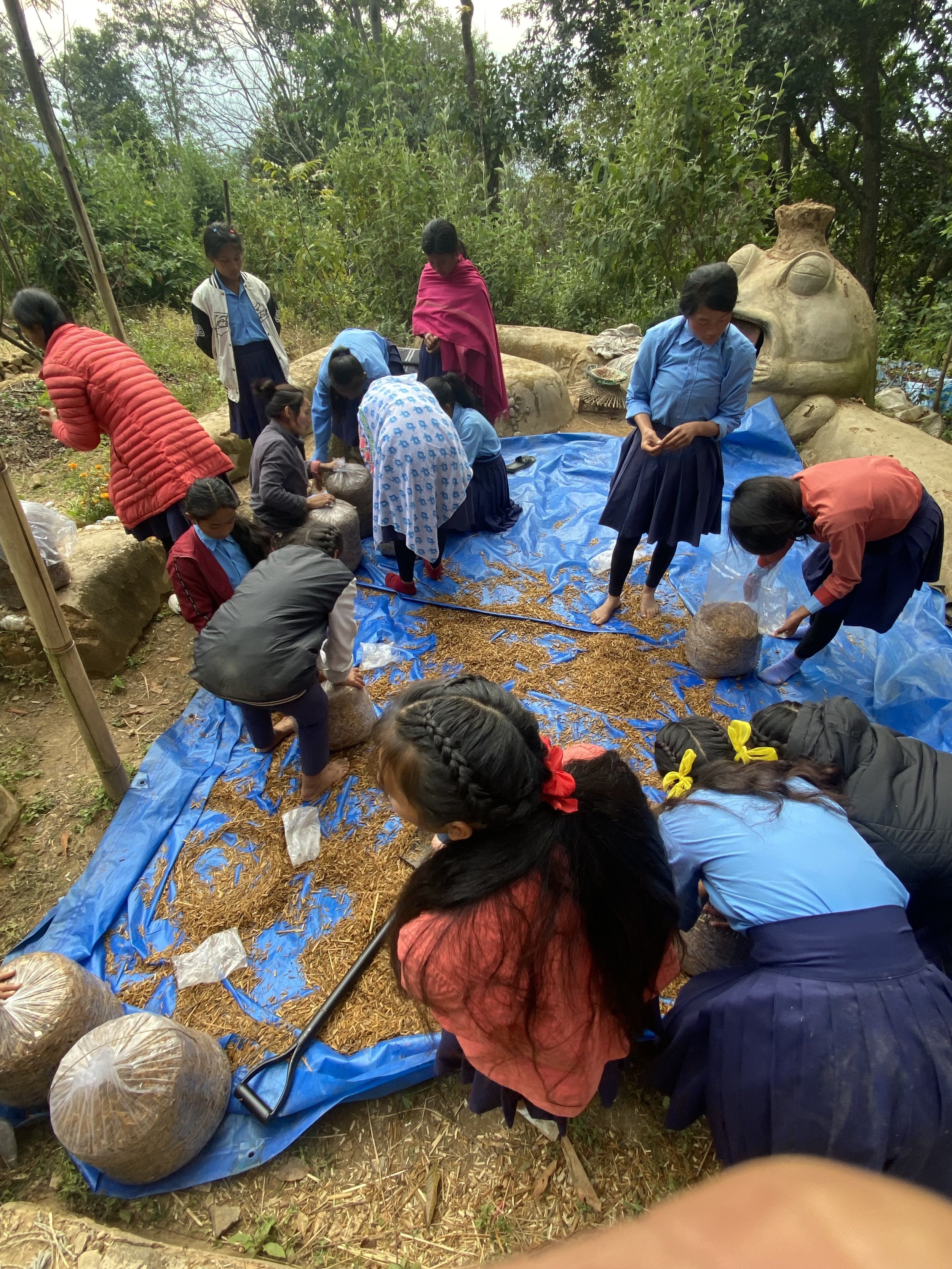
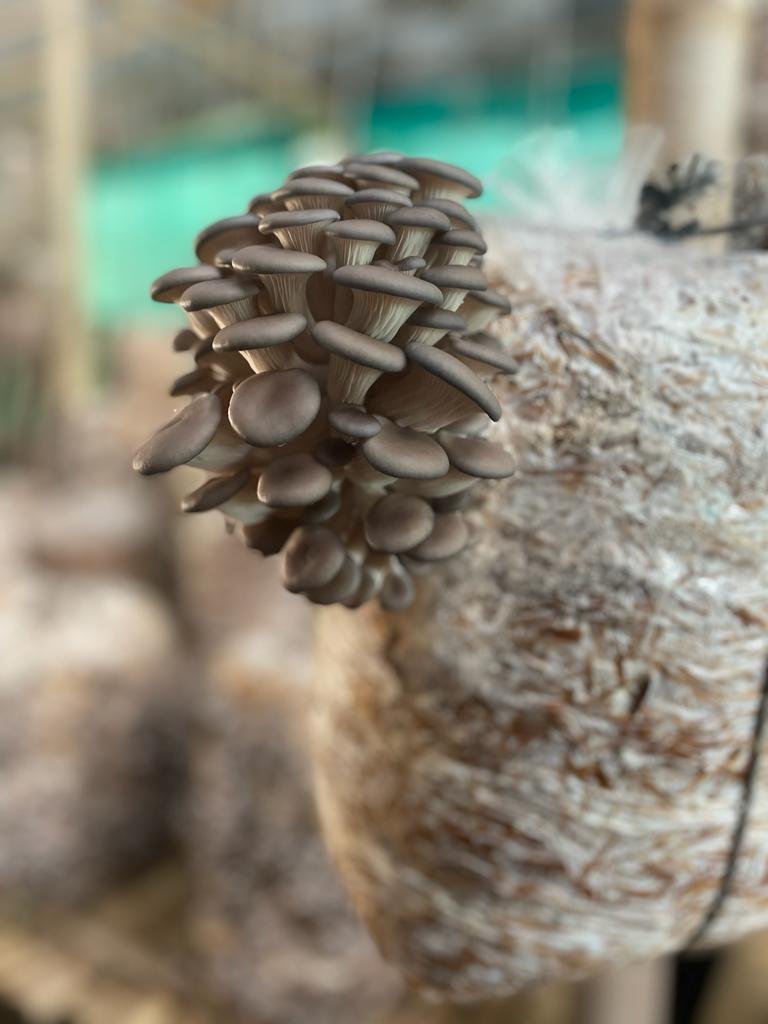

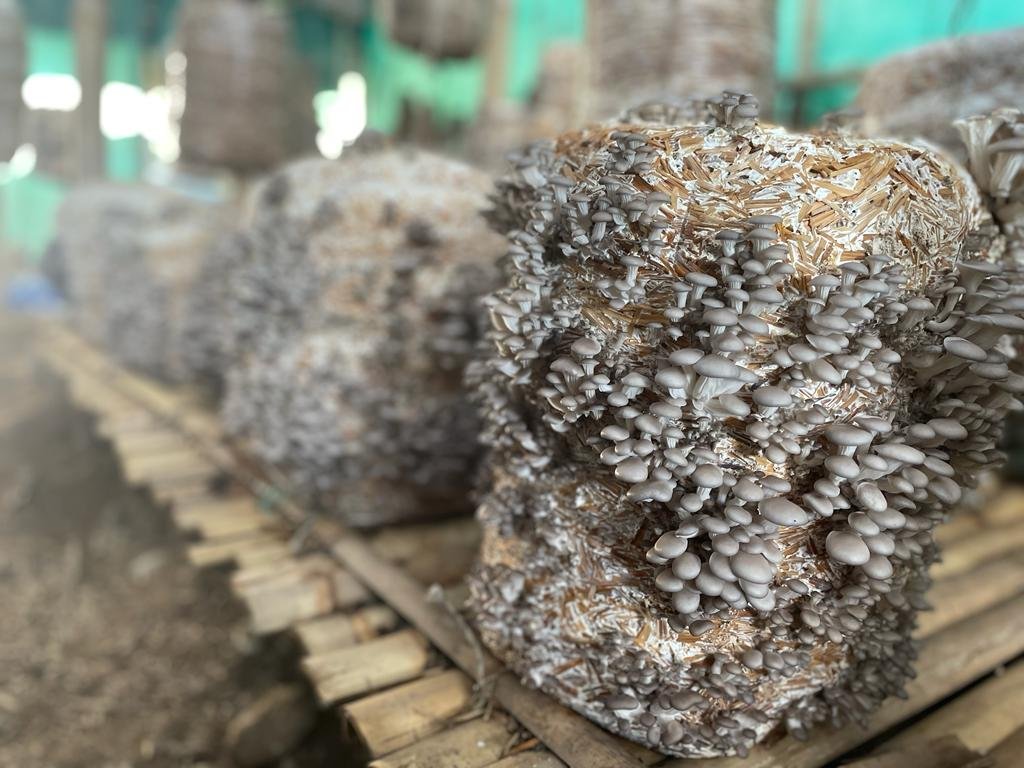
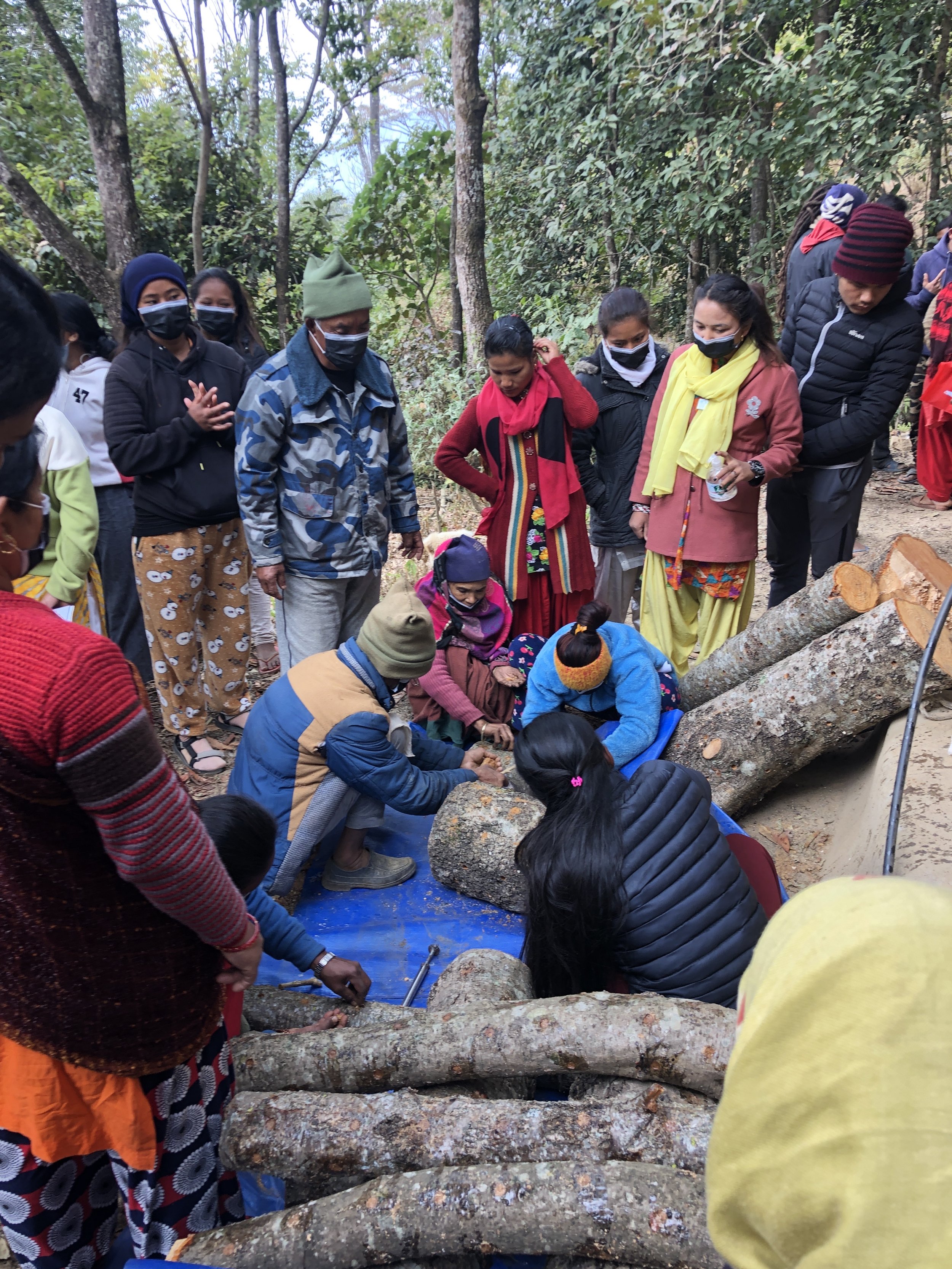
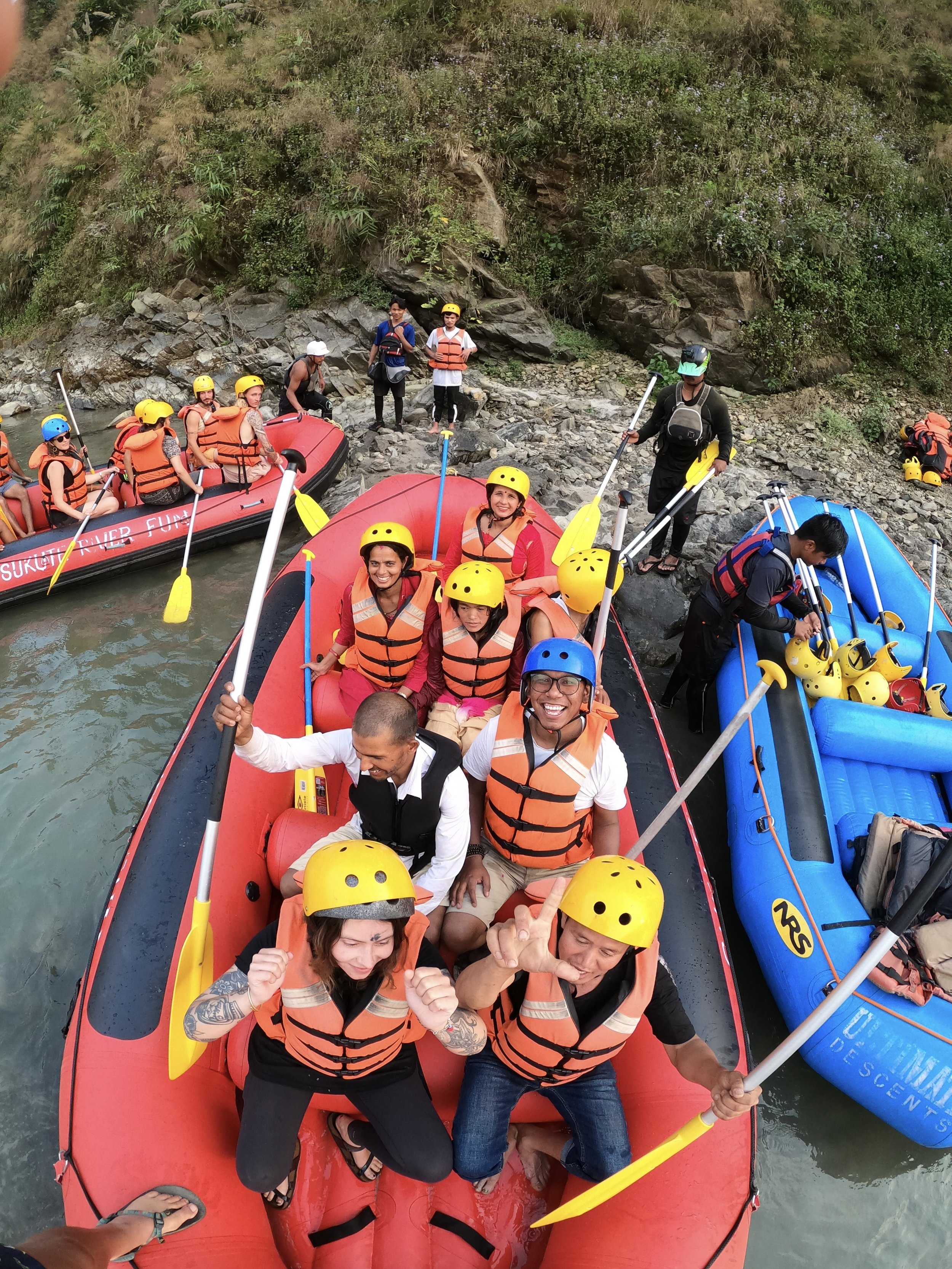
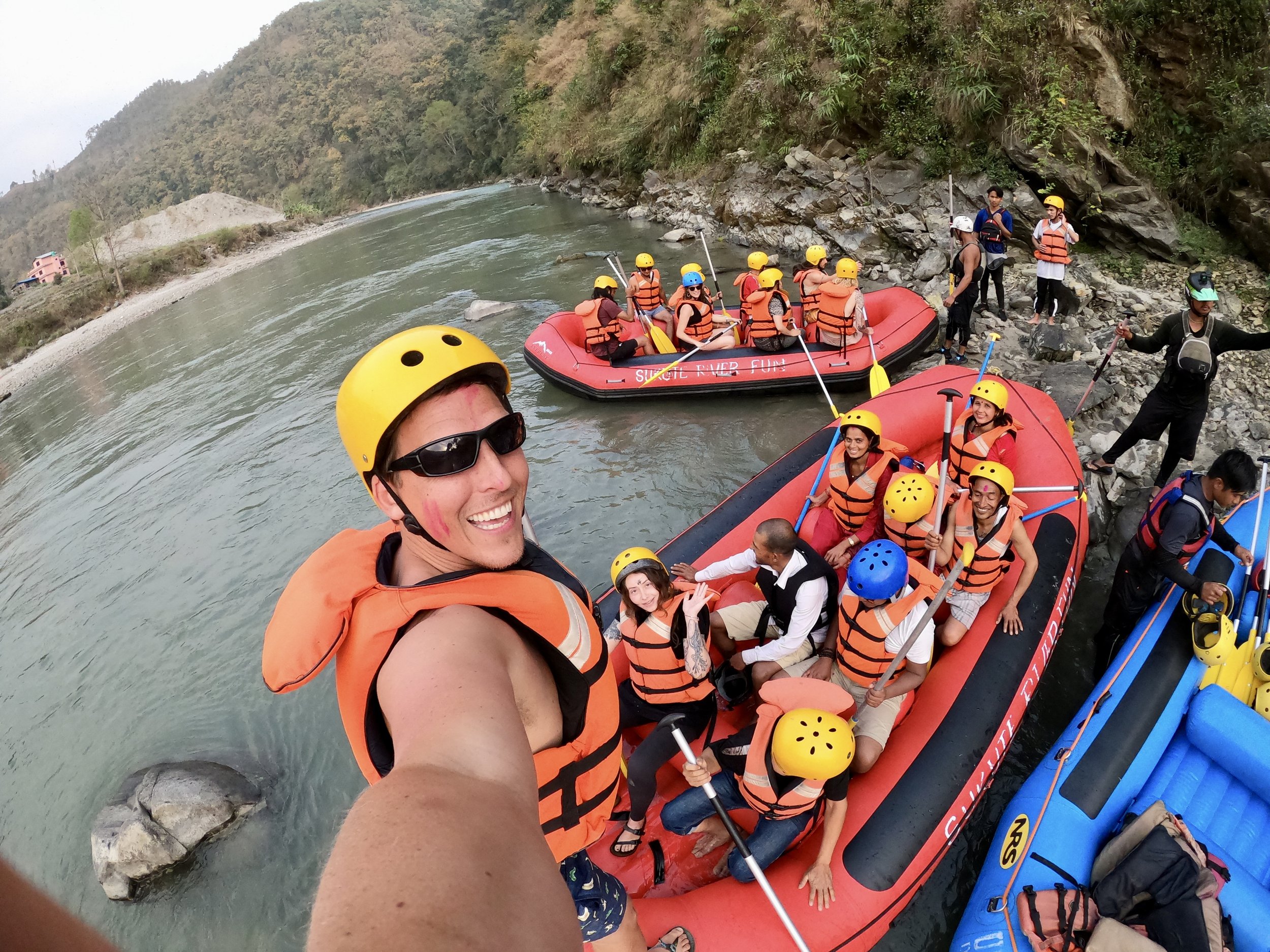
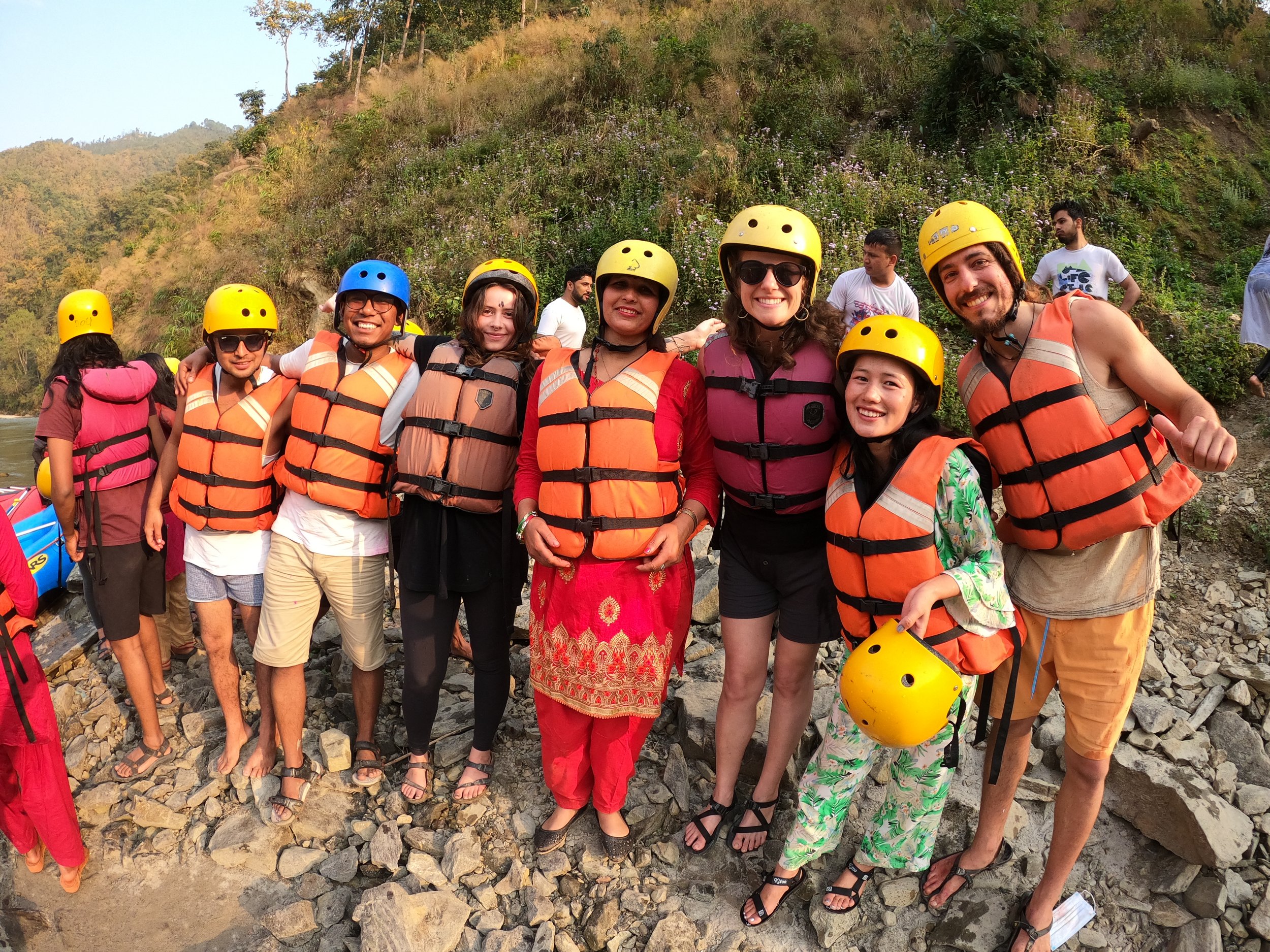
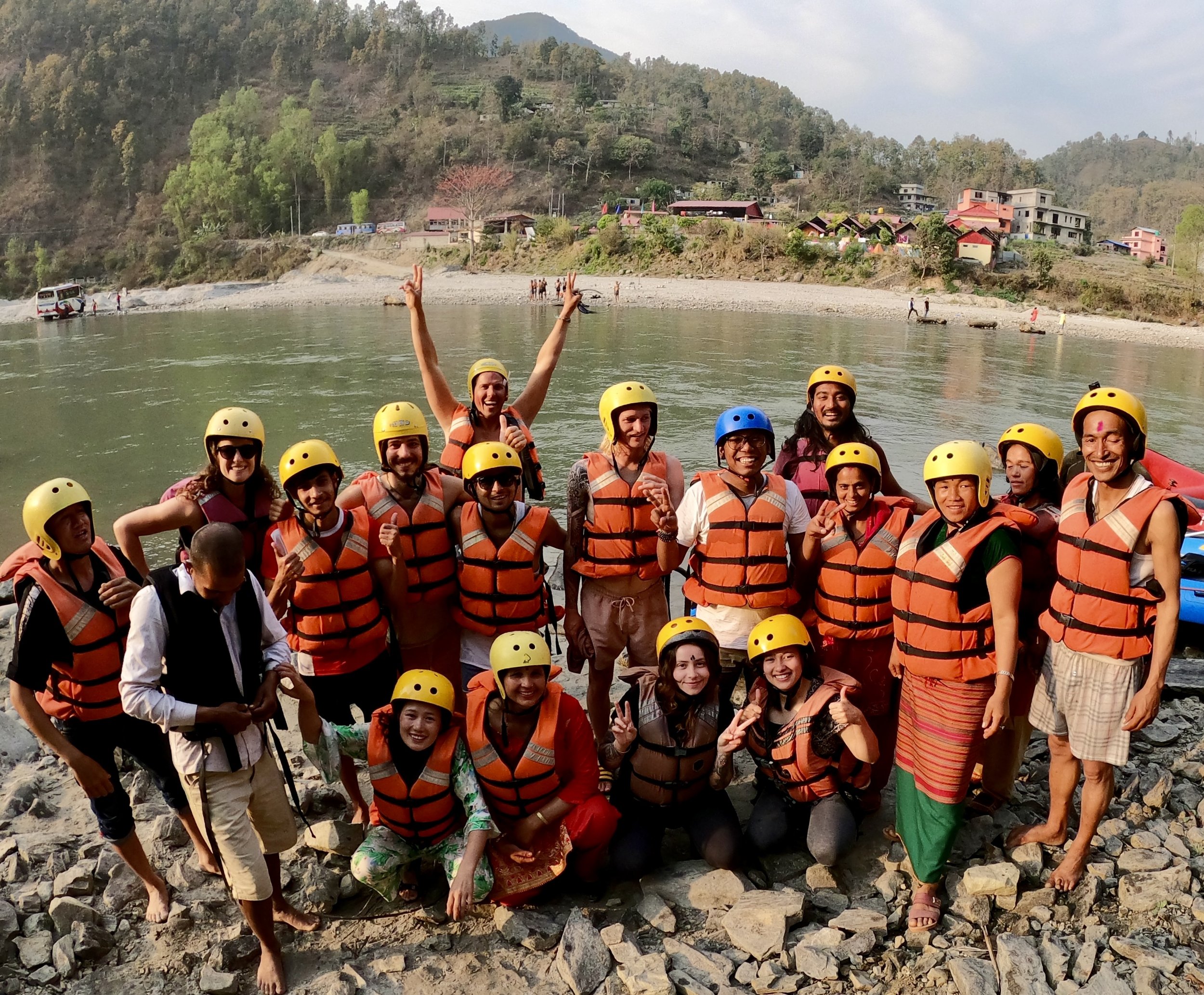
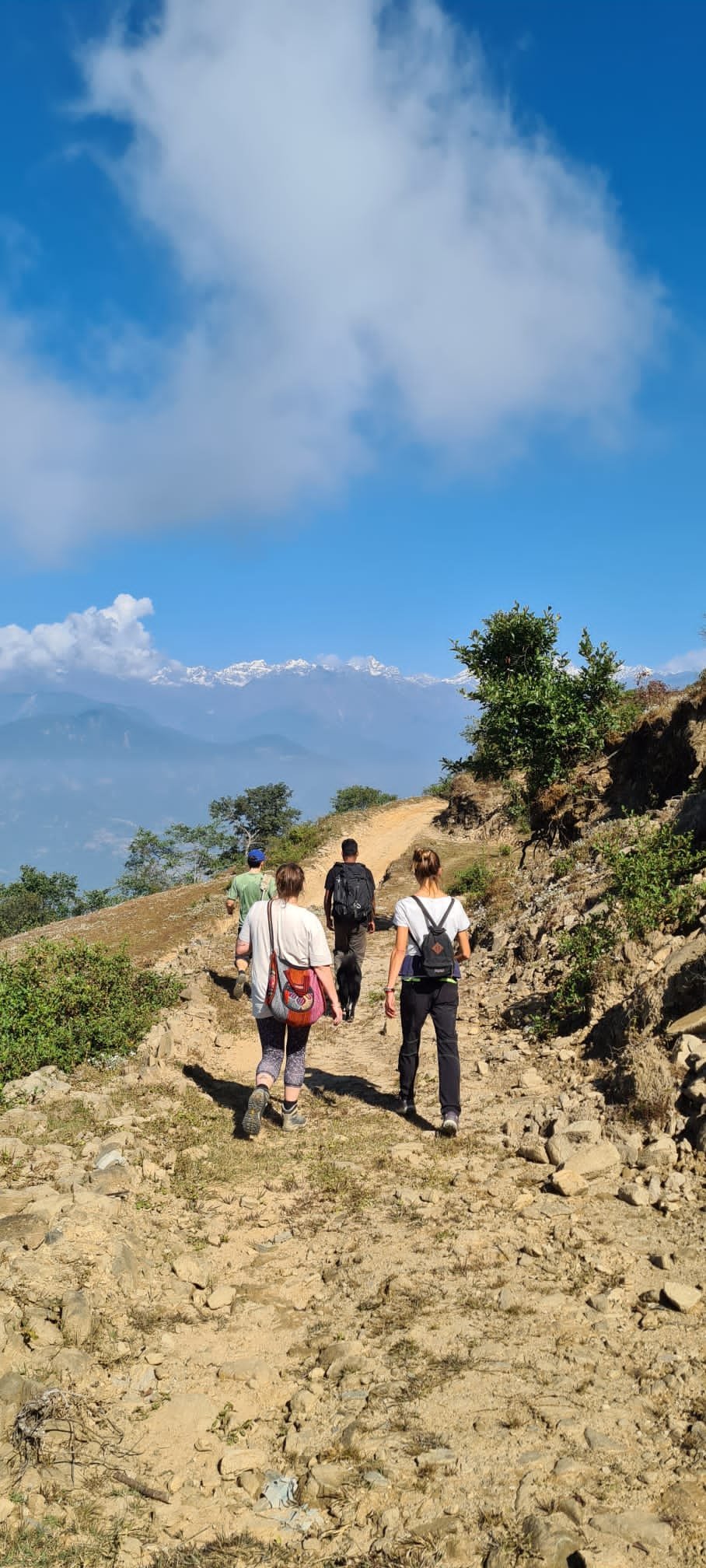
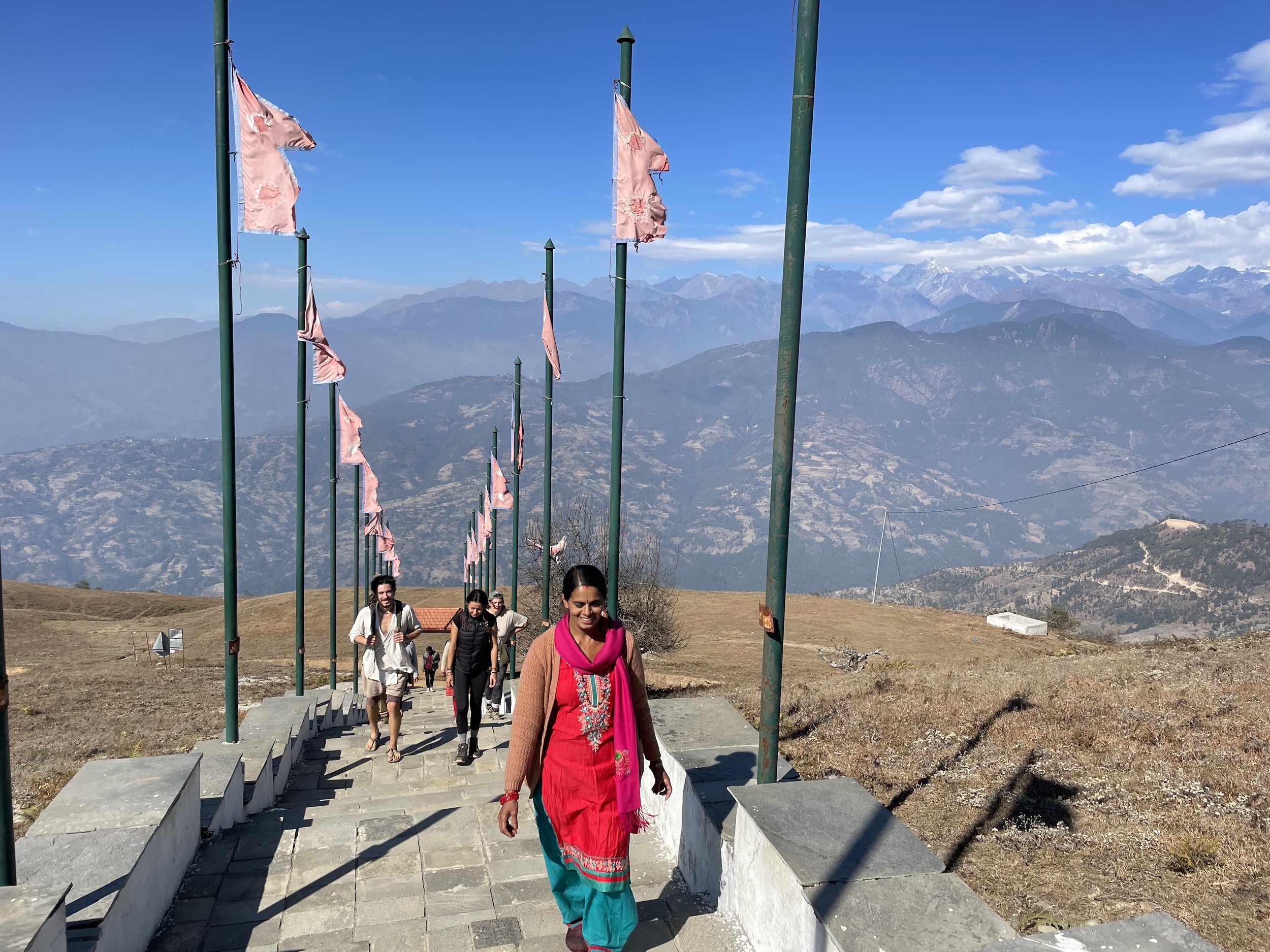
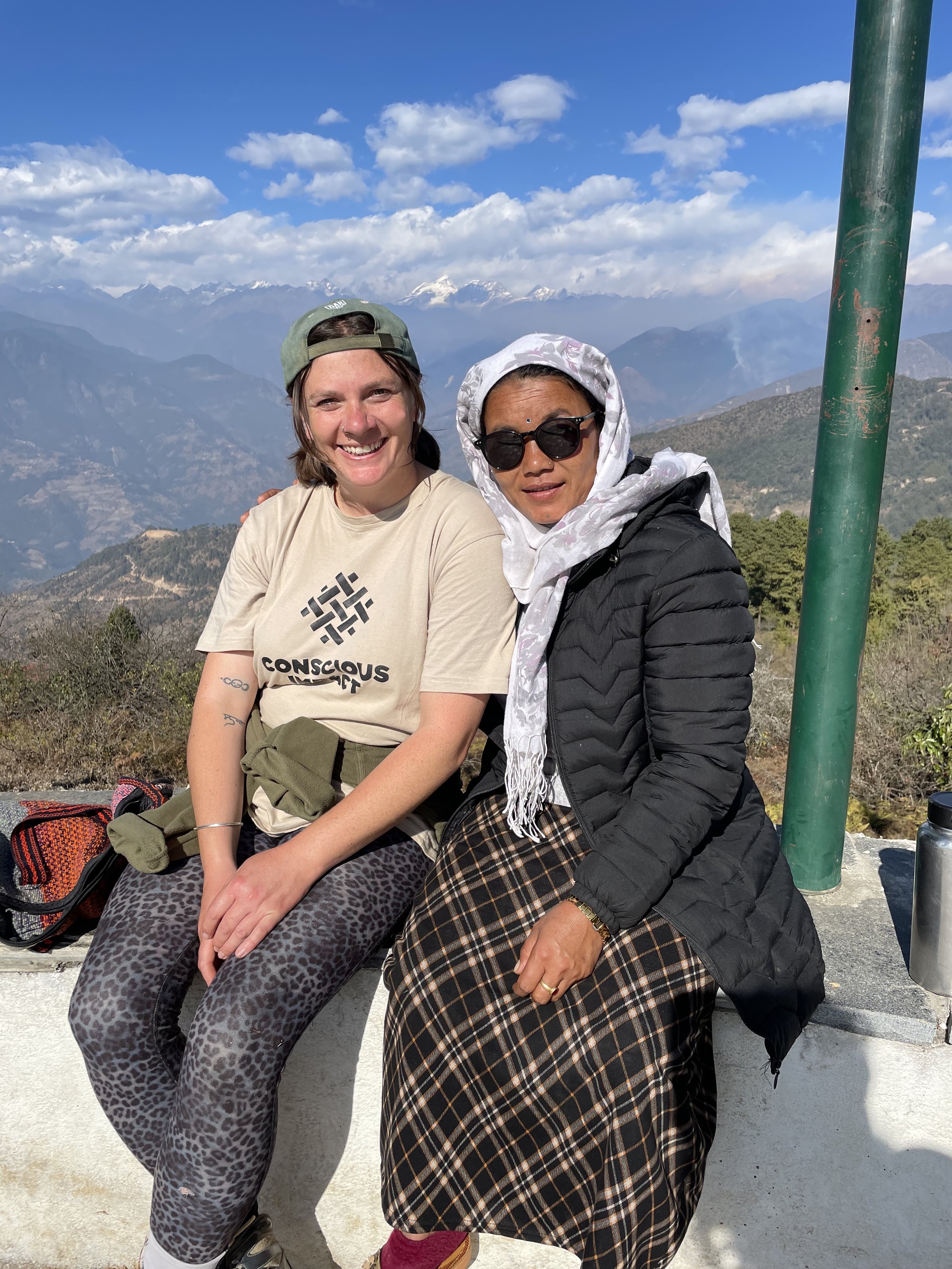
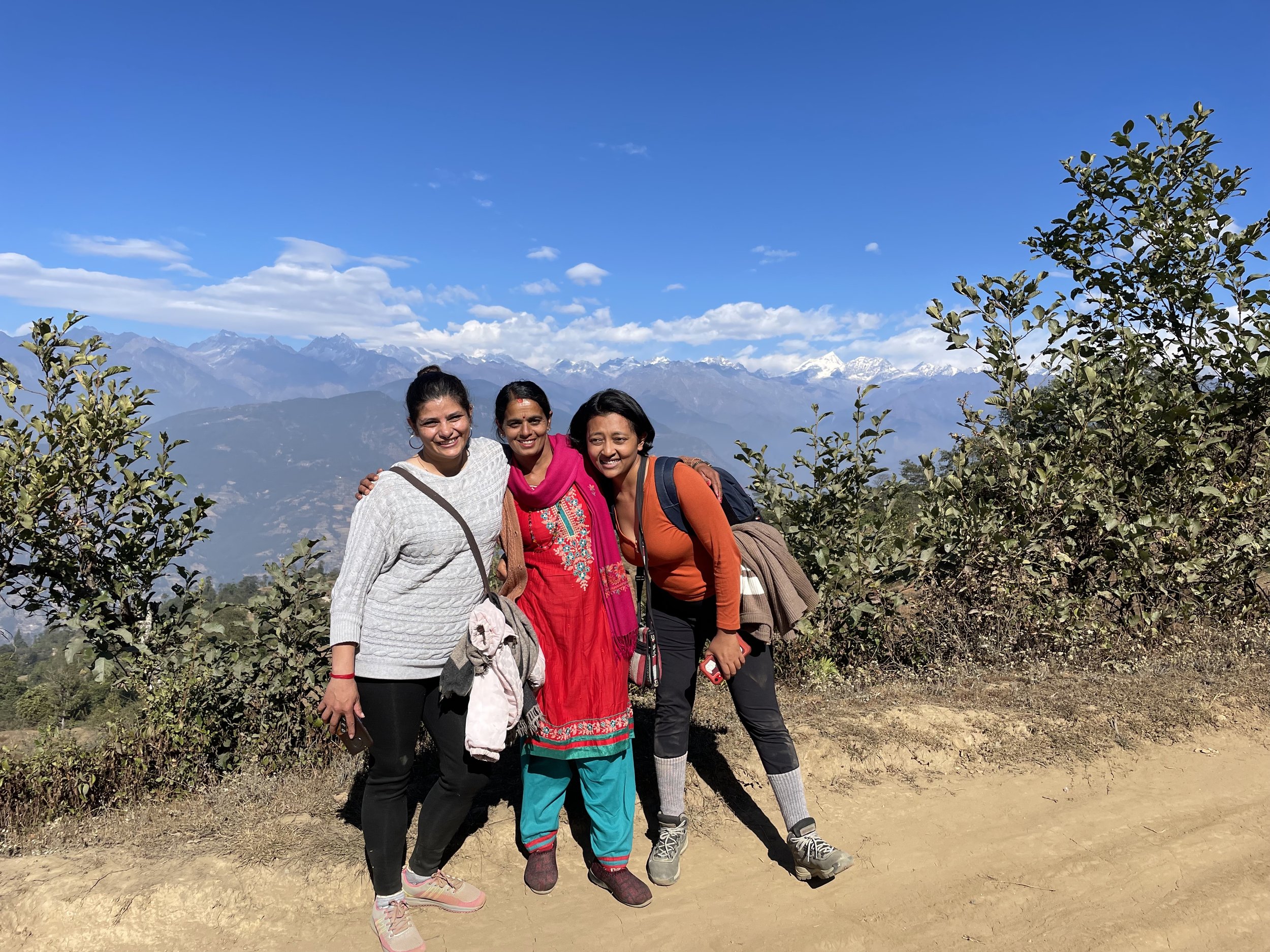
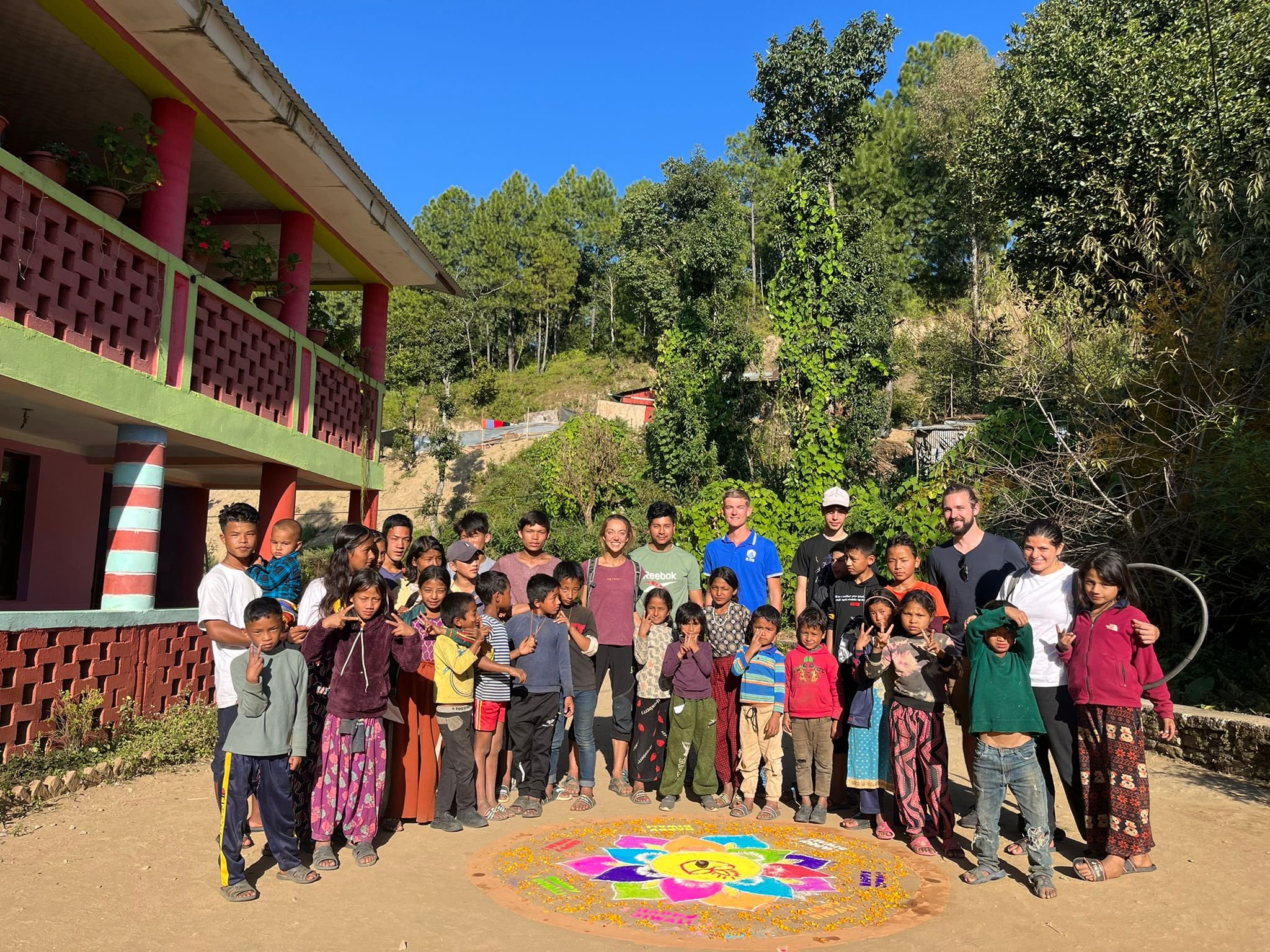
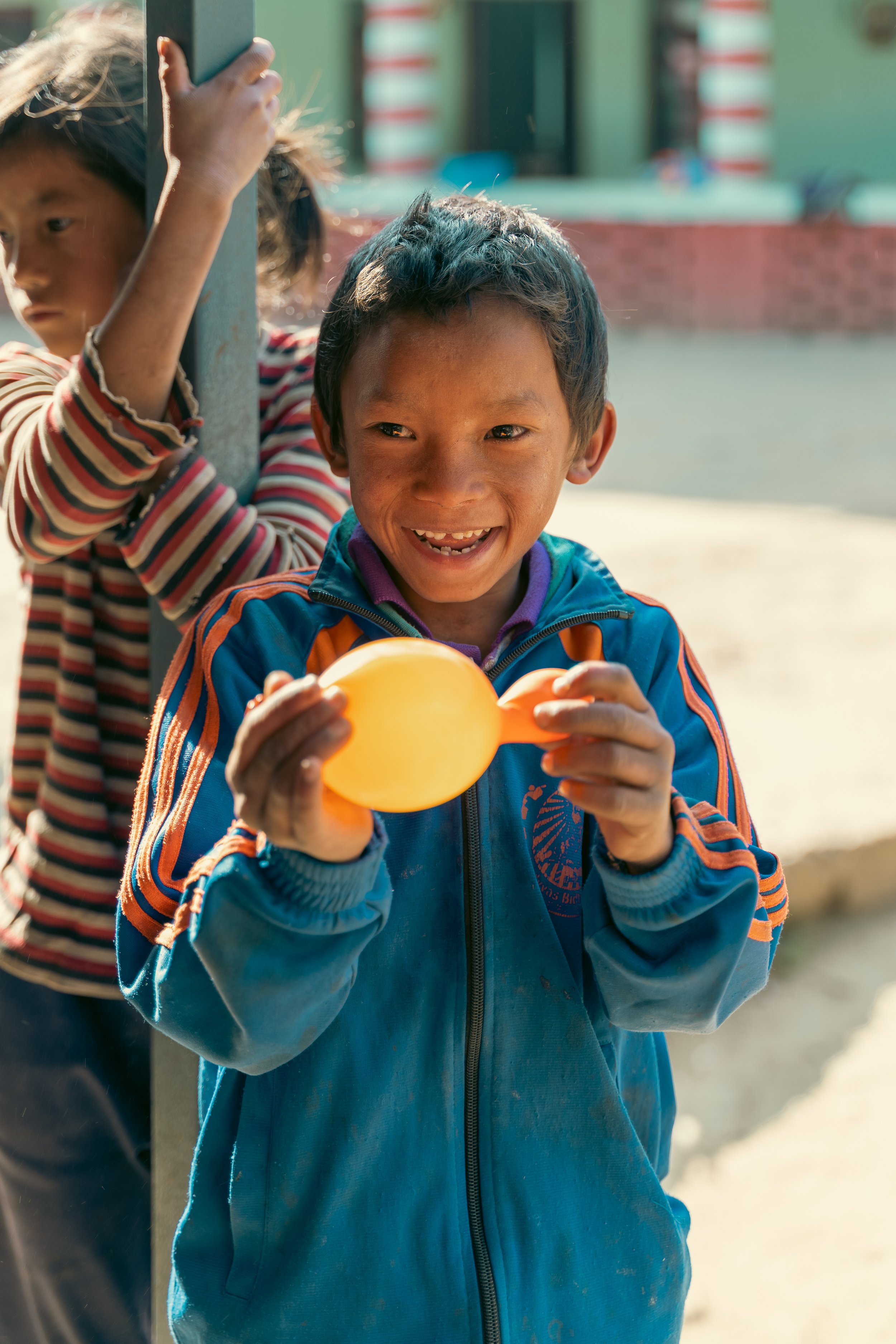
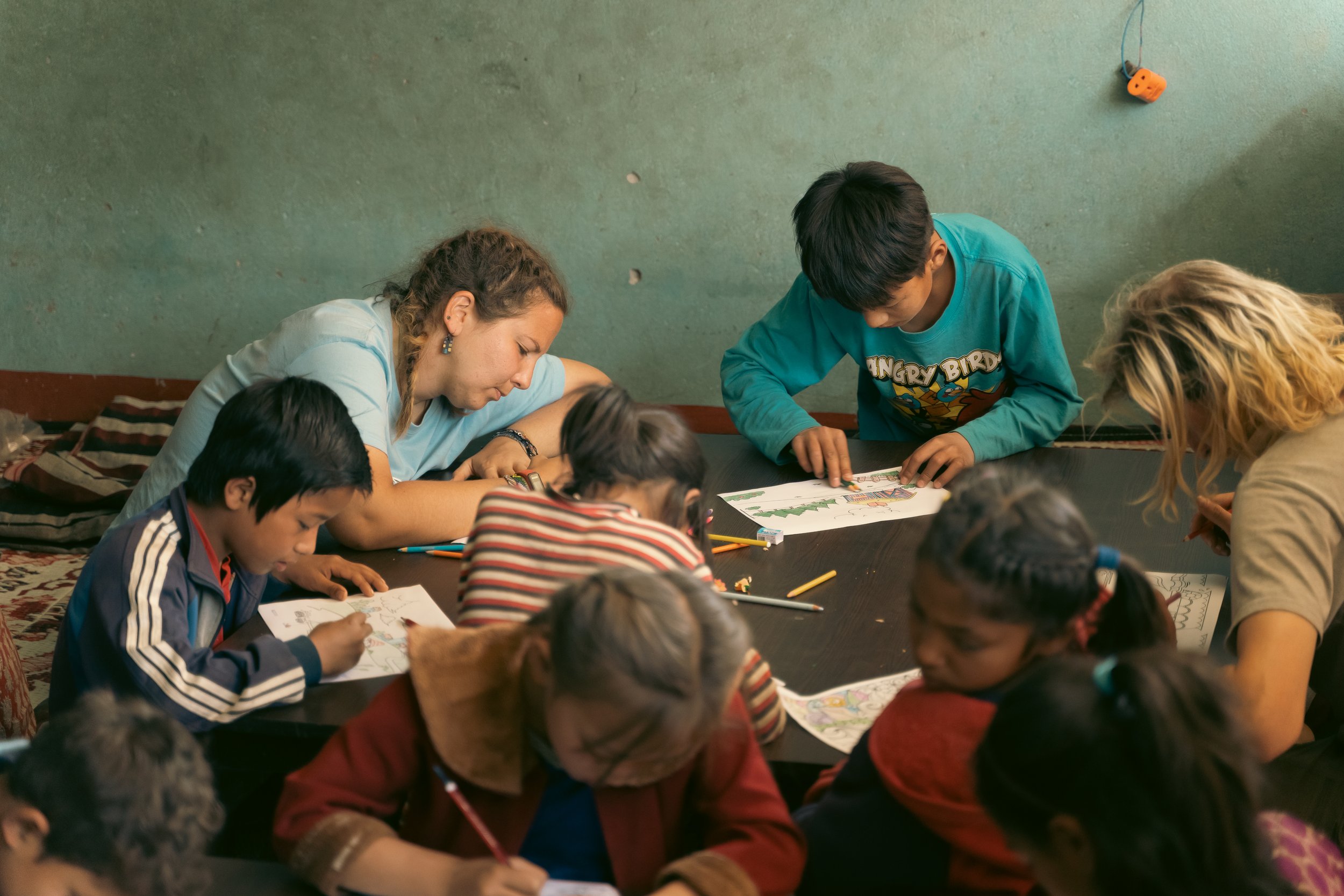
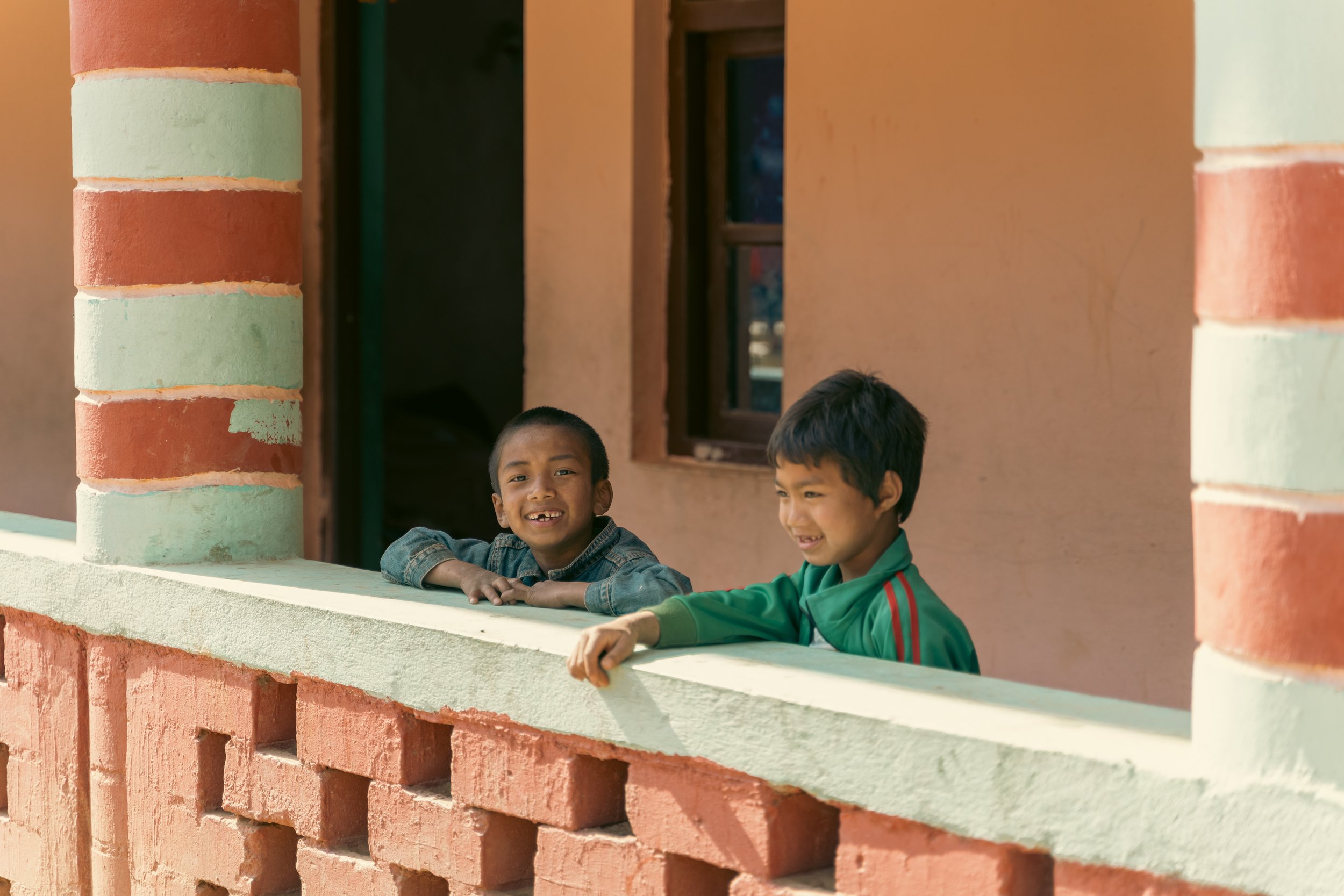
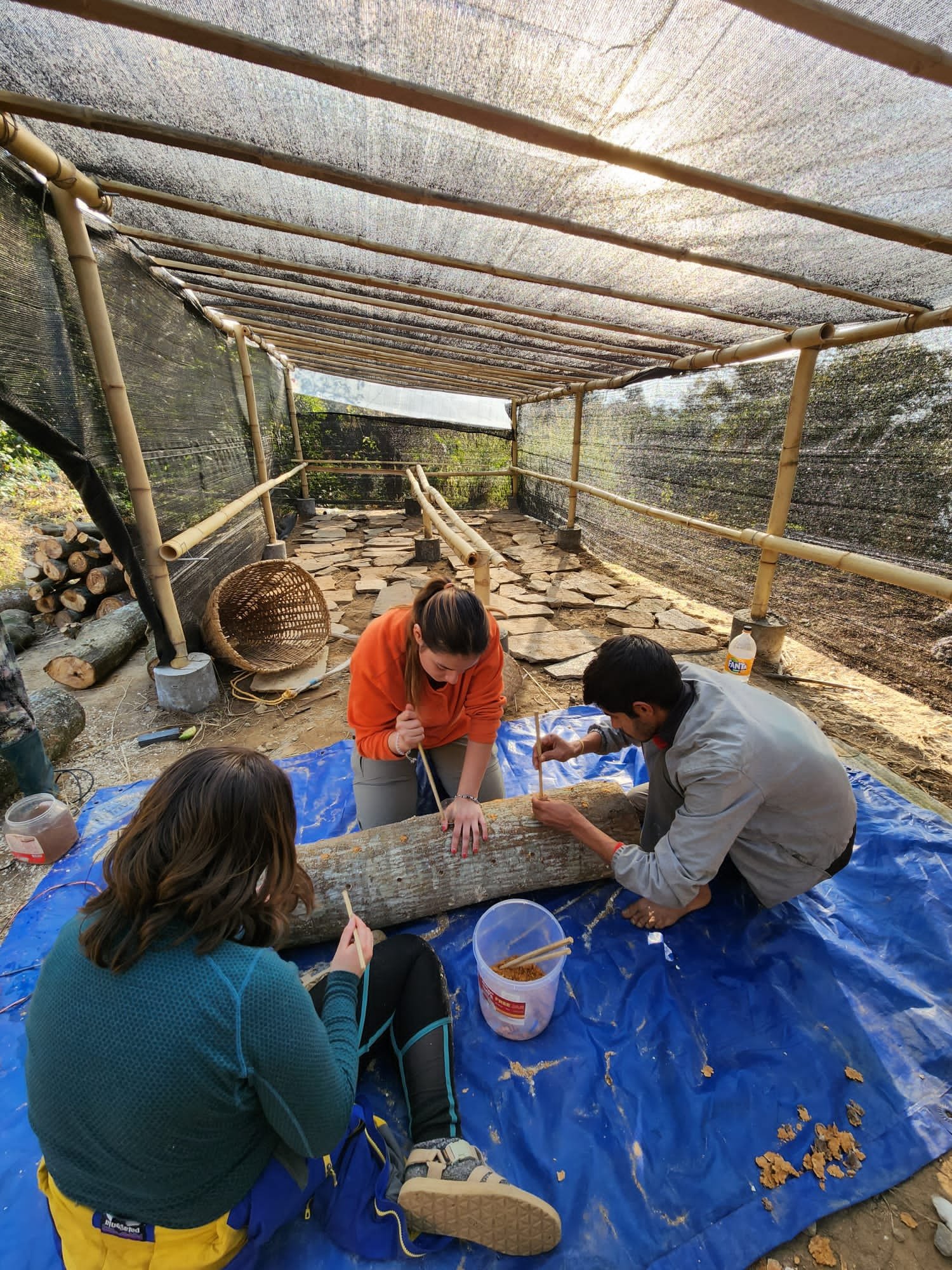
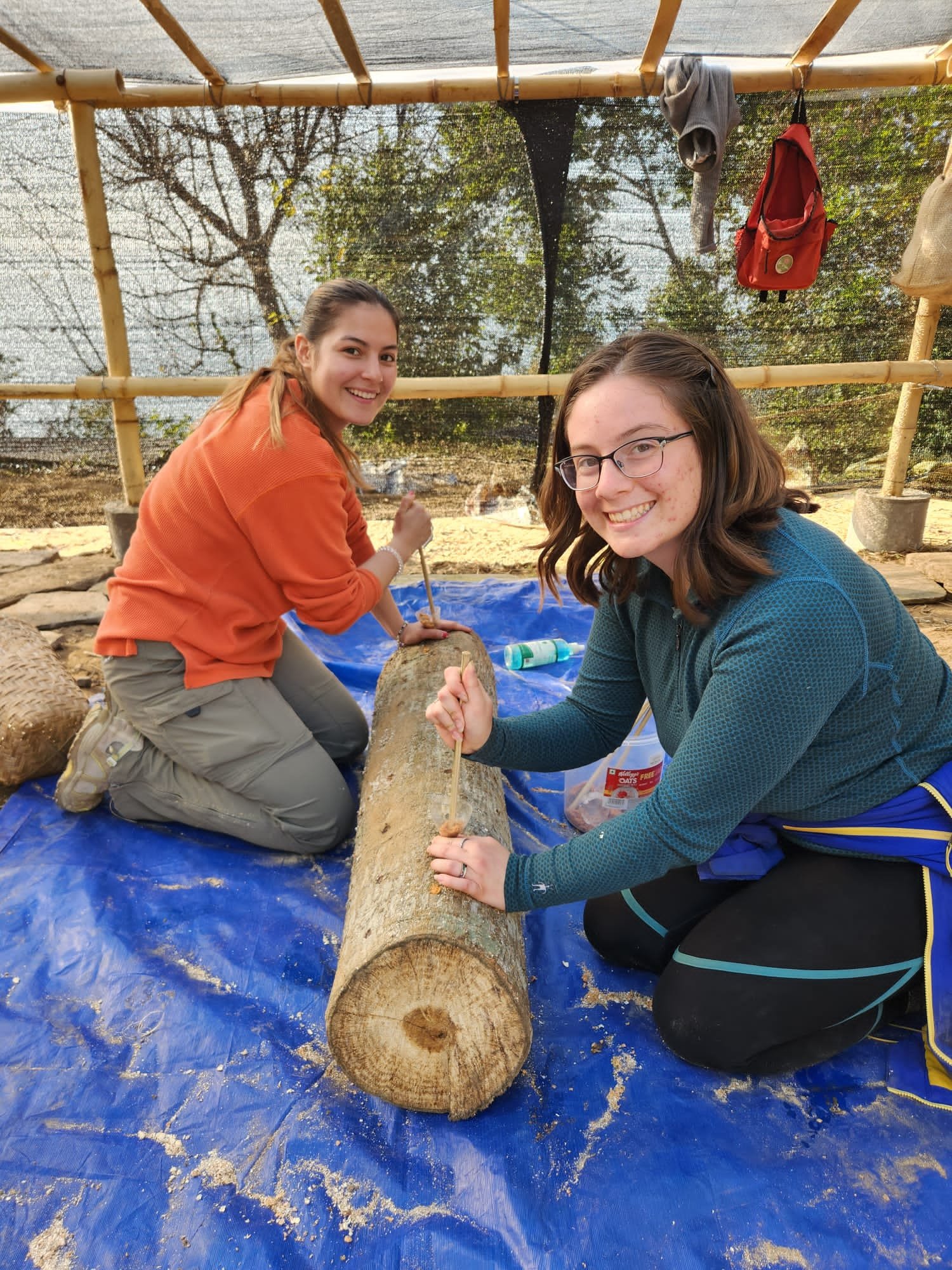
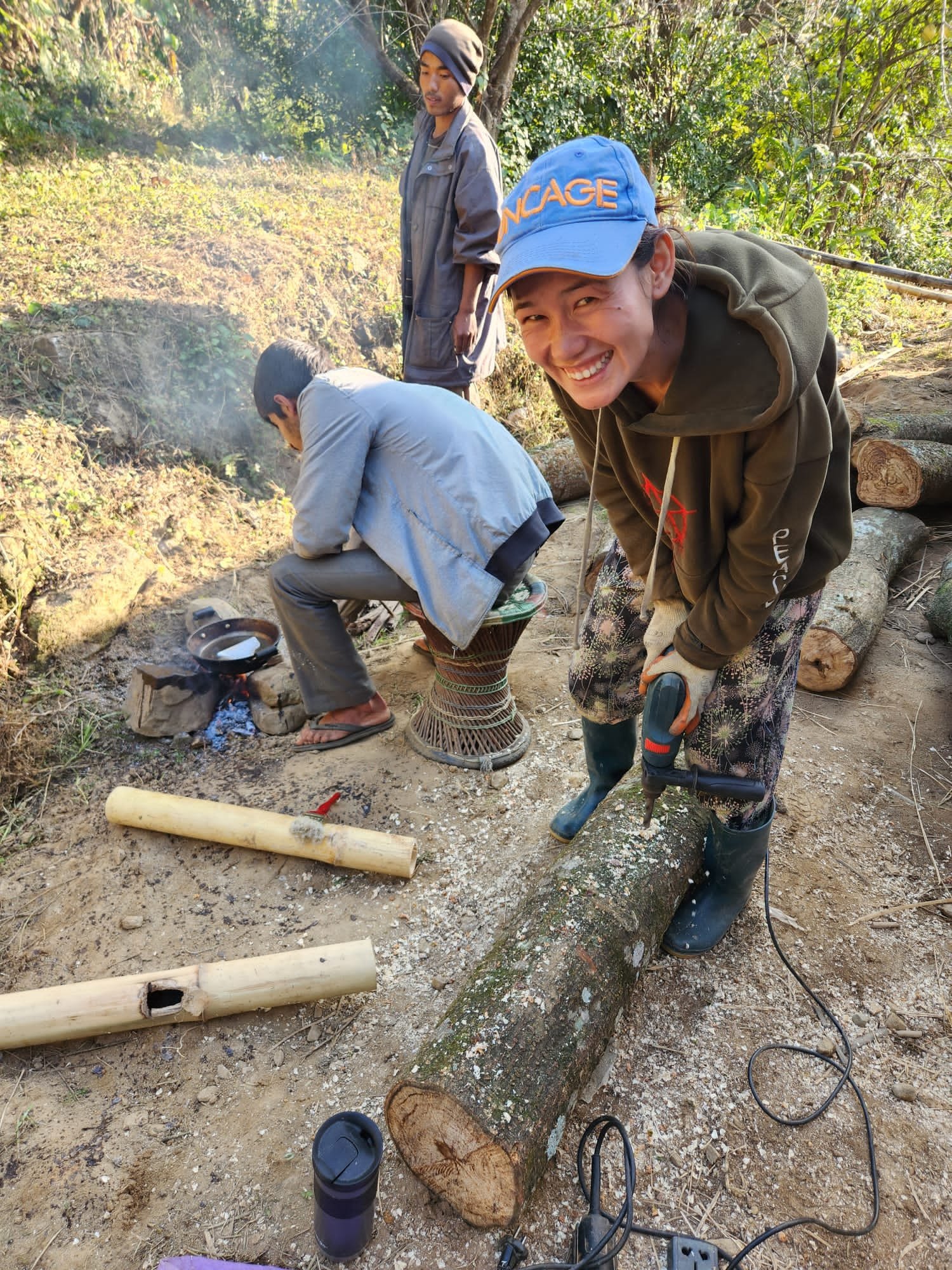
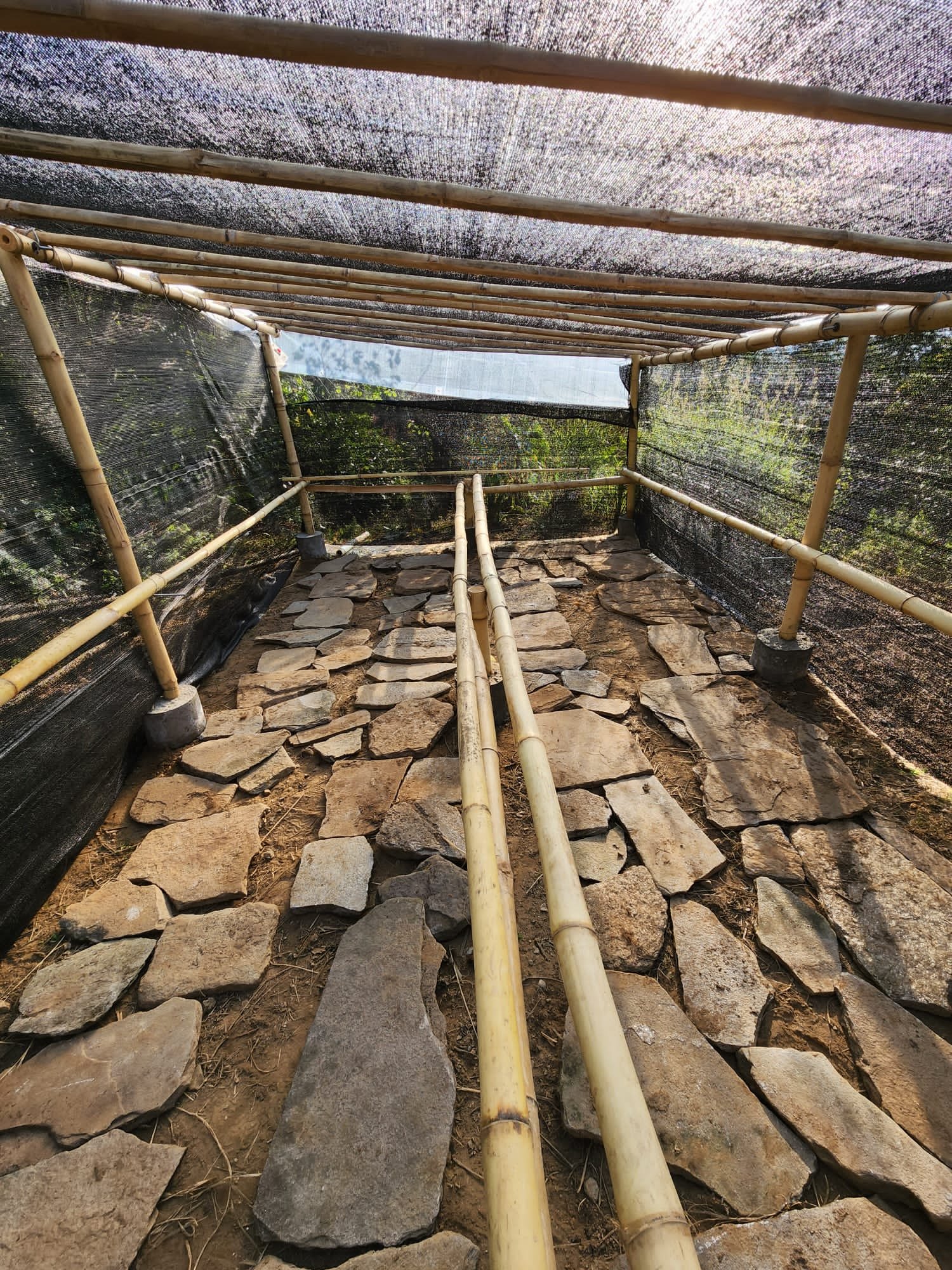
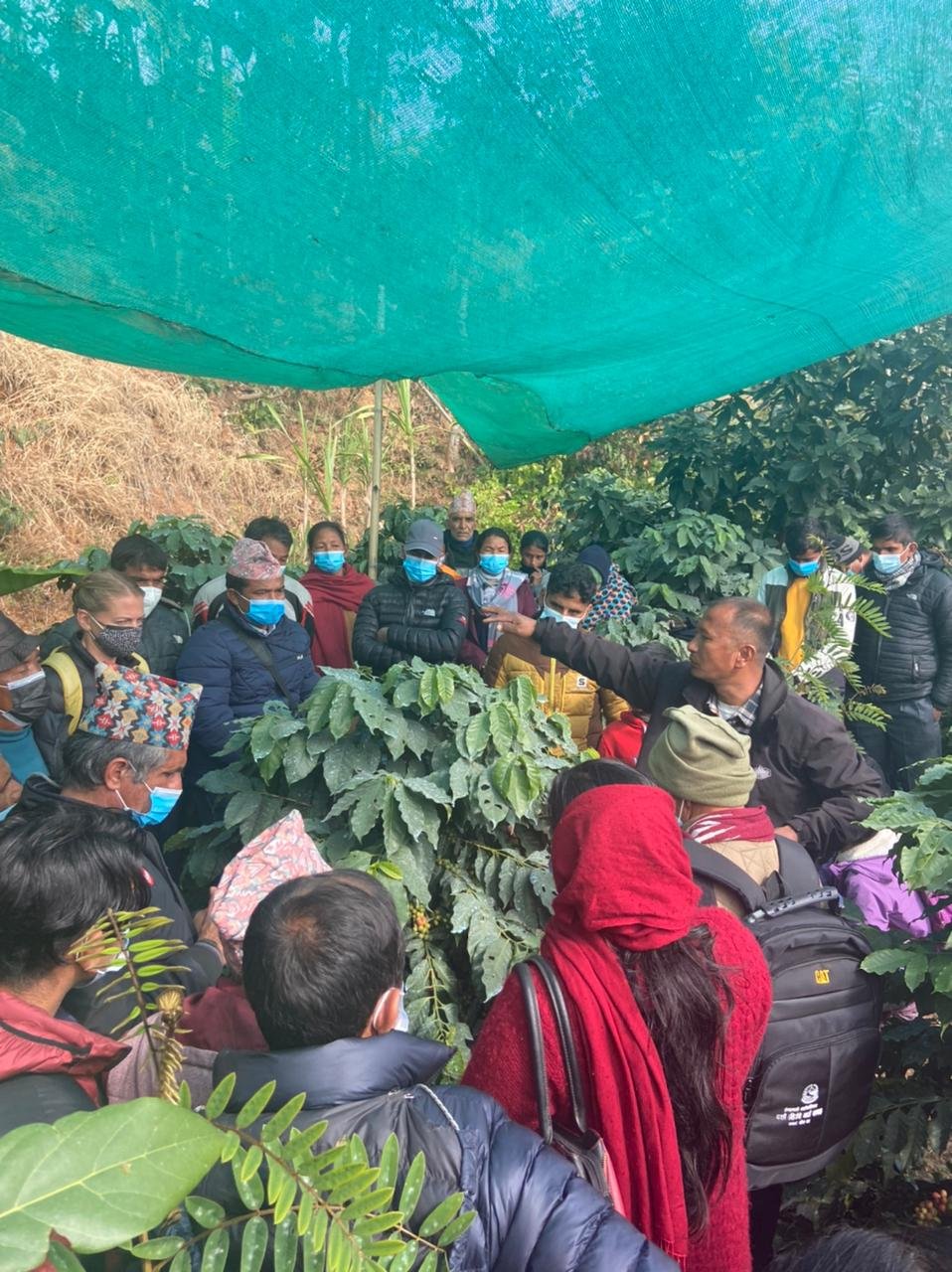
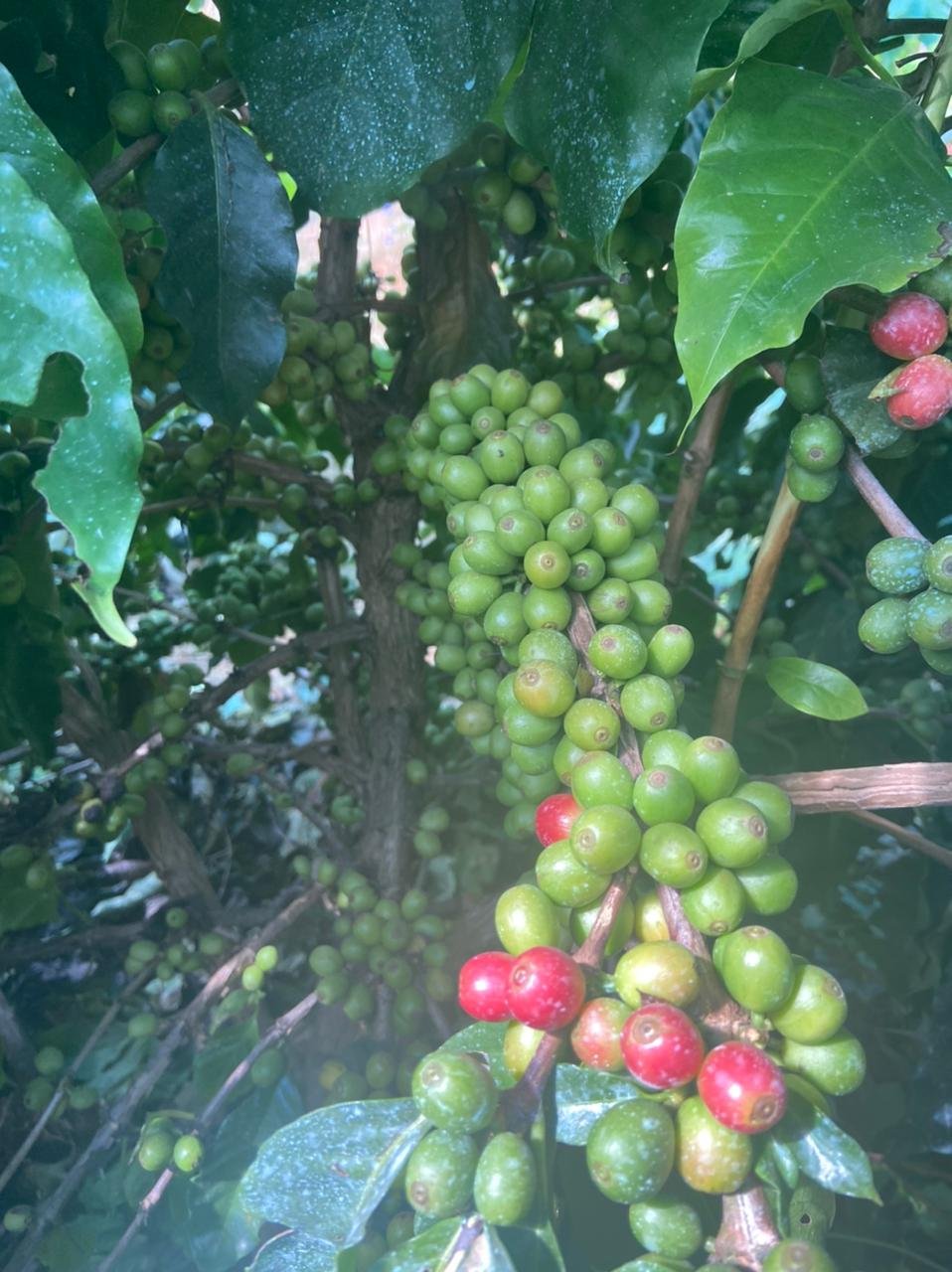
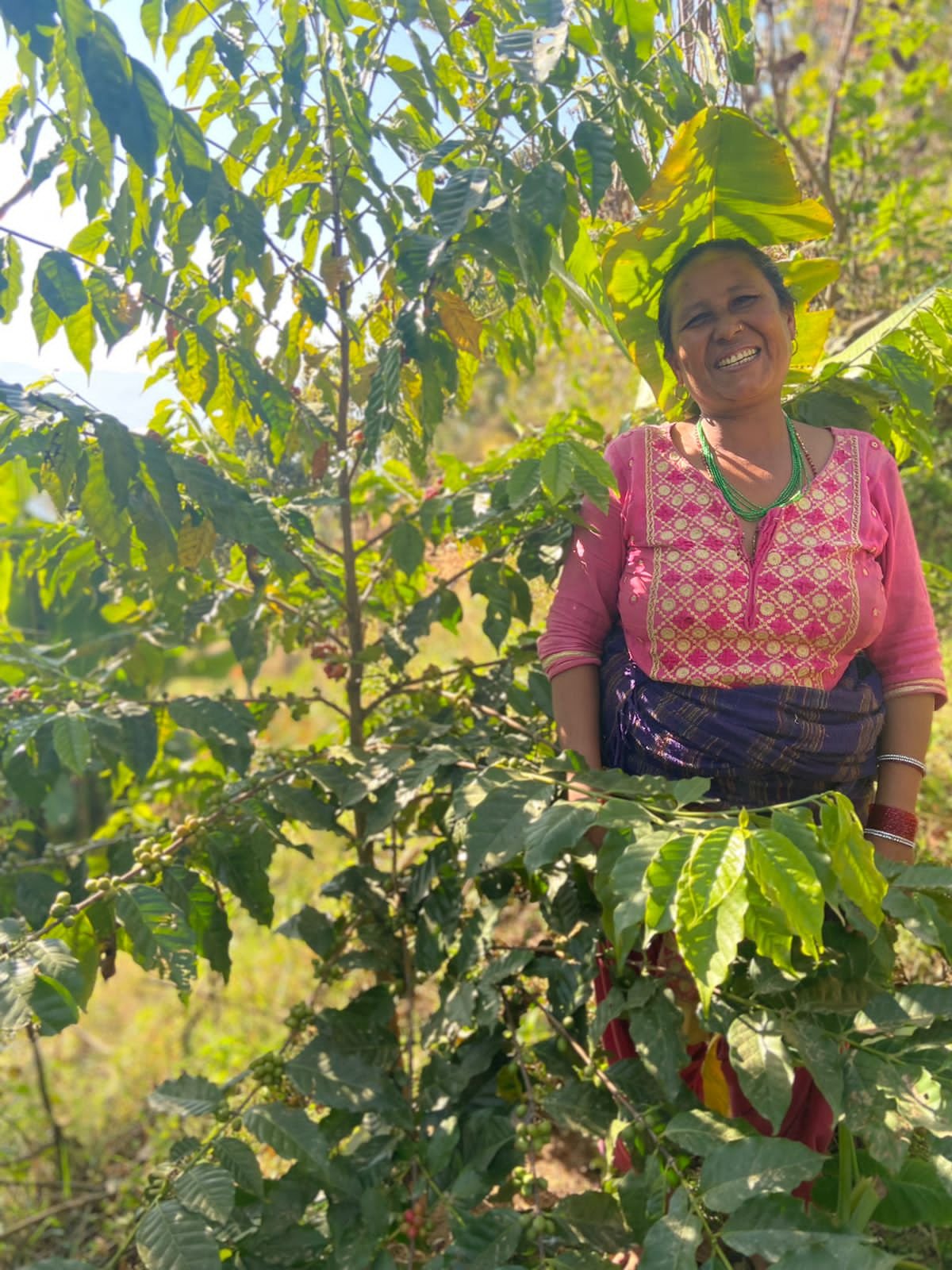
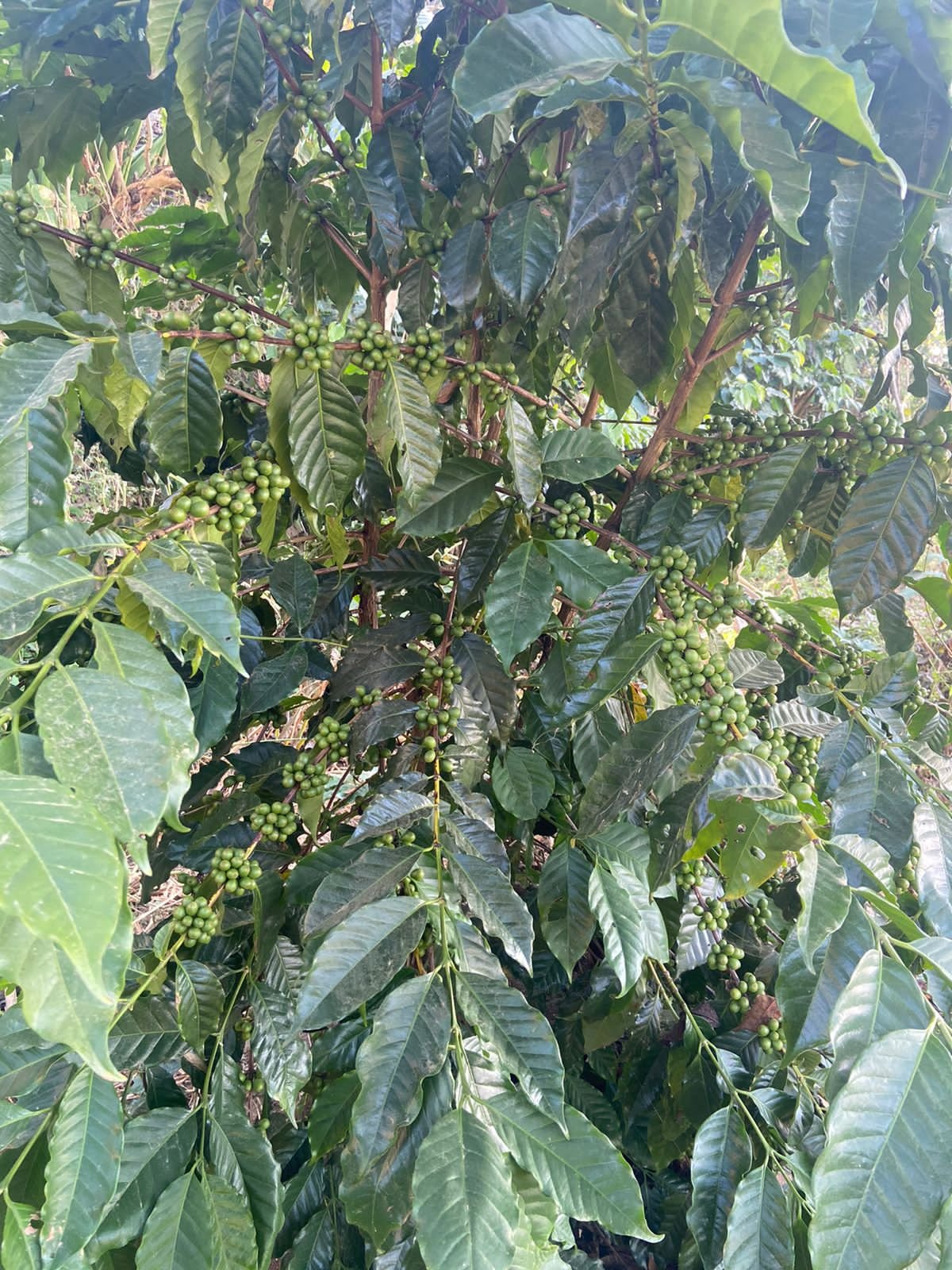
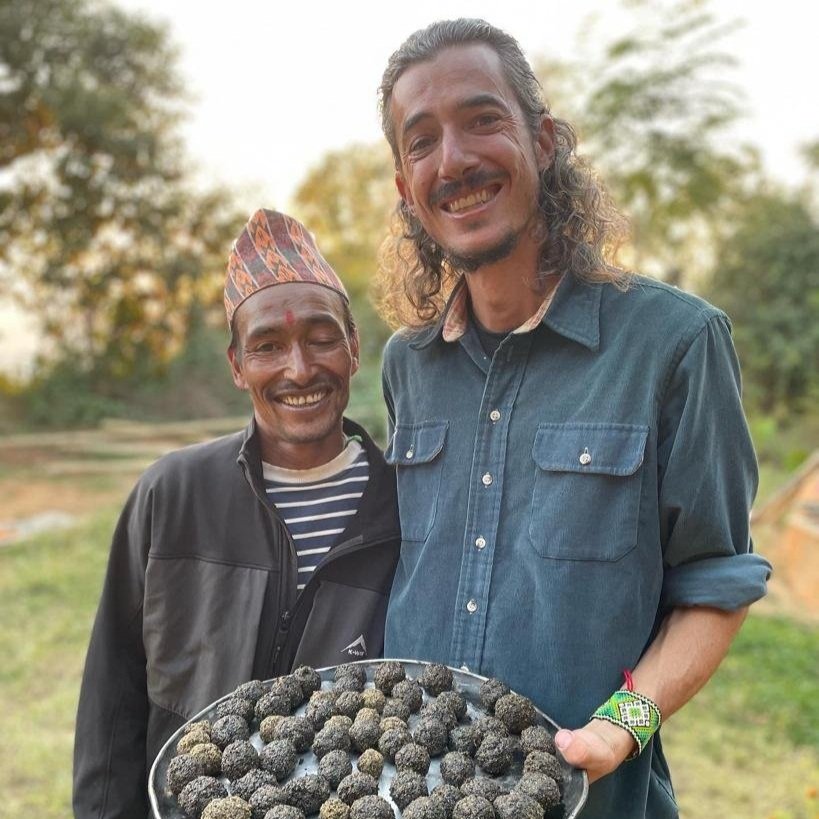
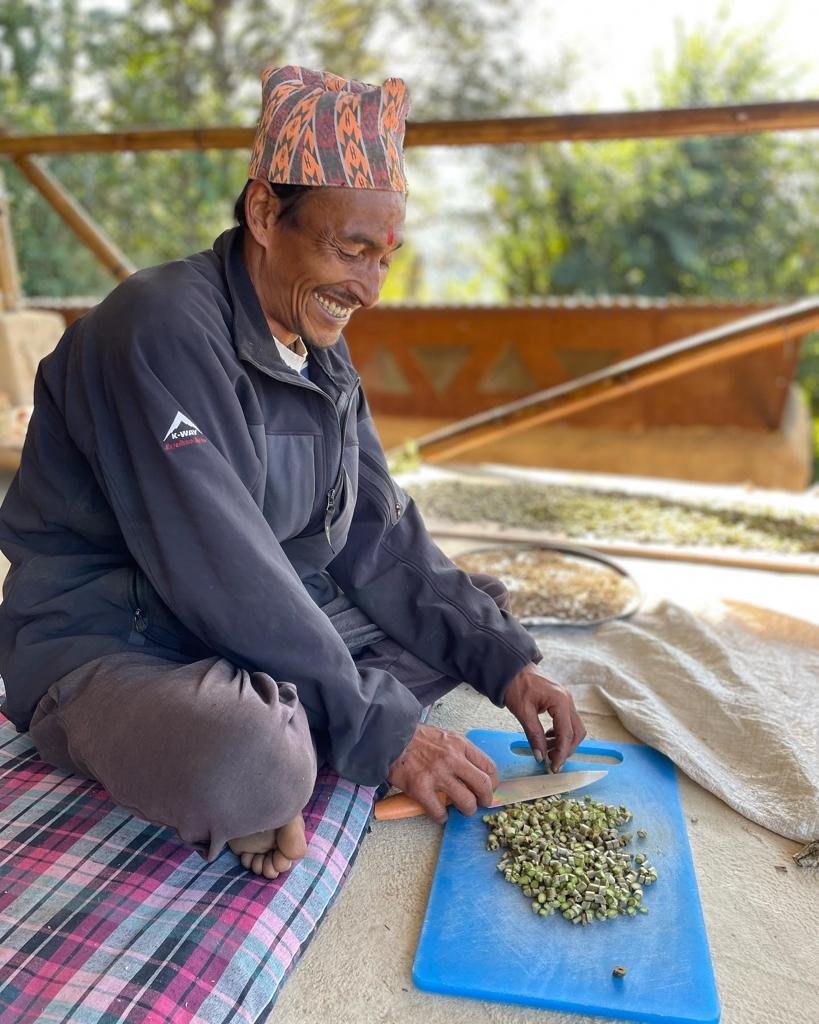
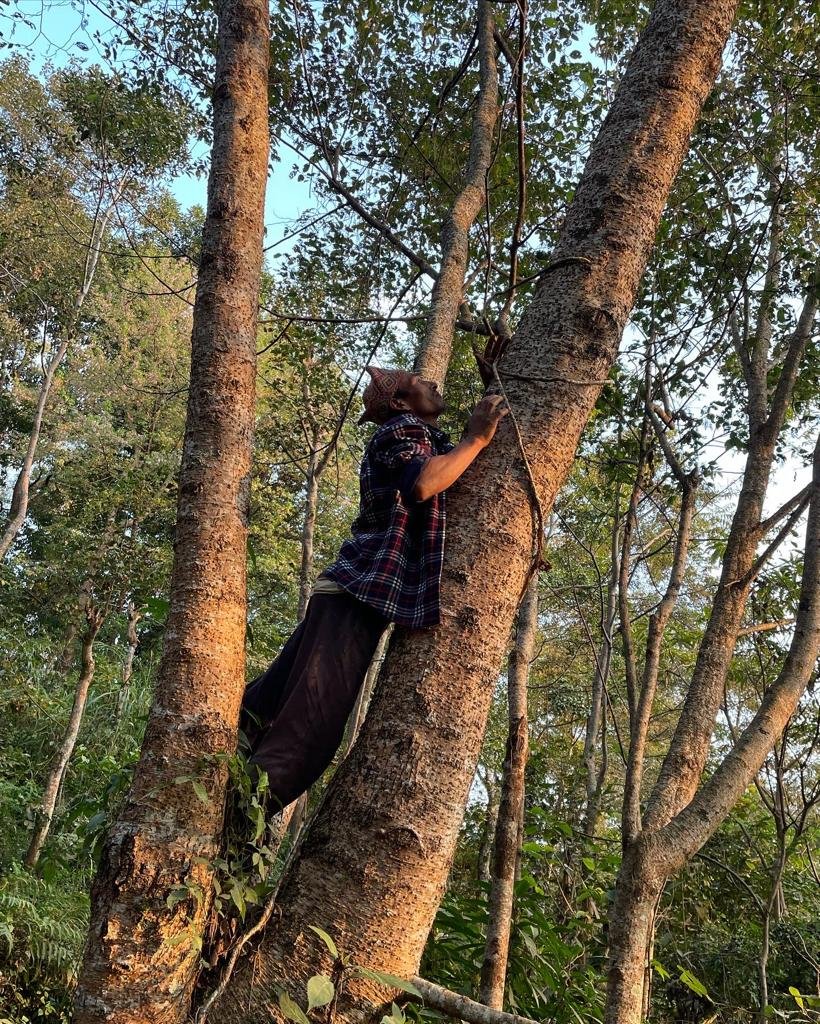
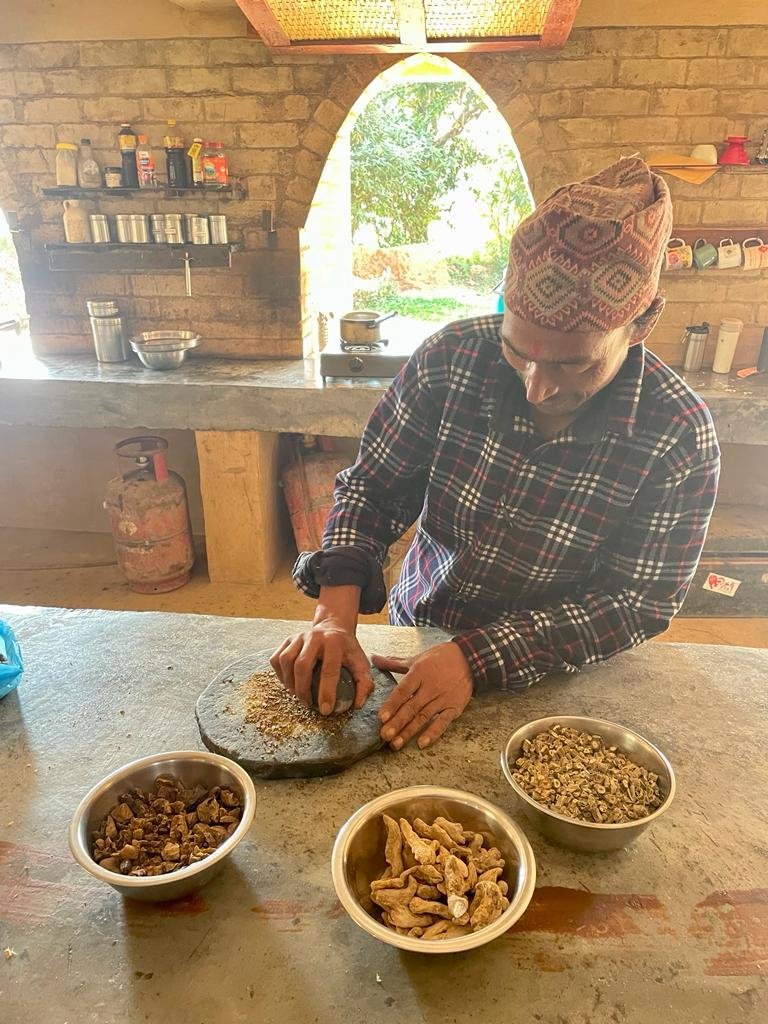
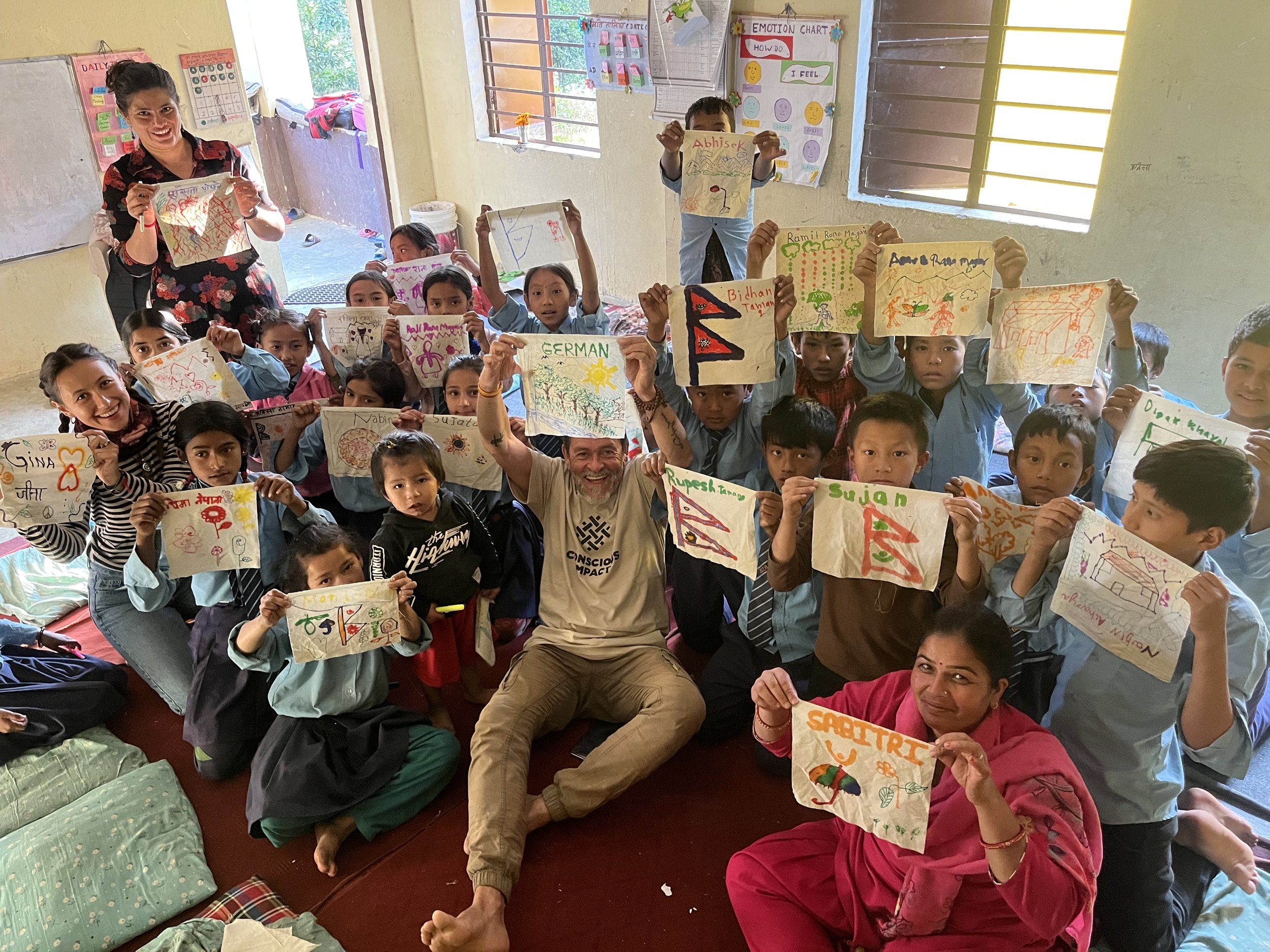

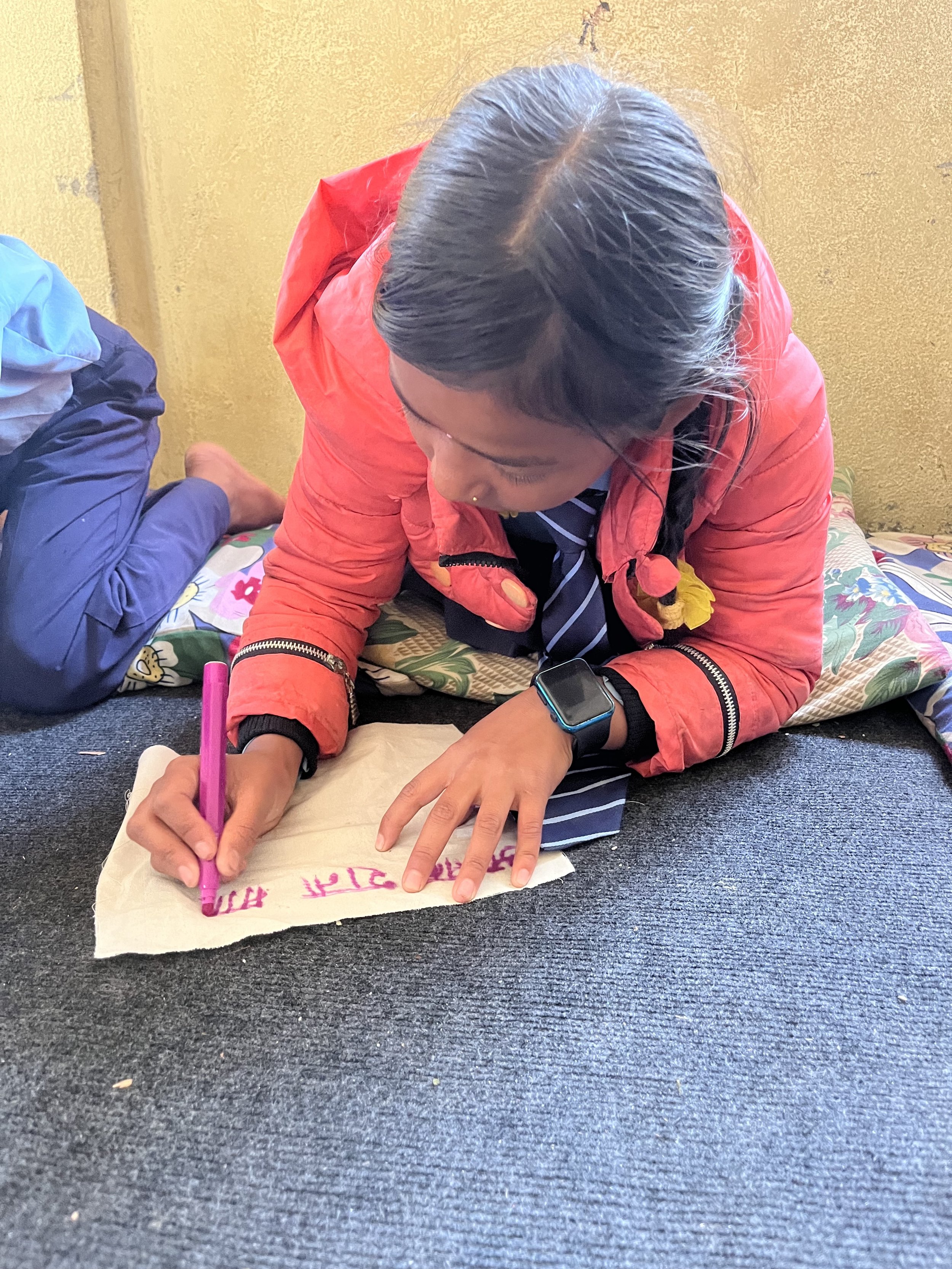
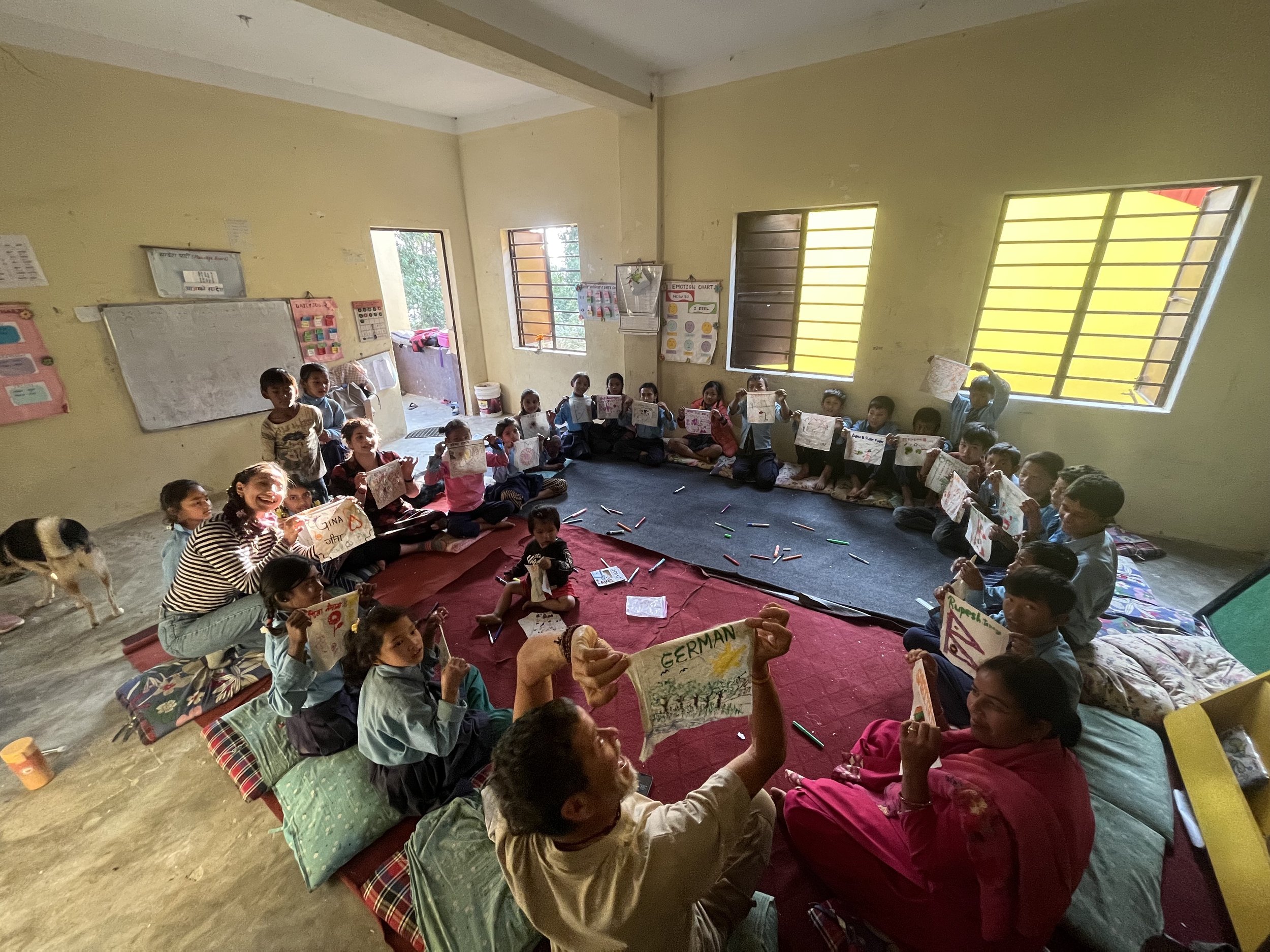
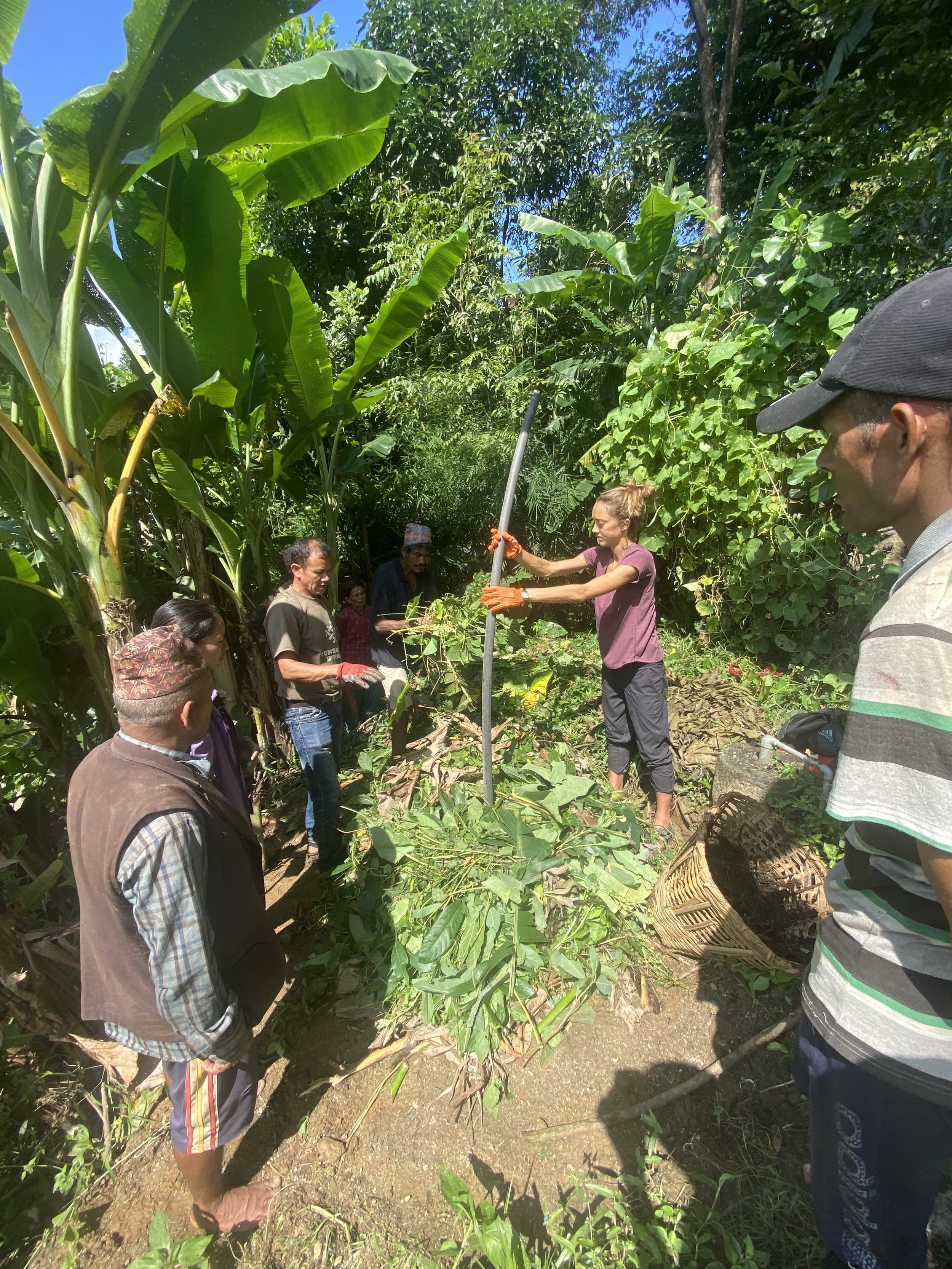
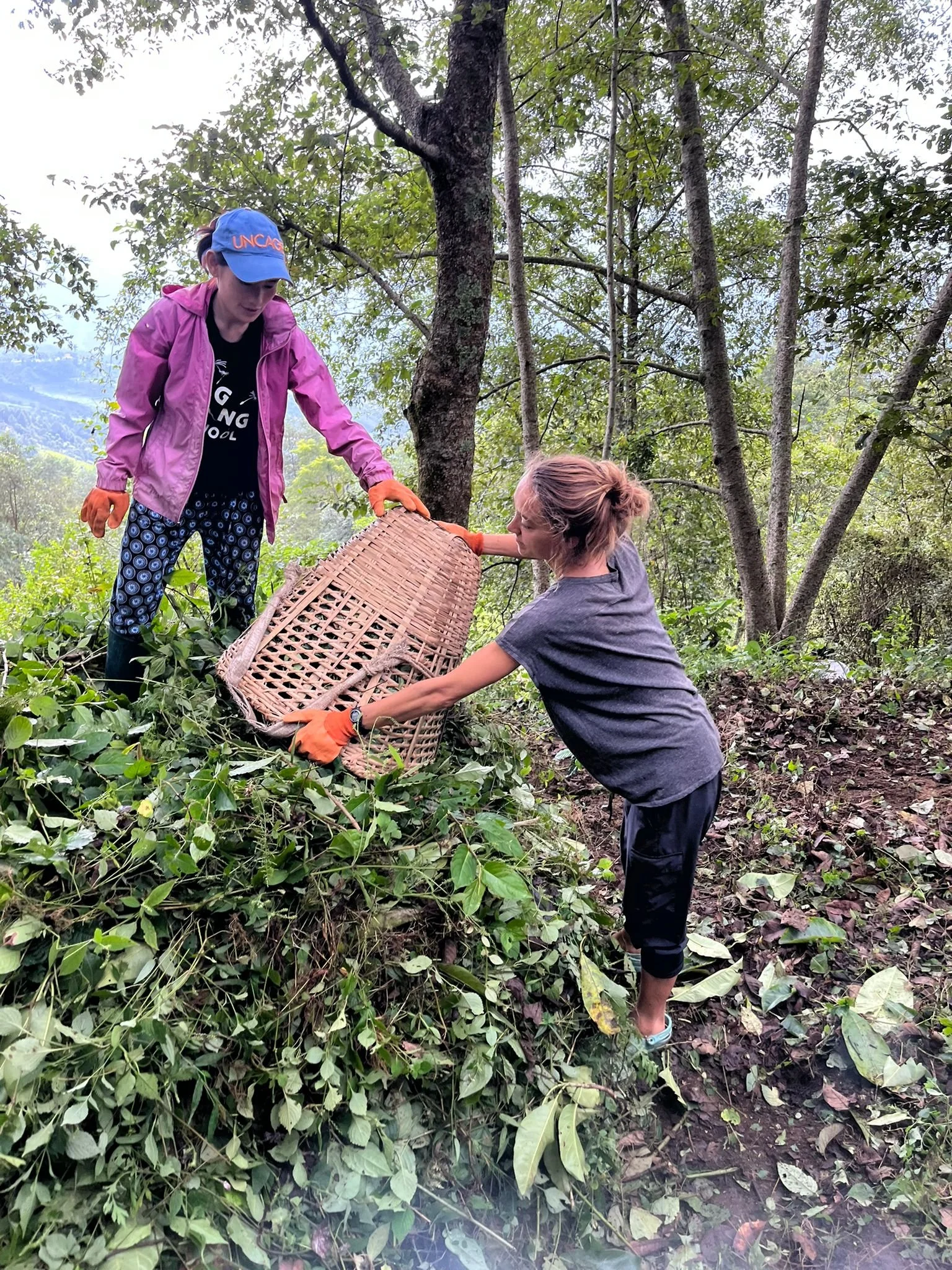
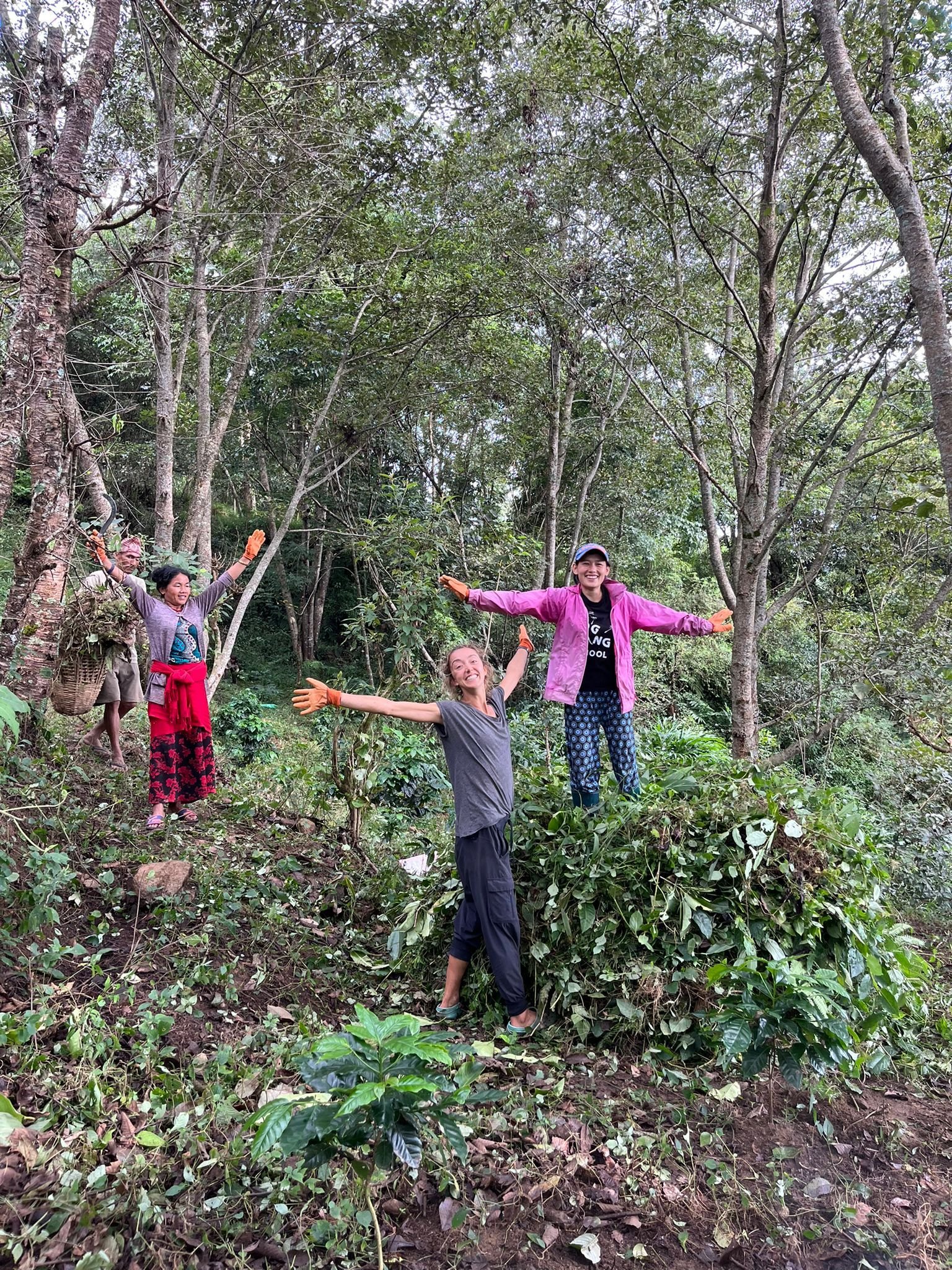
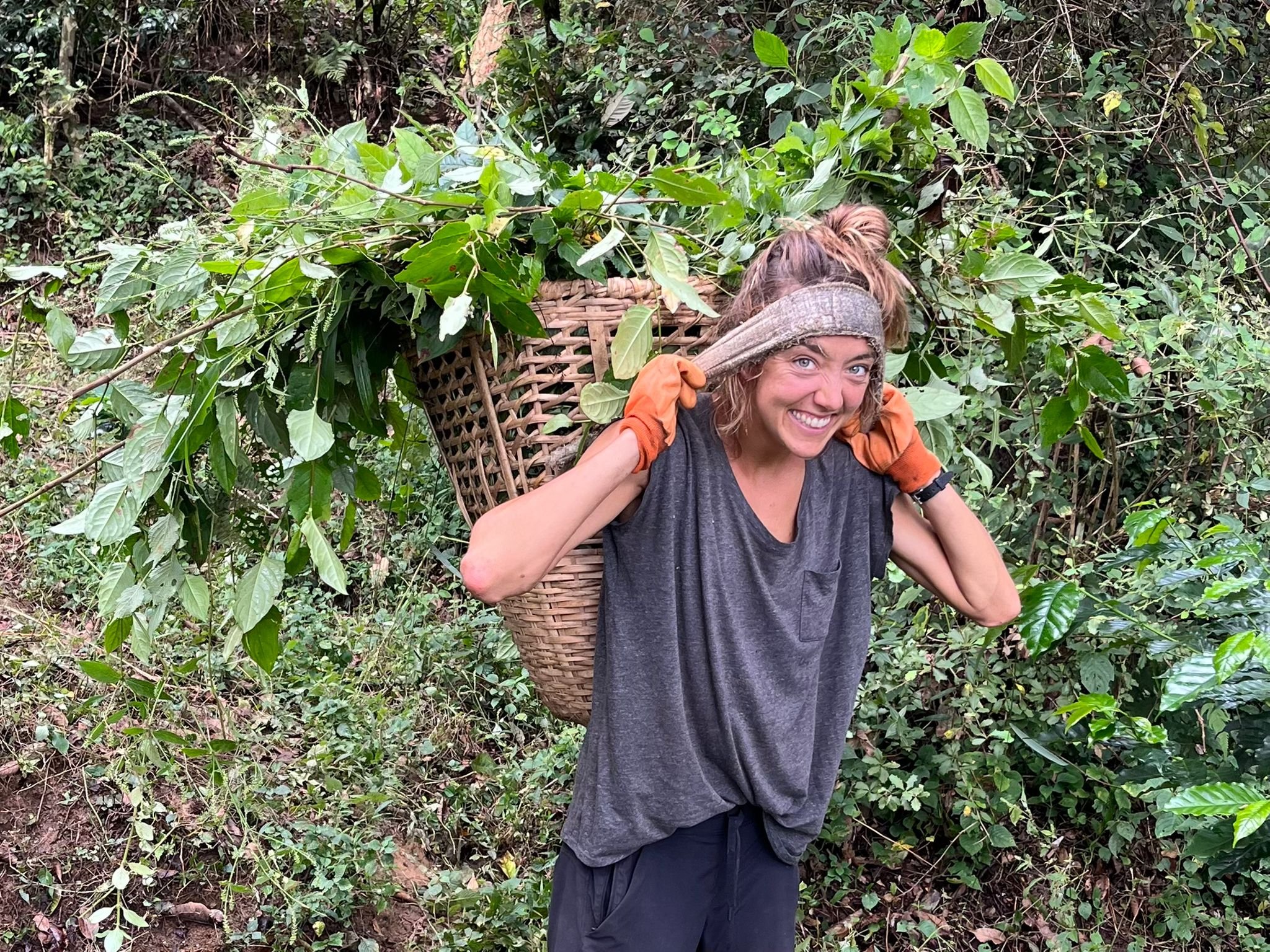
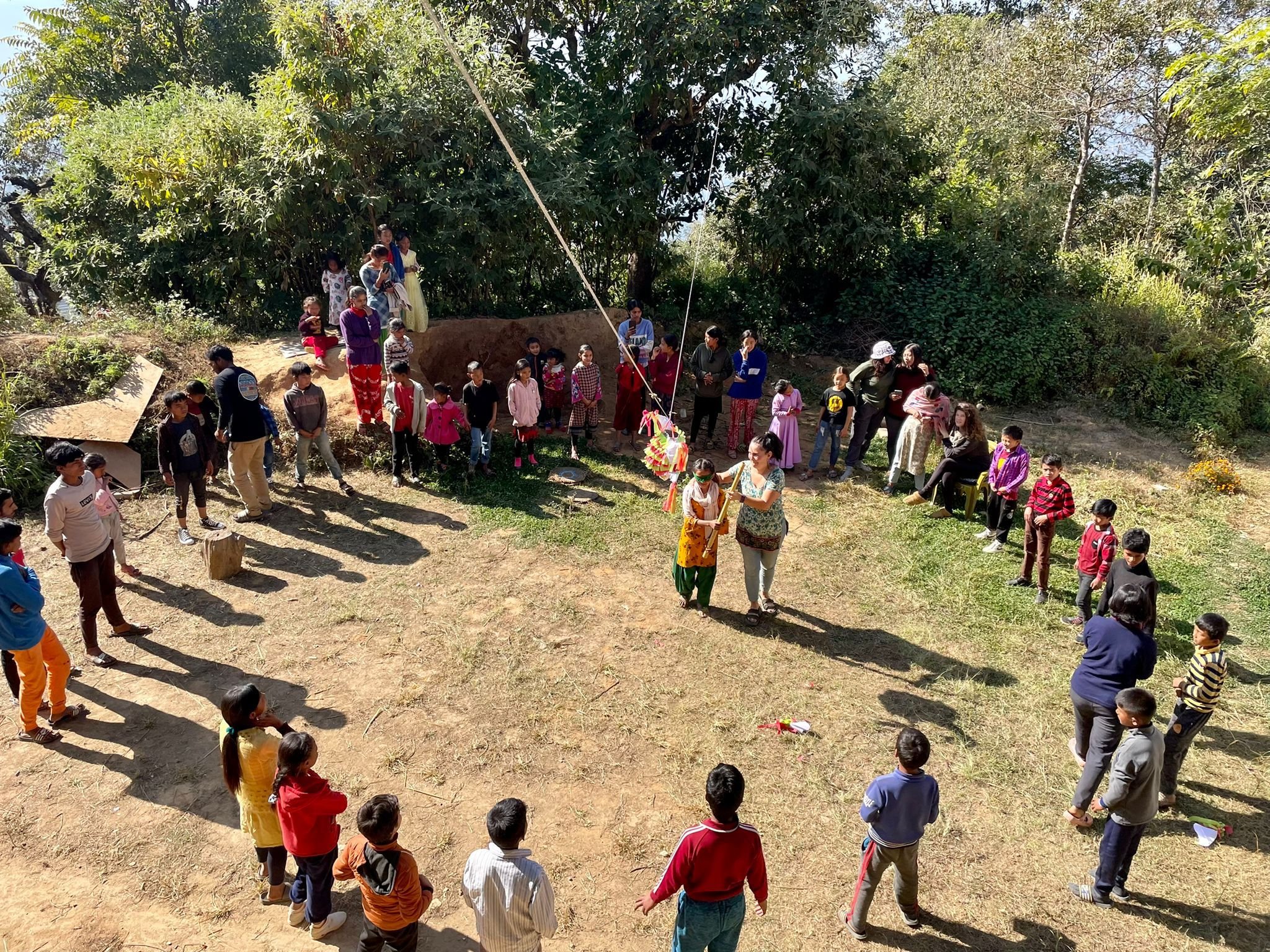
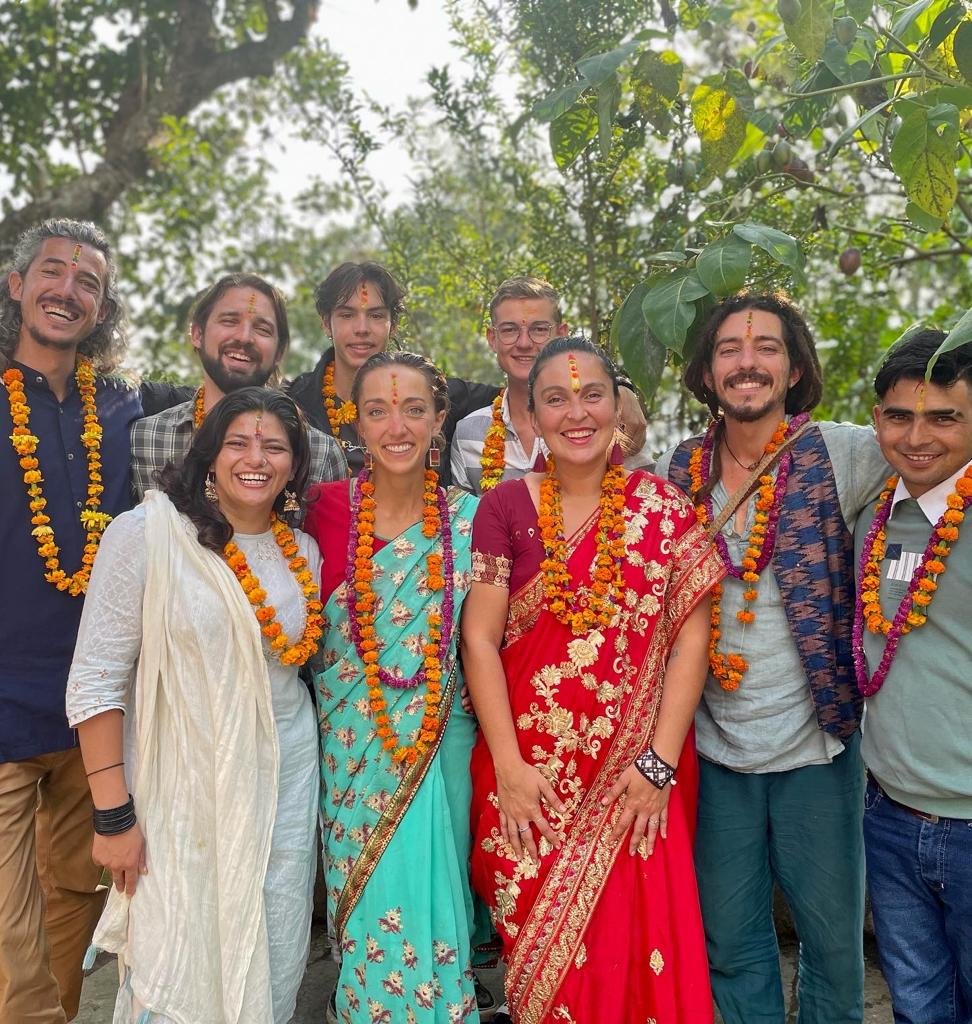
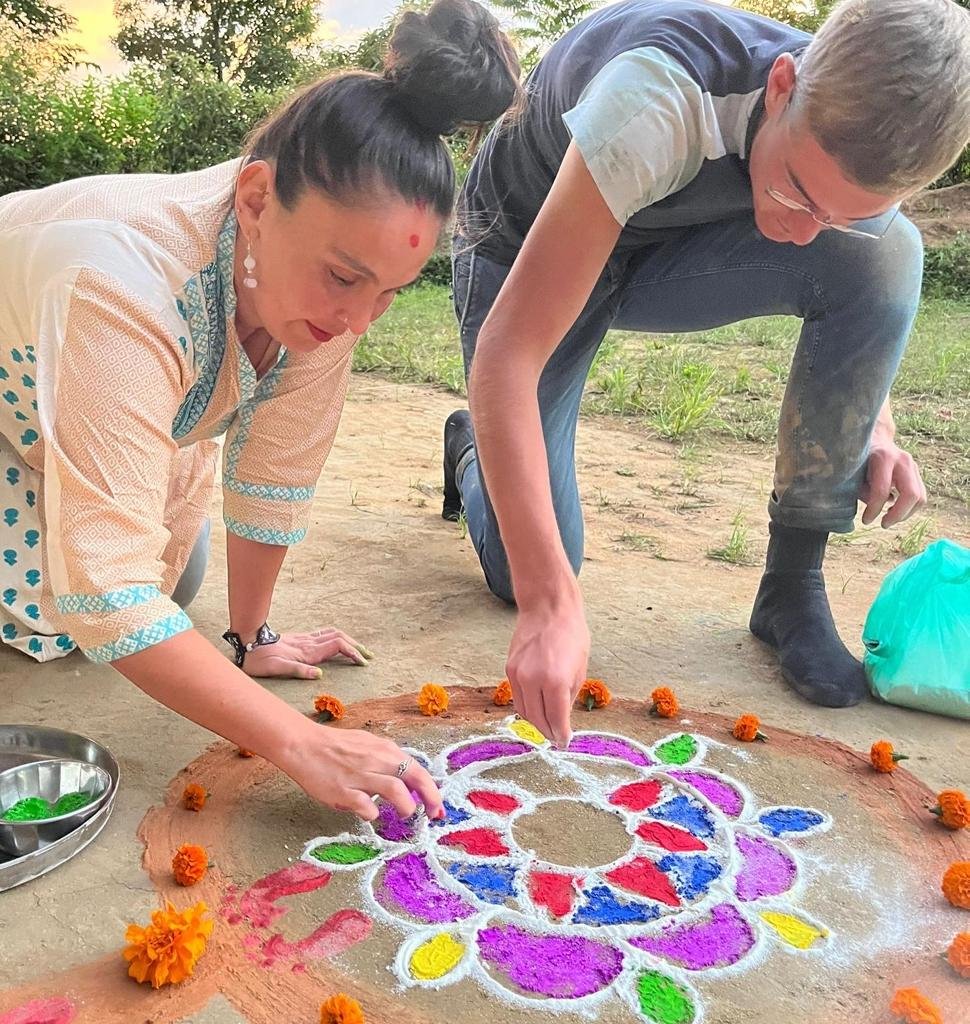
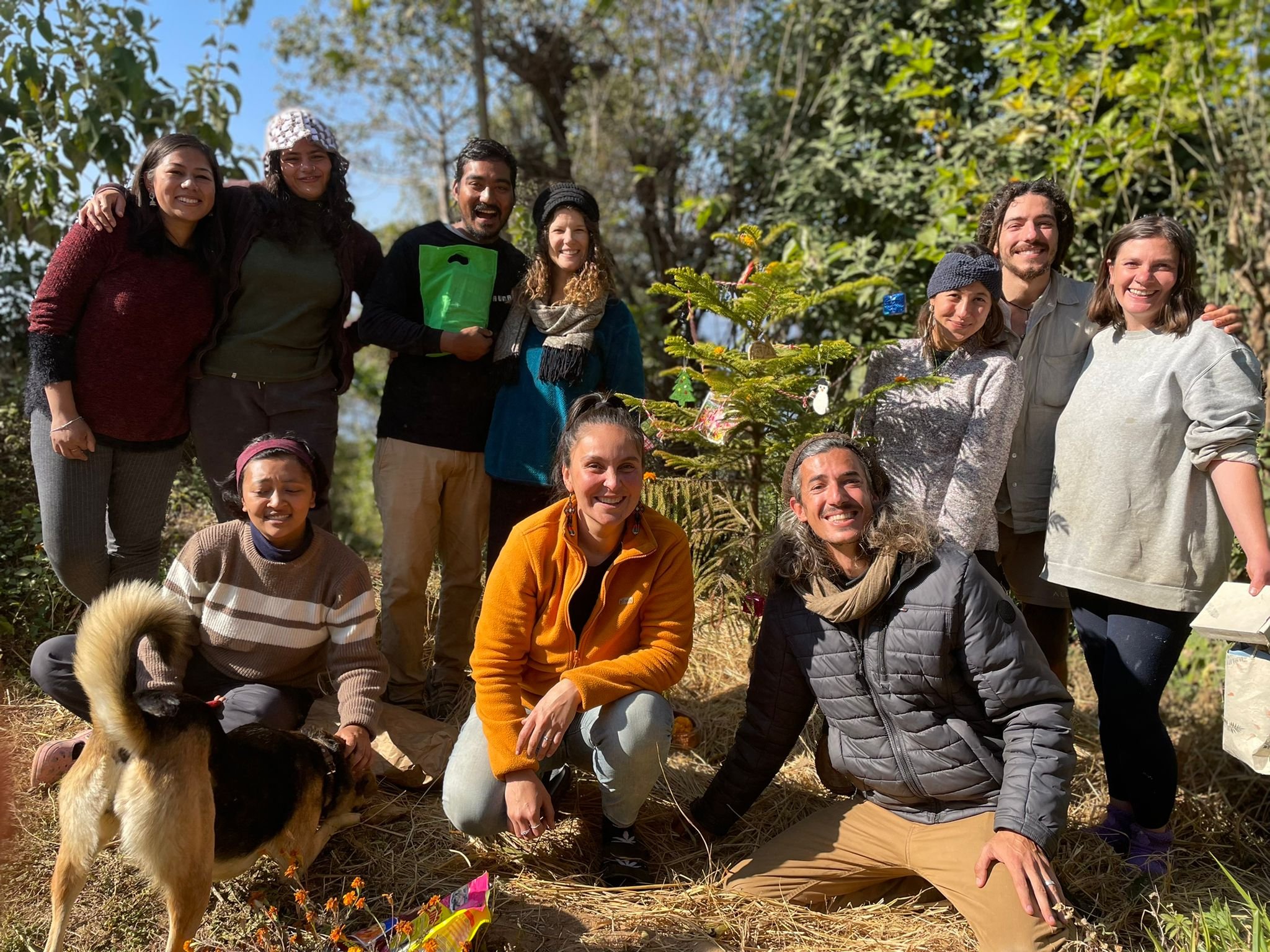

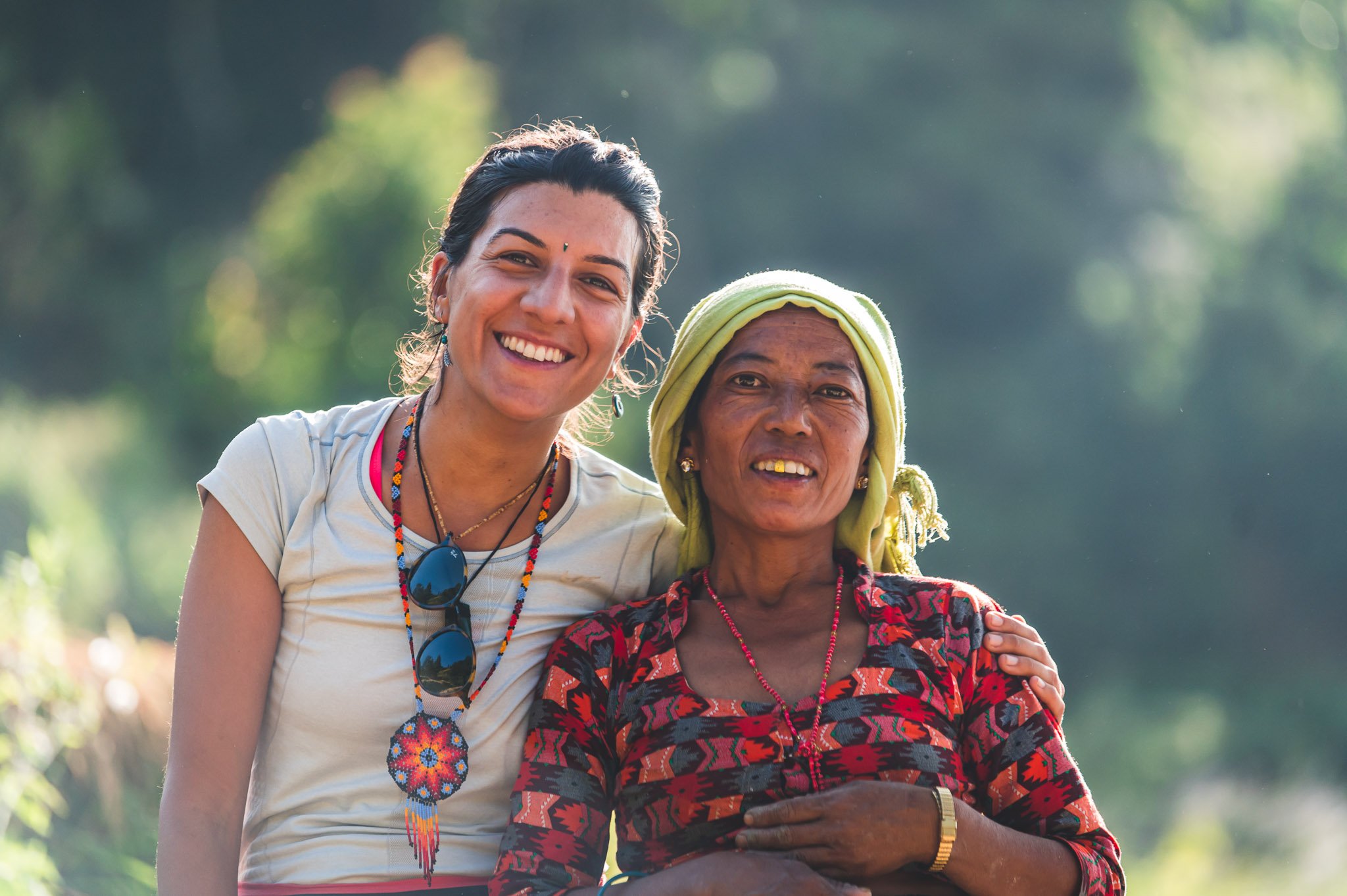
![CI_Season2_Dec31-Mar14_[web]-334.jpg](https://images.squarespace-cdn.com/content/v1/5797b9f7d1758e16806f3d41/1655218065651-X8F3JZ82J8BA59BUYPOJ/CI_Season2_Dec31-Mar14_%5Bweb%5D-334.jpg)
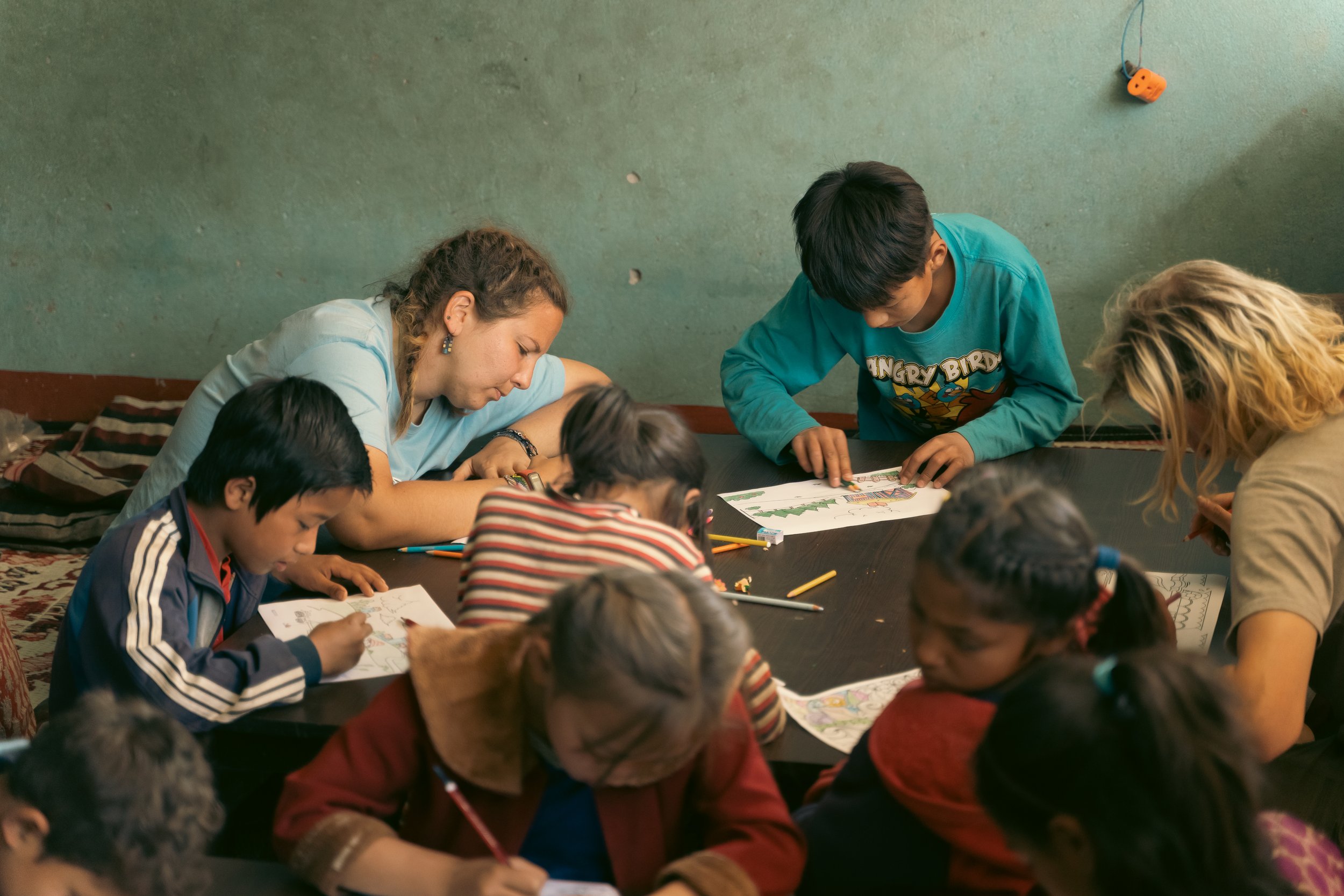
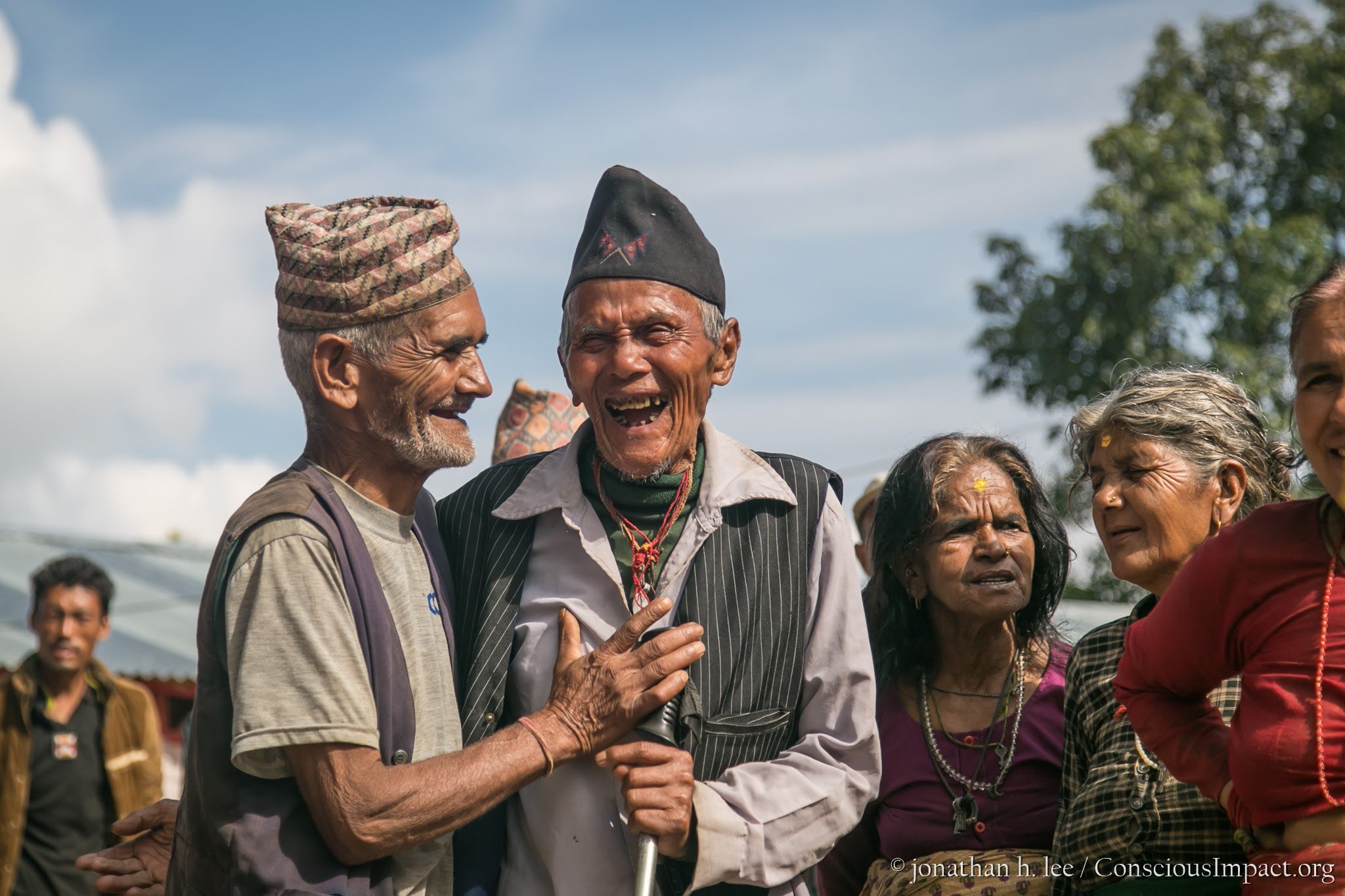
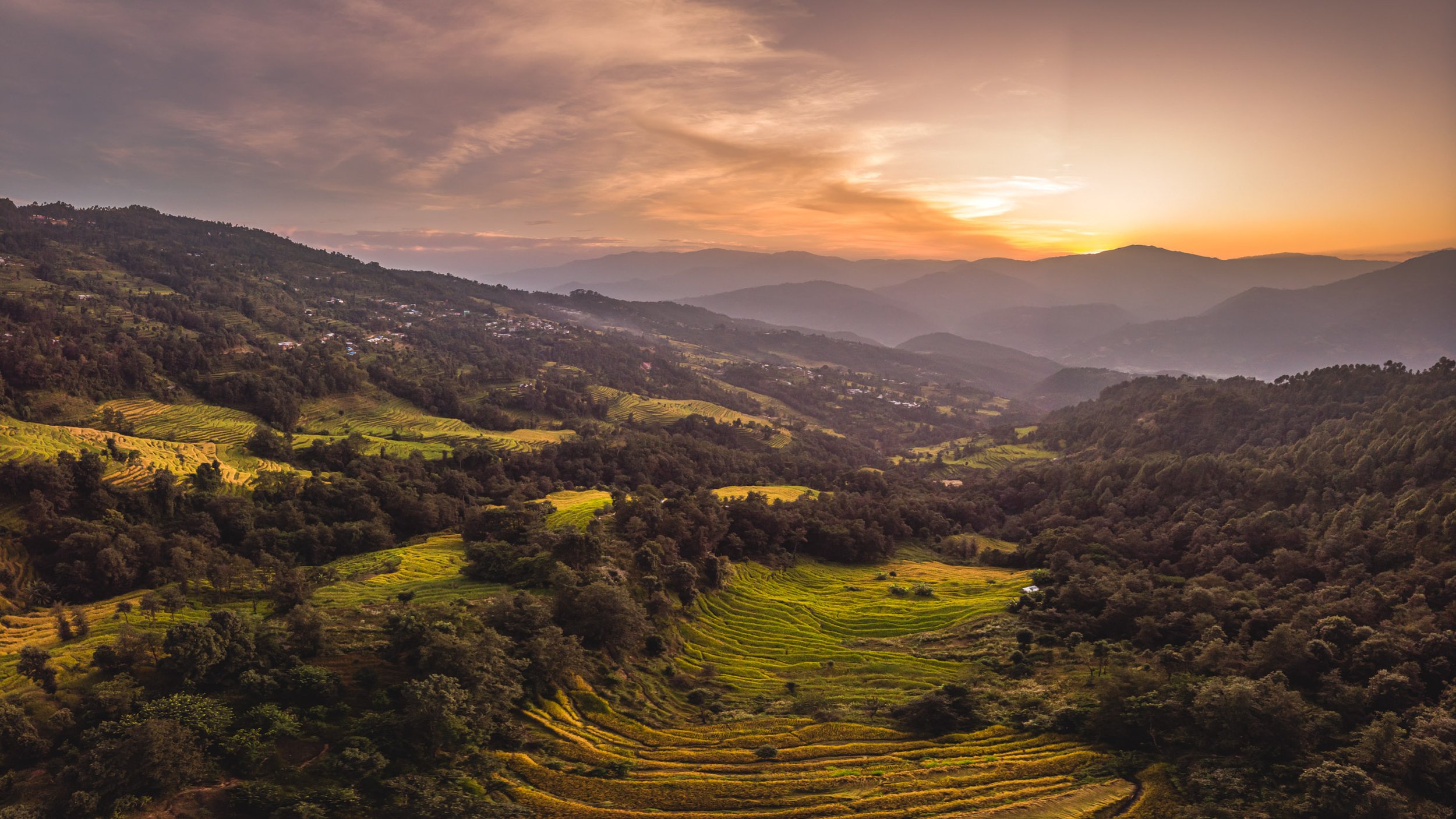
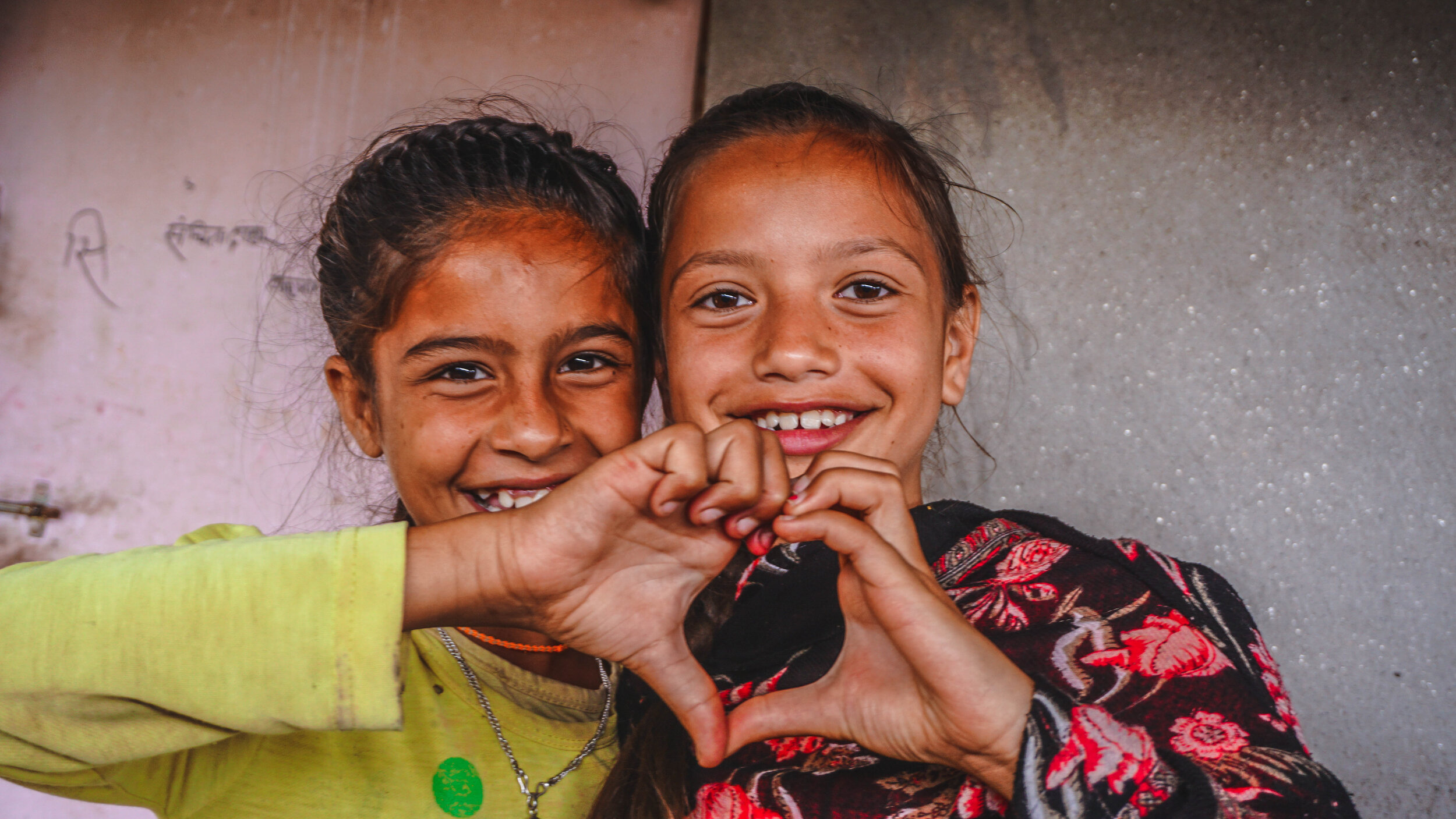
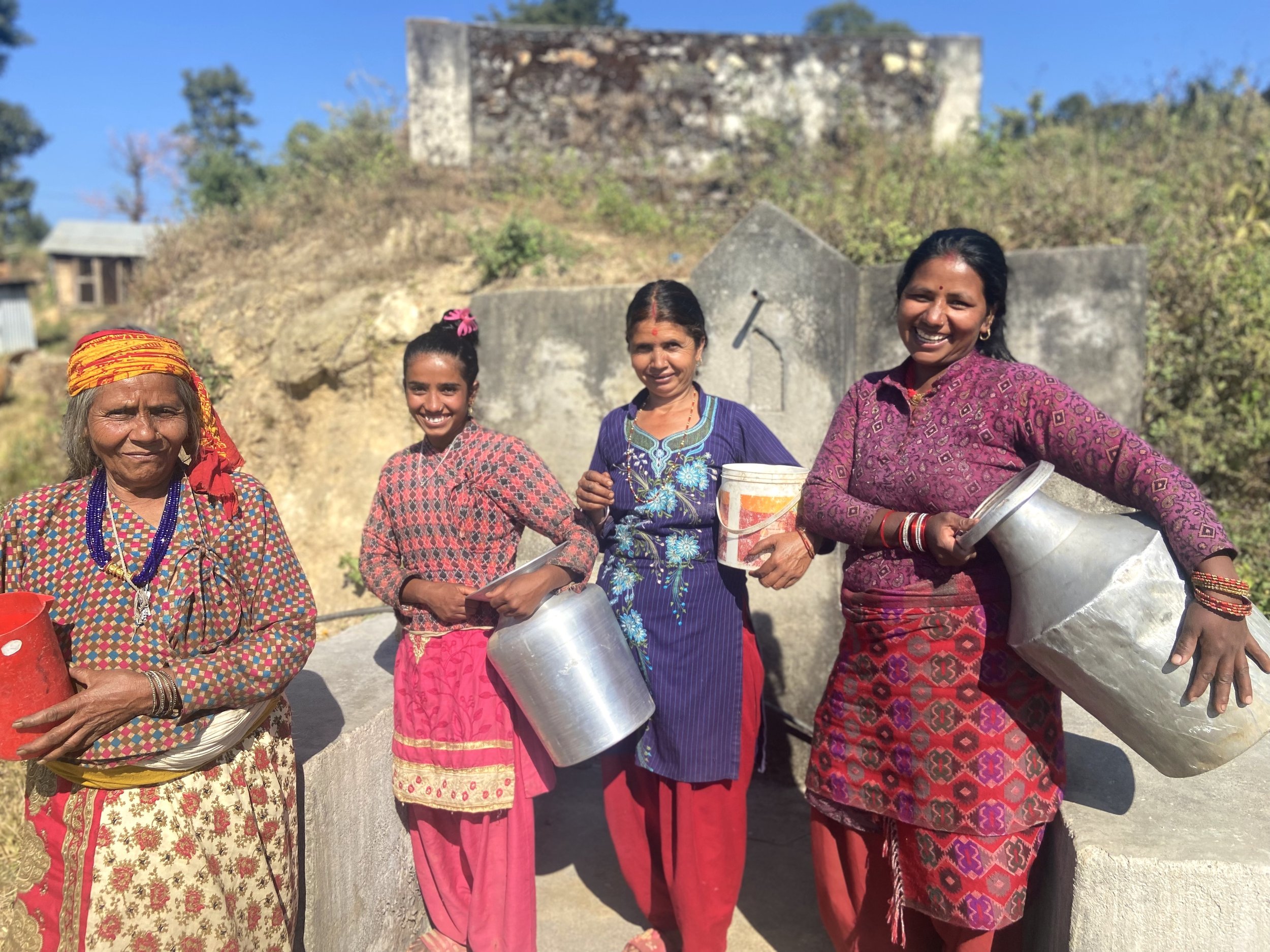
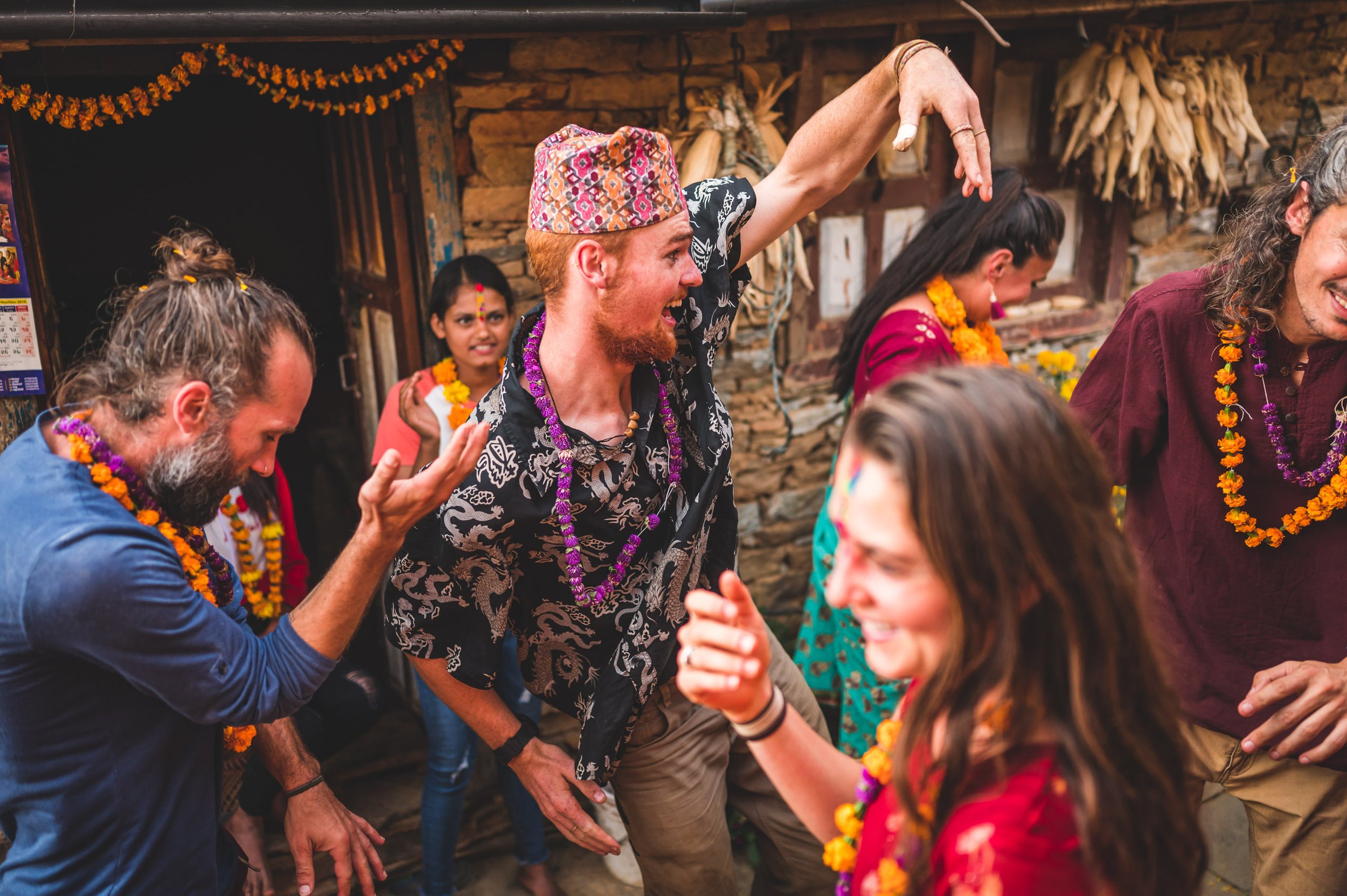
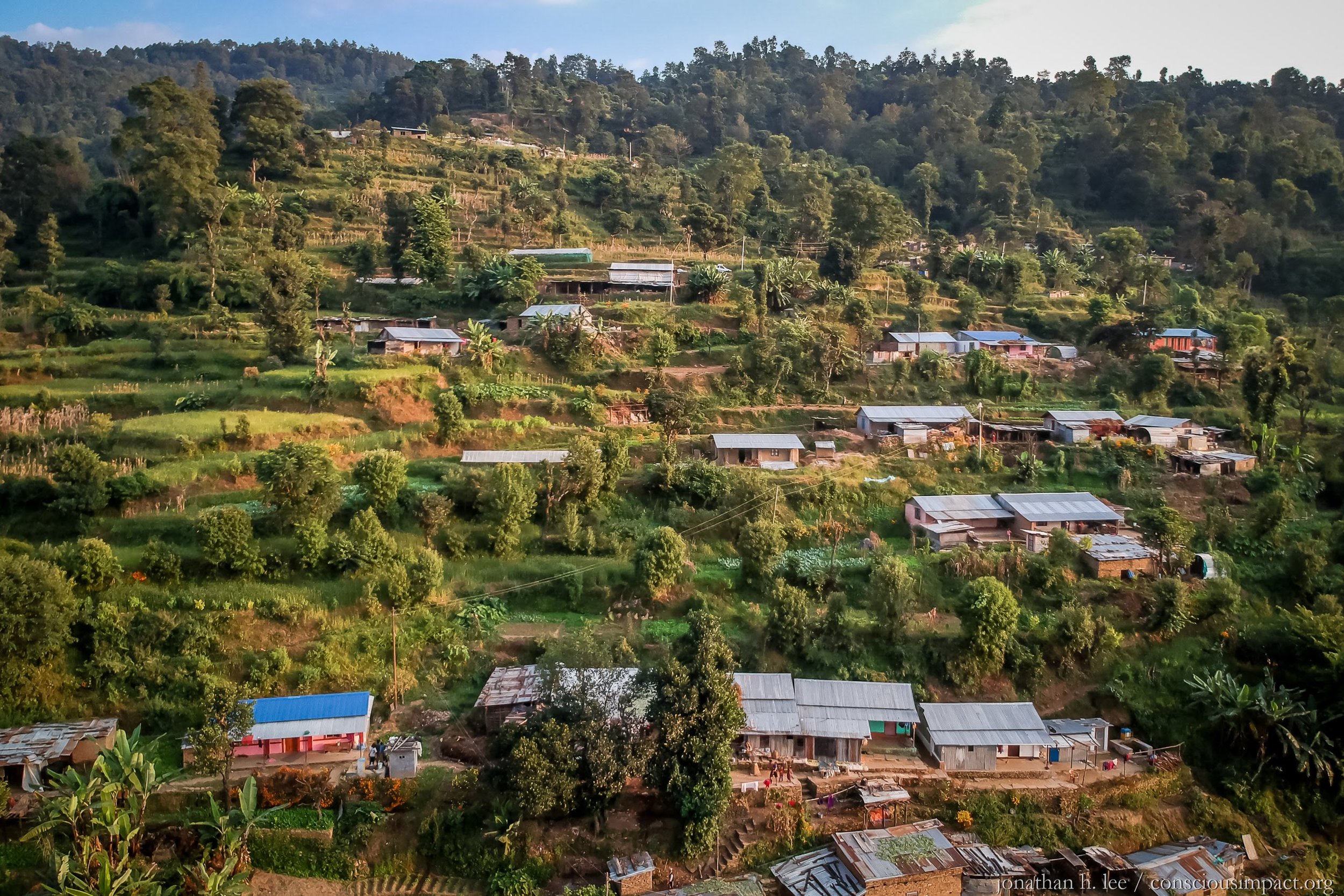
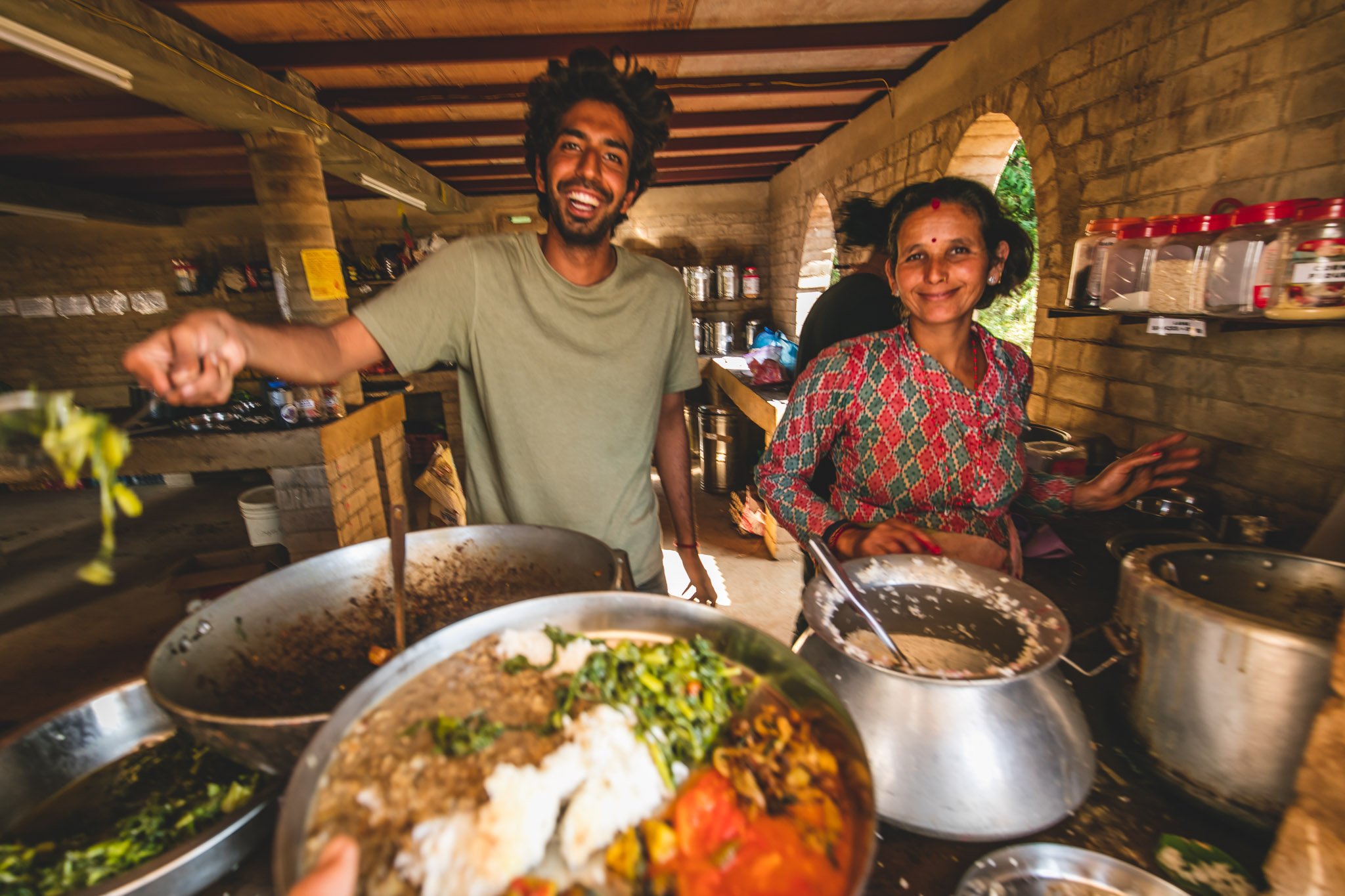
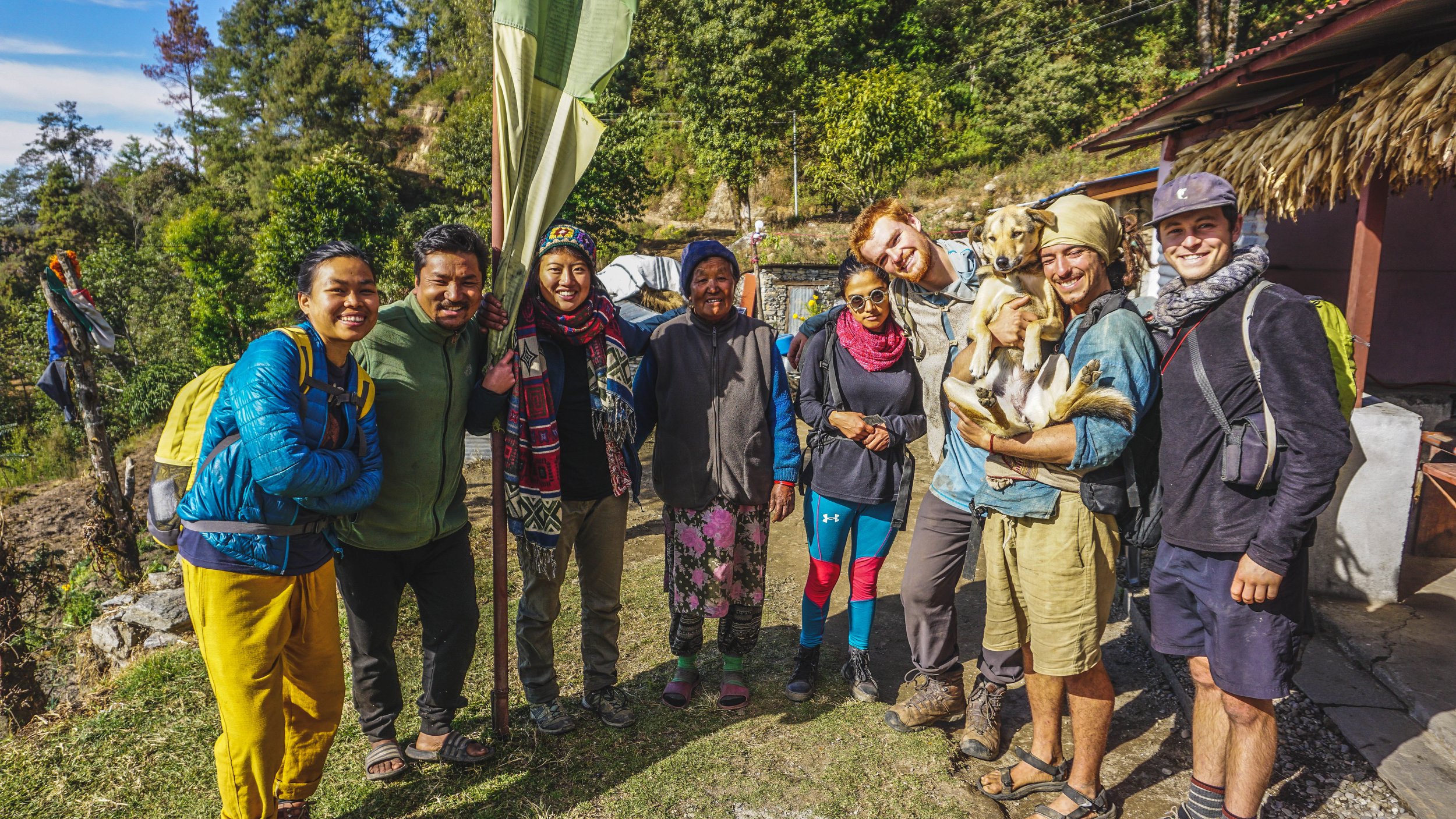
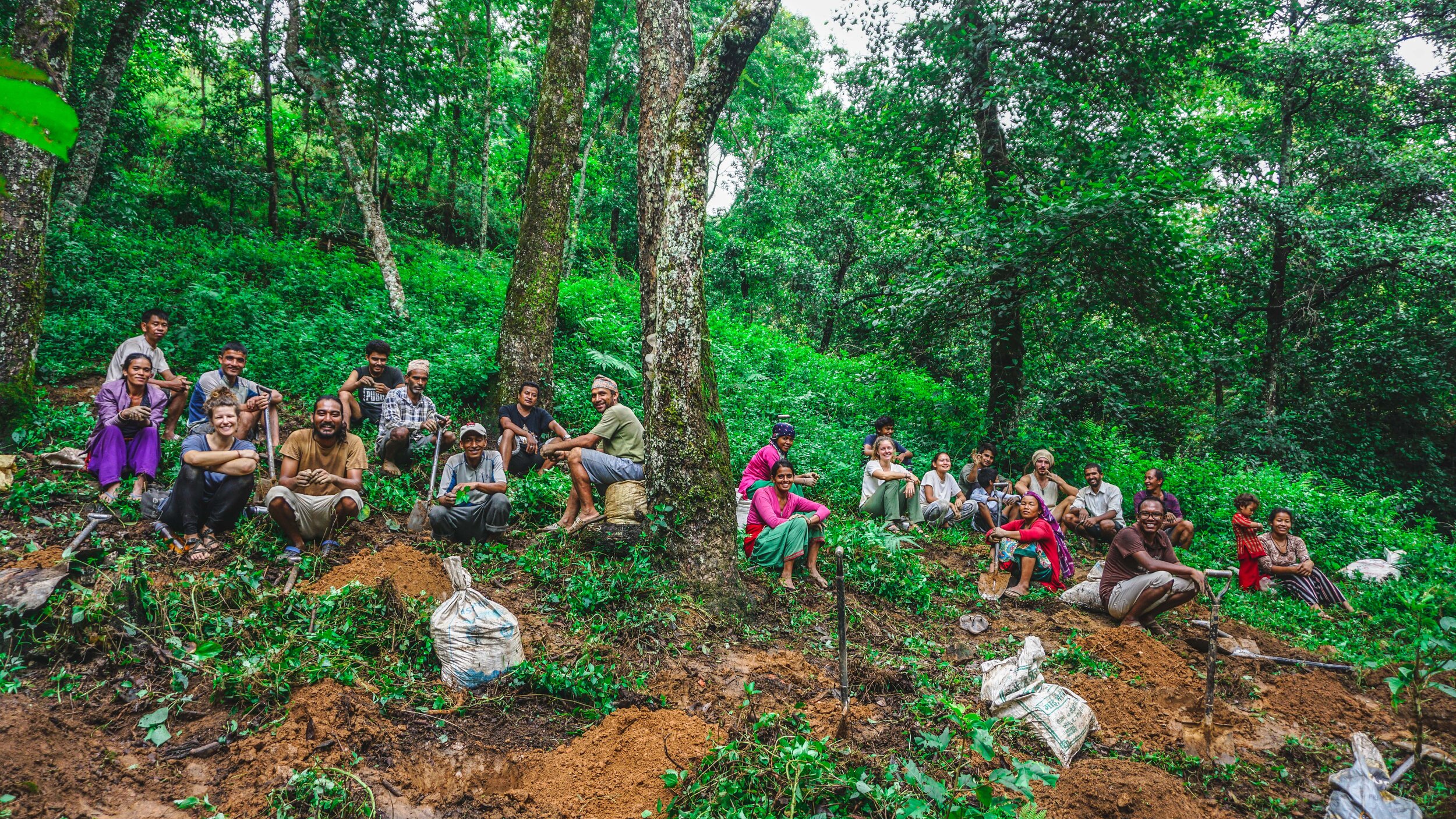
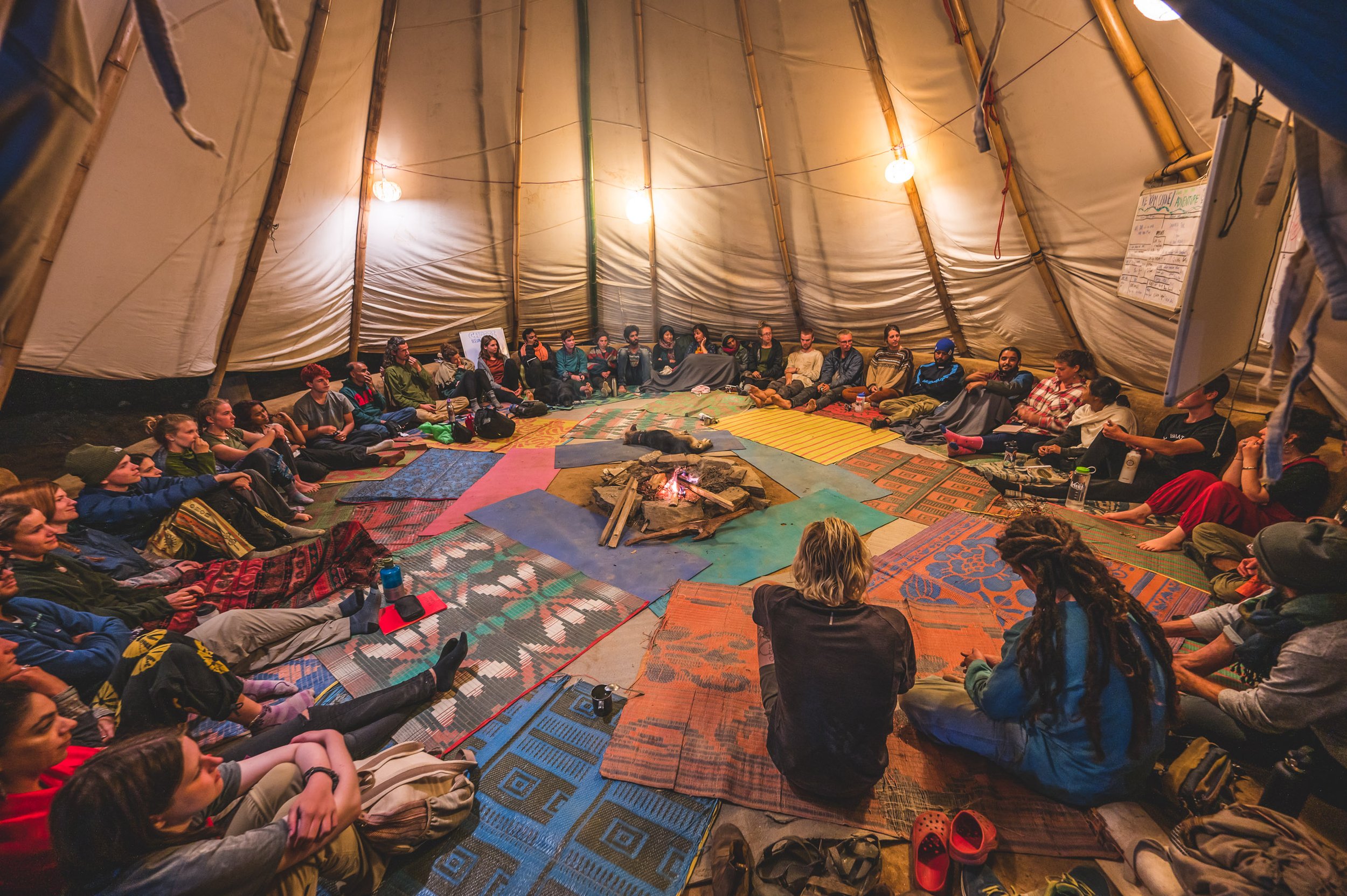
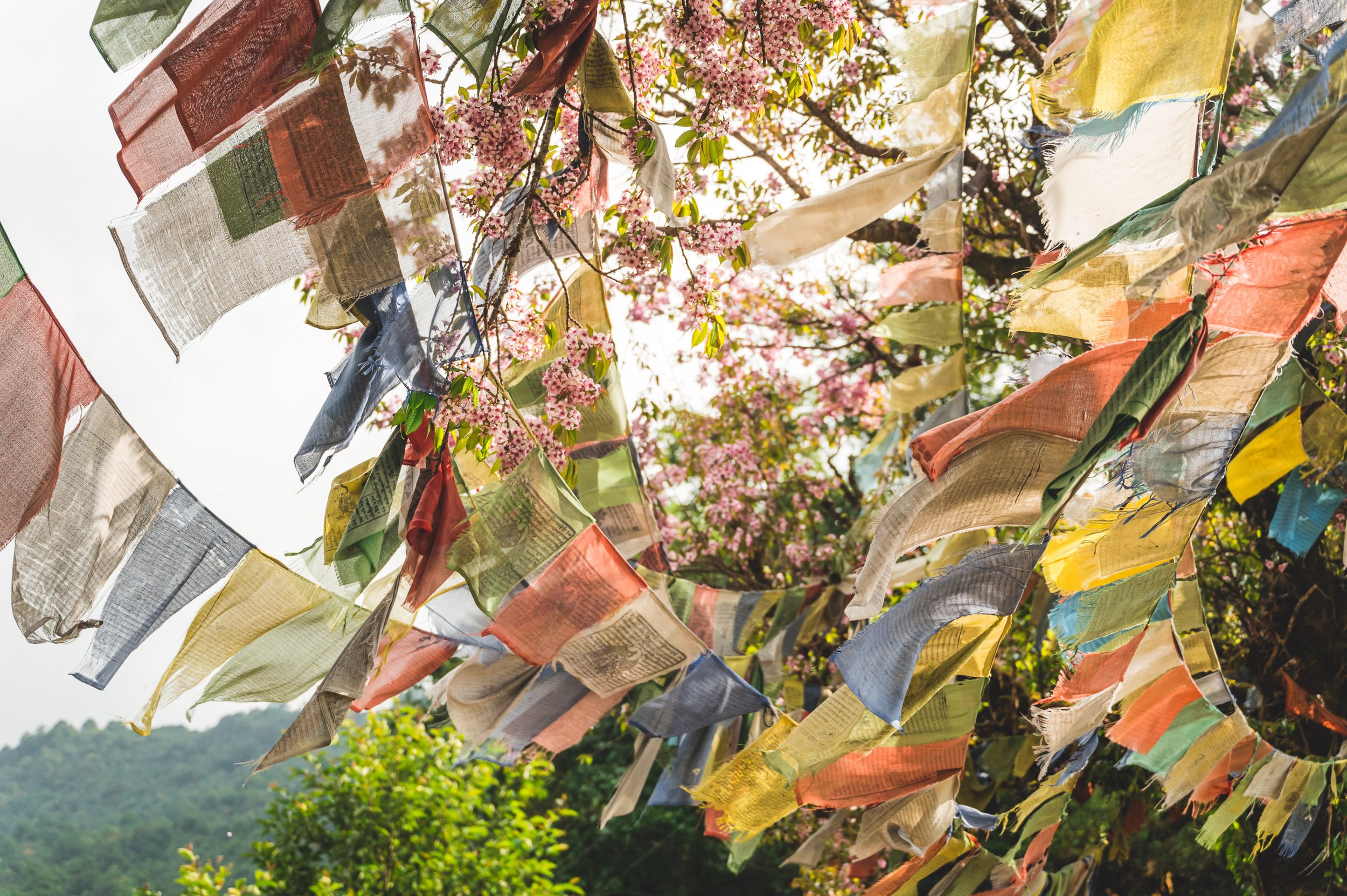




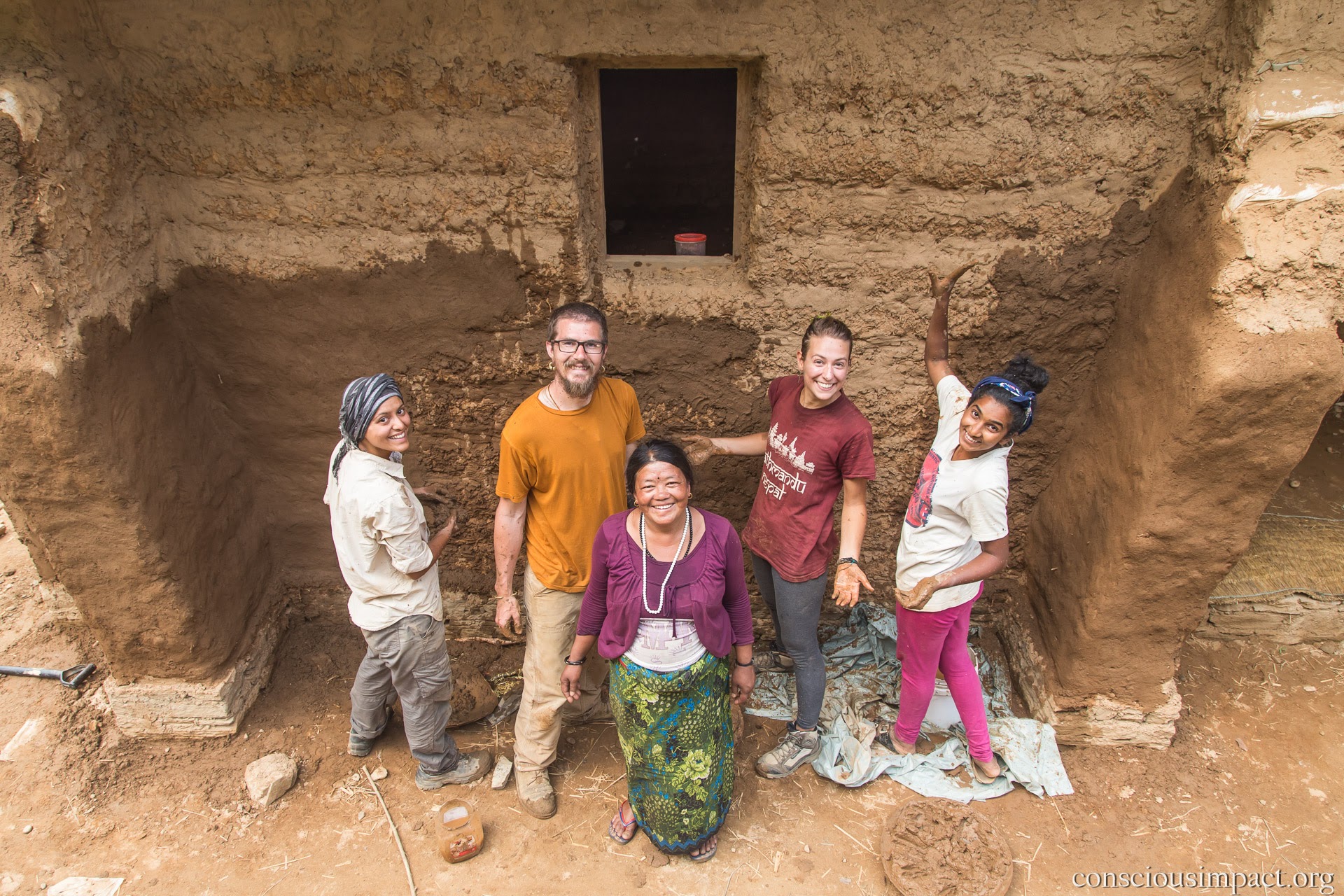
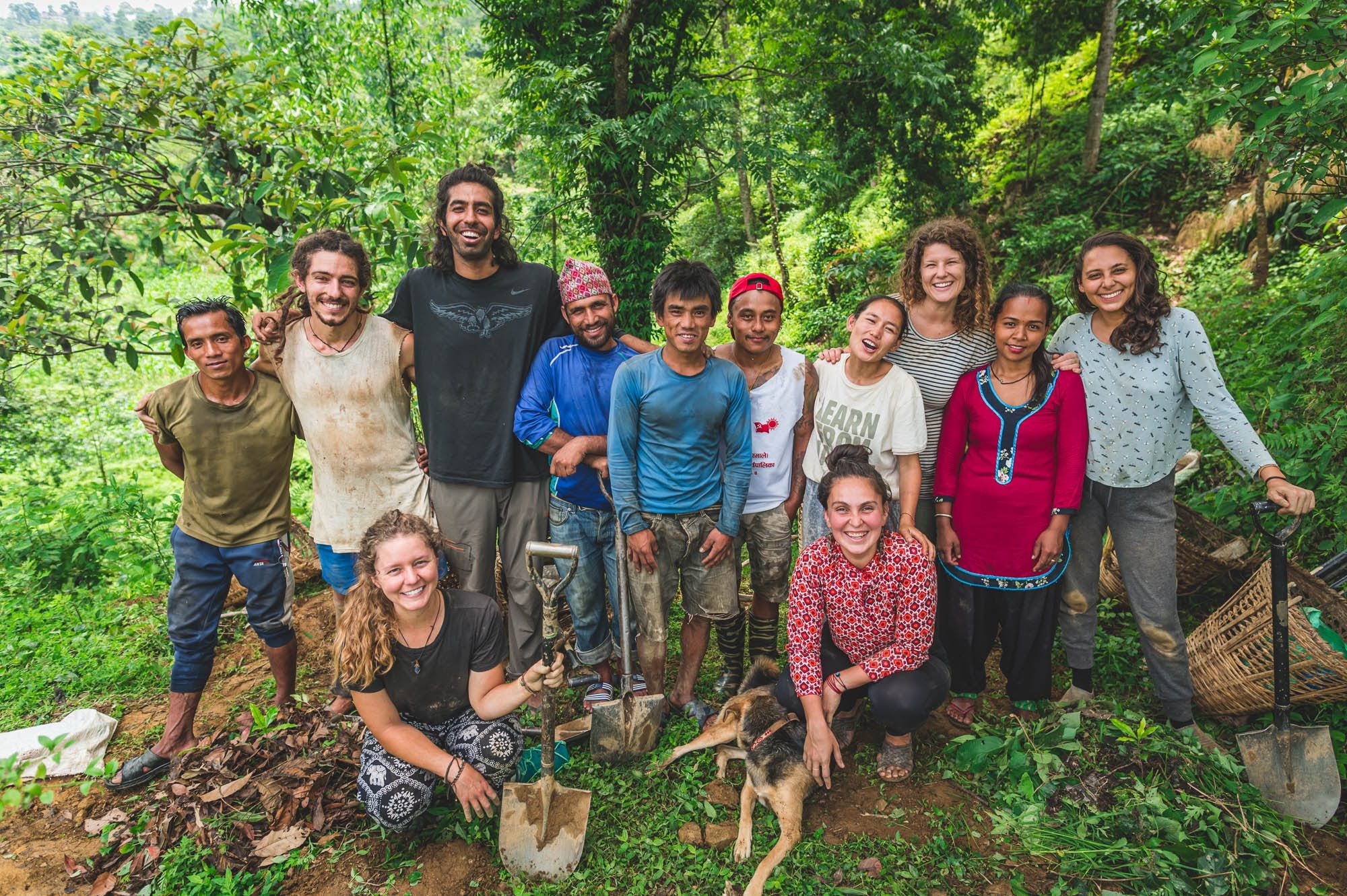

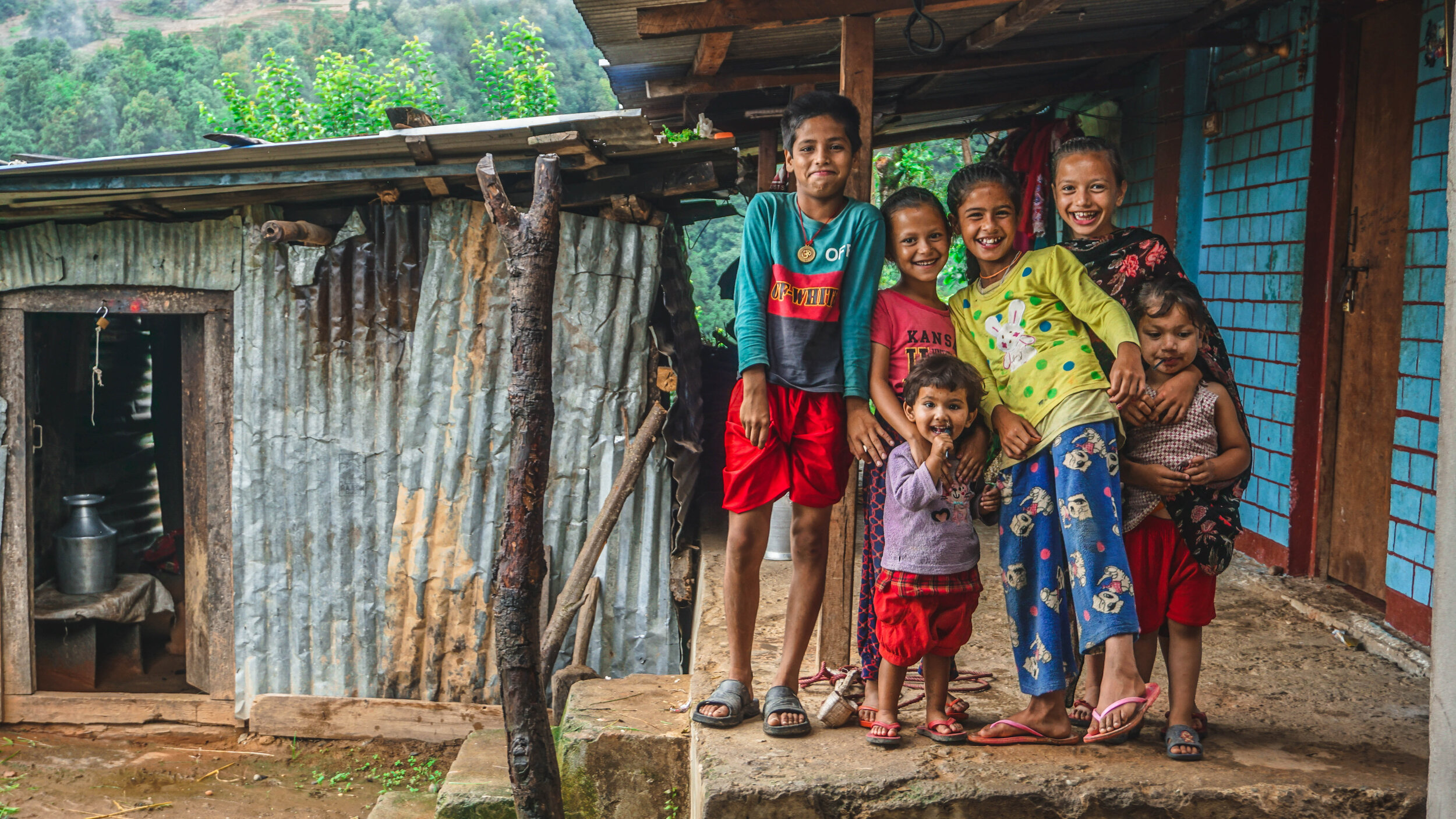
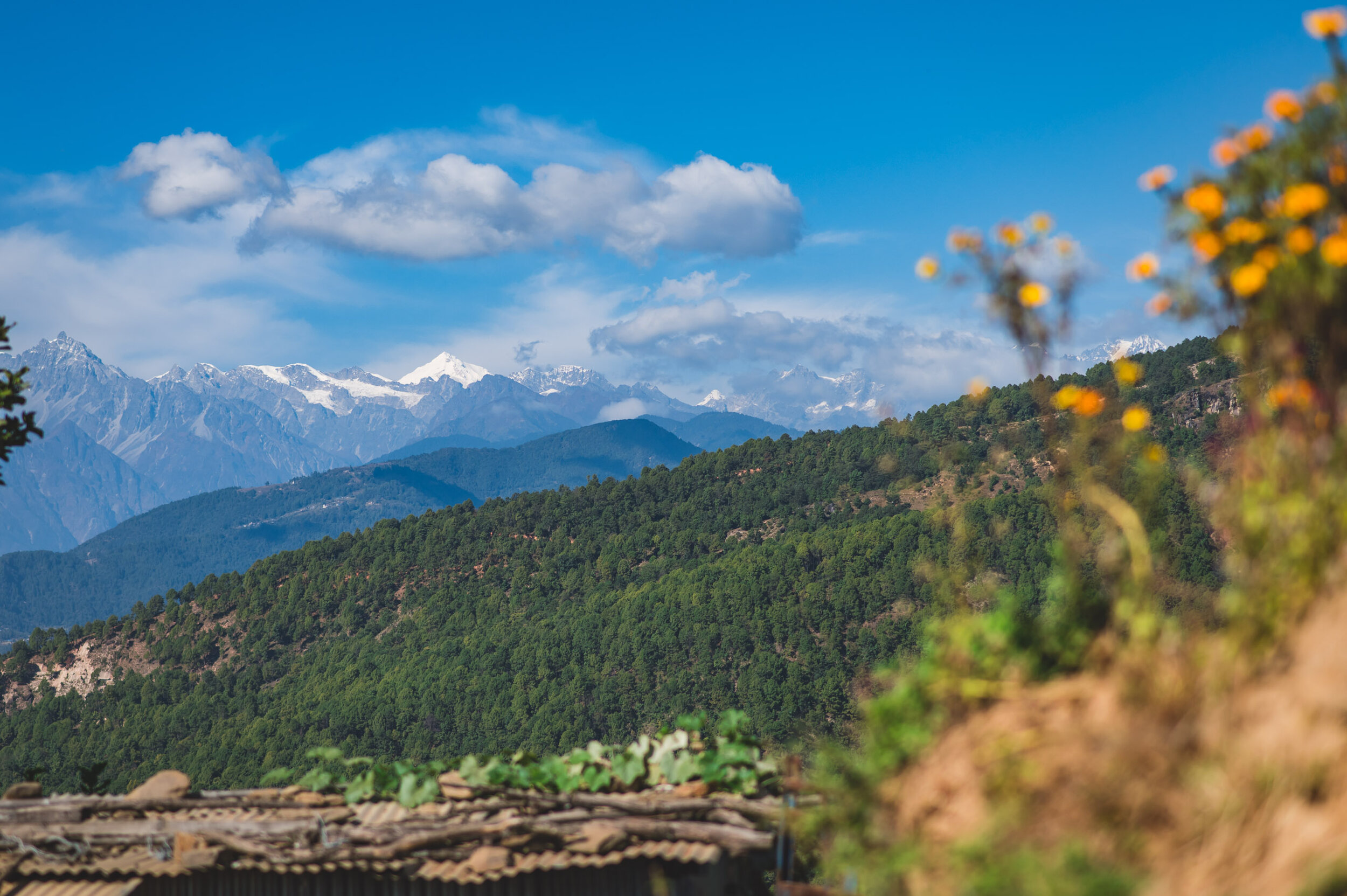
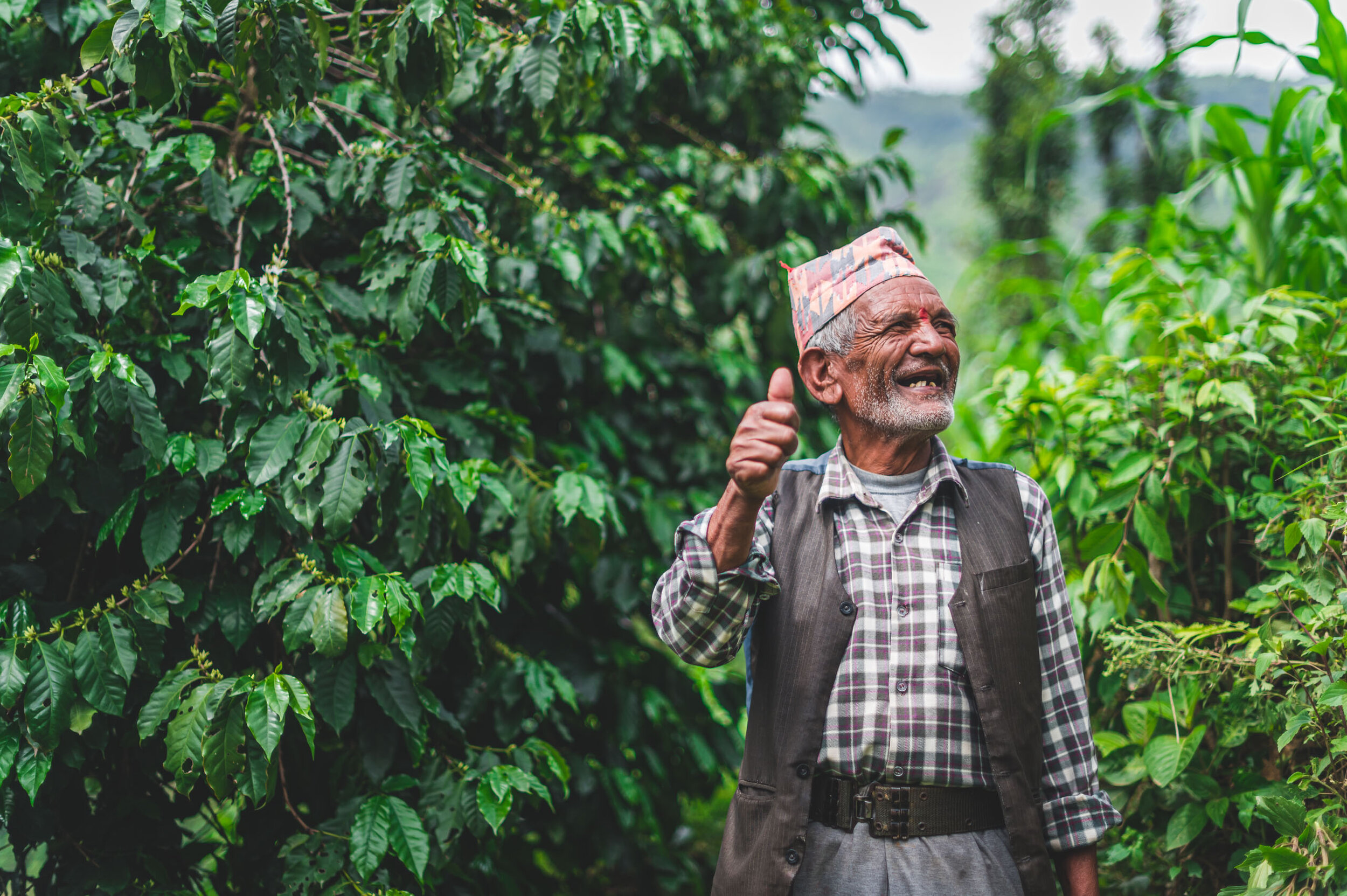
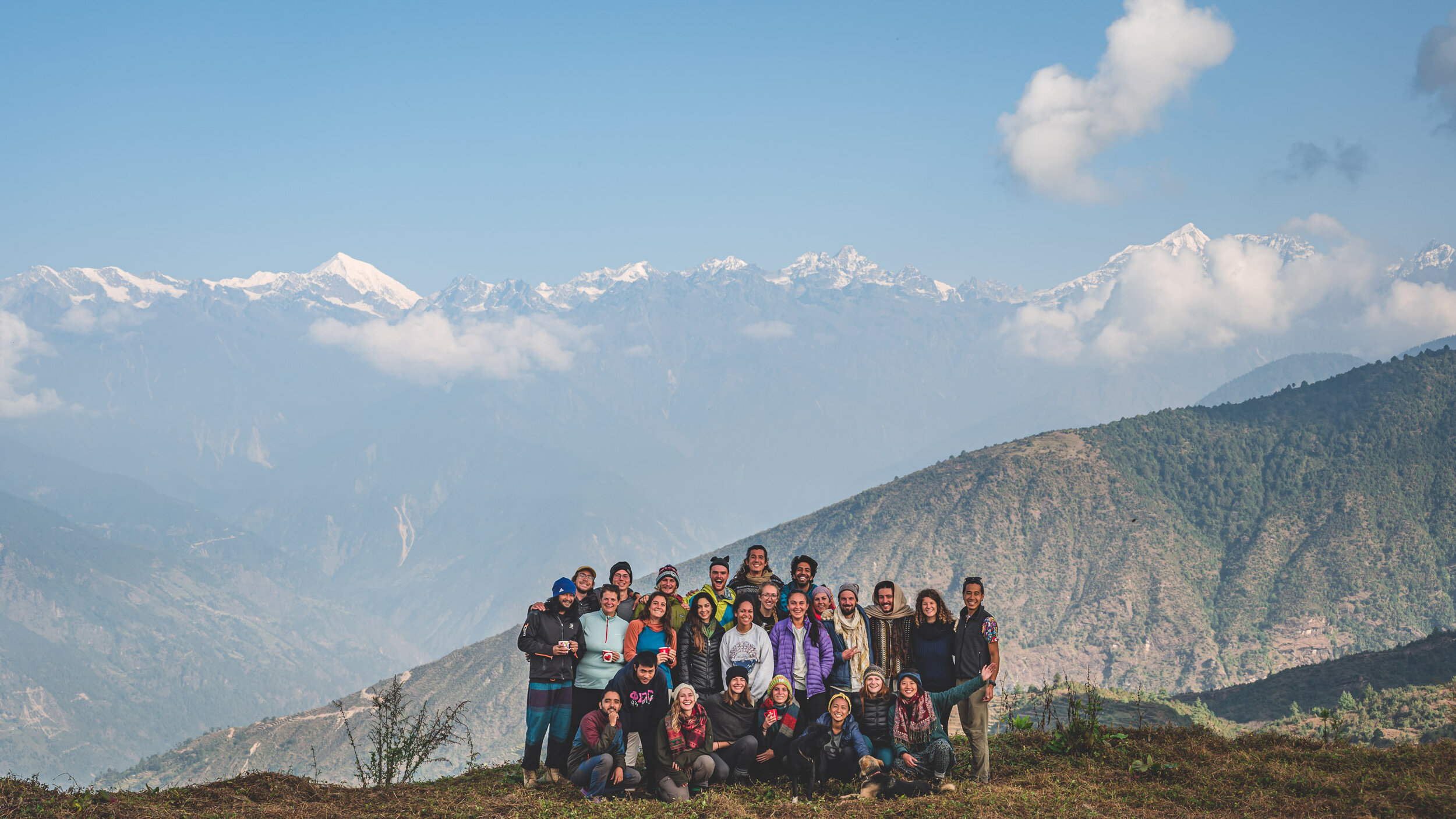
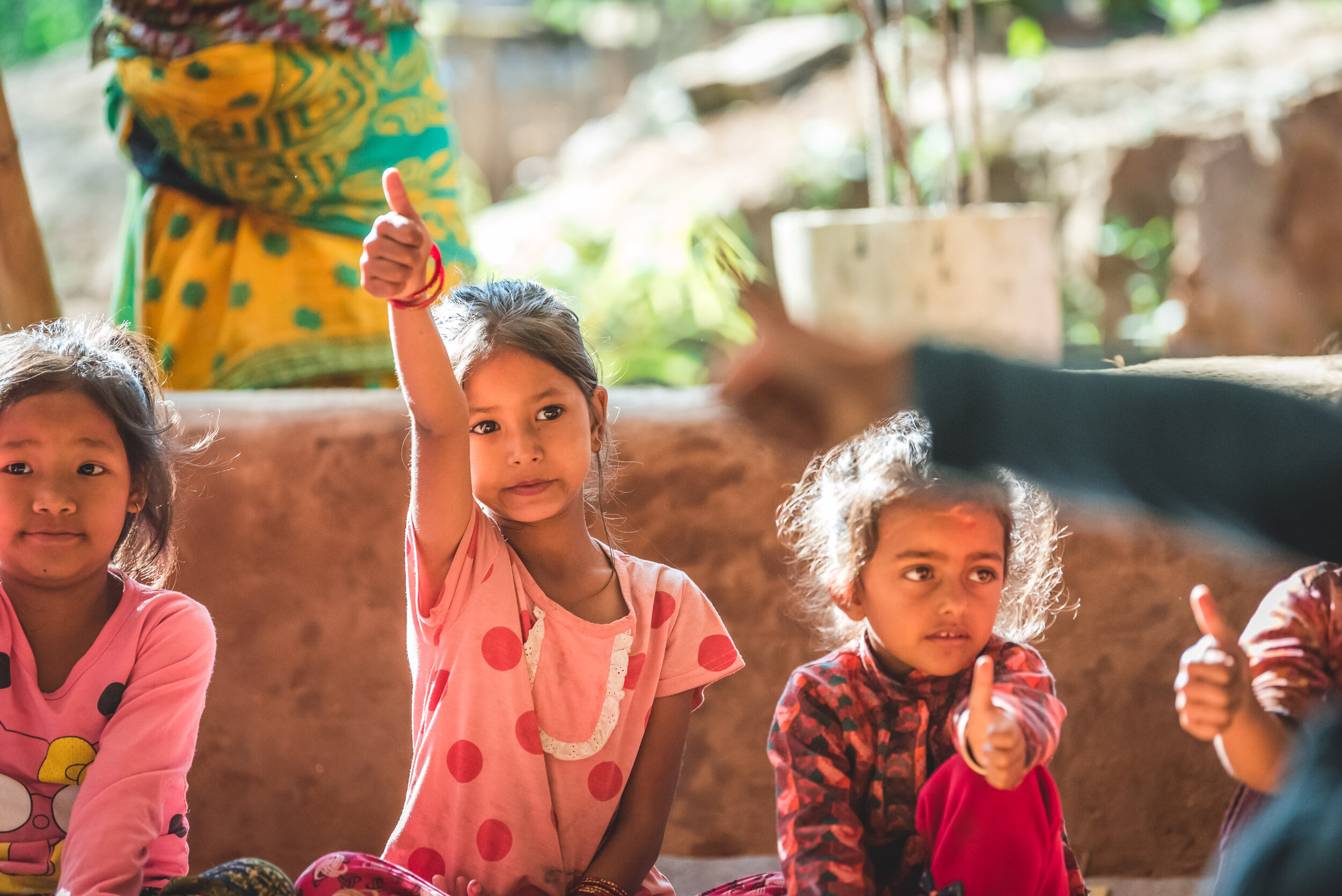
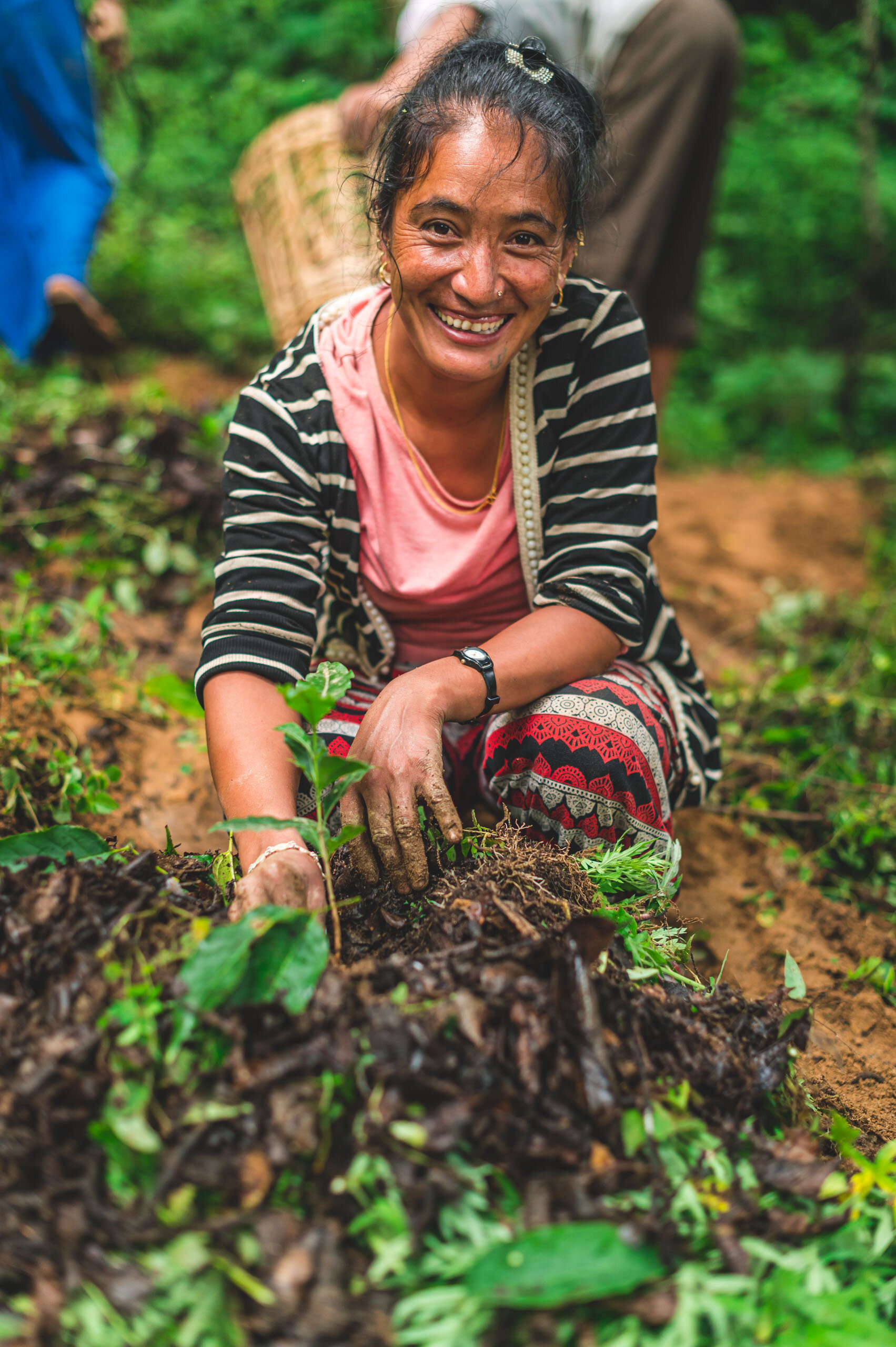
![CI_Season2_Dec31-Mar14_[web]-361.jpg](https://images.squarespace-cdn.com/content/v1/5797b9f7d1758e16806f3d41/1611032781316-357QR501P5MBK3B6YTR8/CI_Season2_Dec31-Mar14_%5Bweb%5D-361.jpg)
